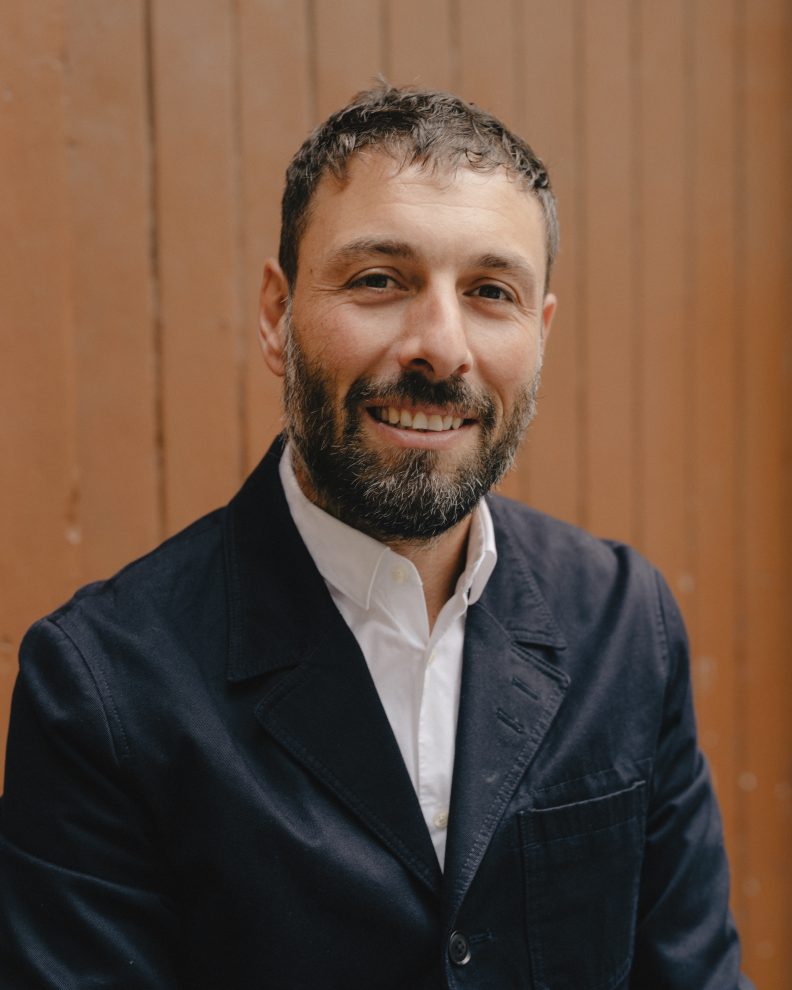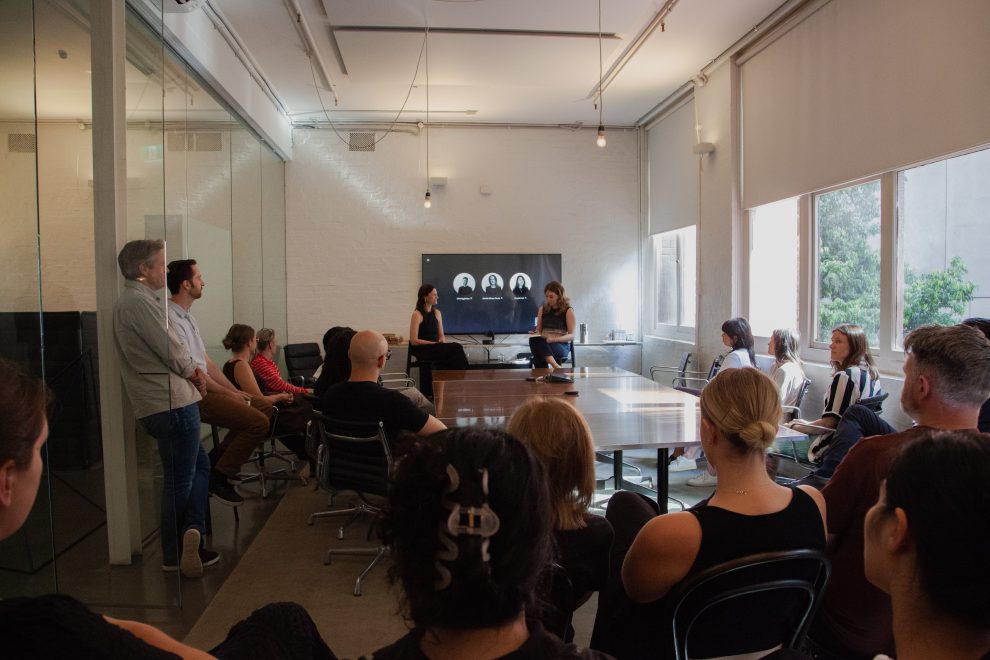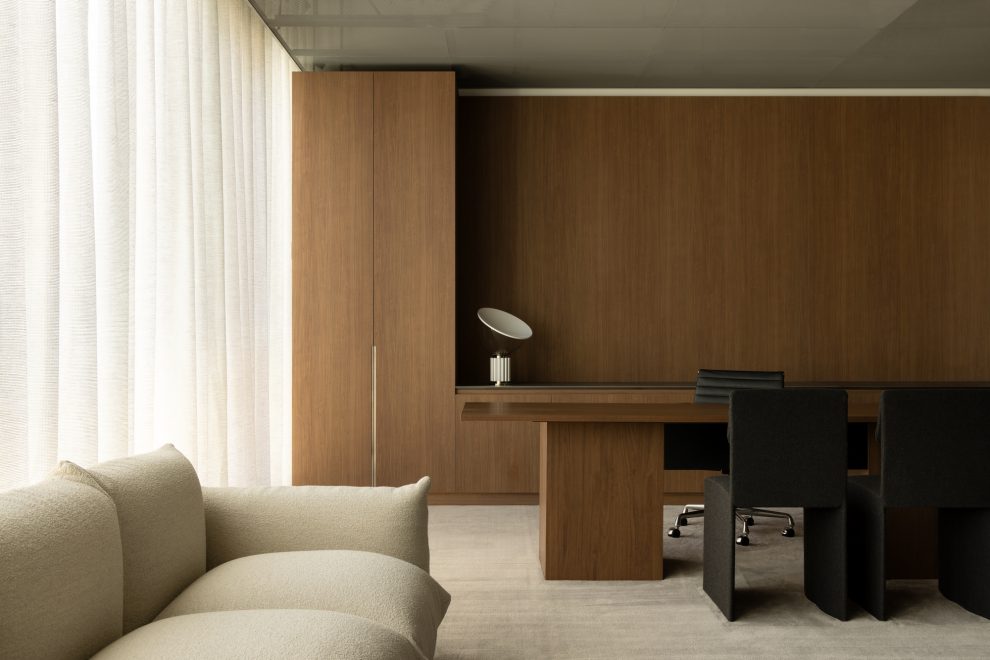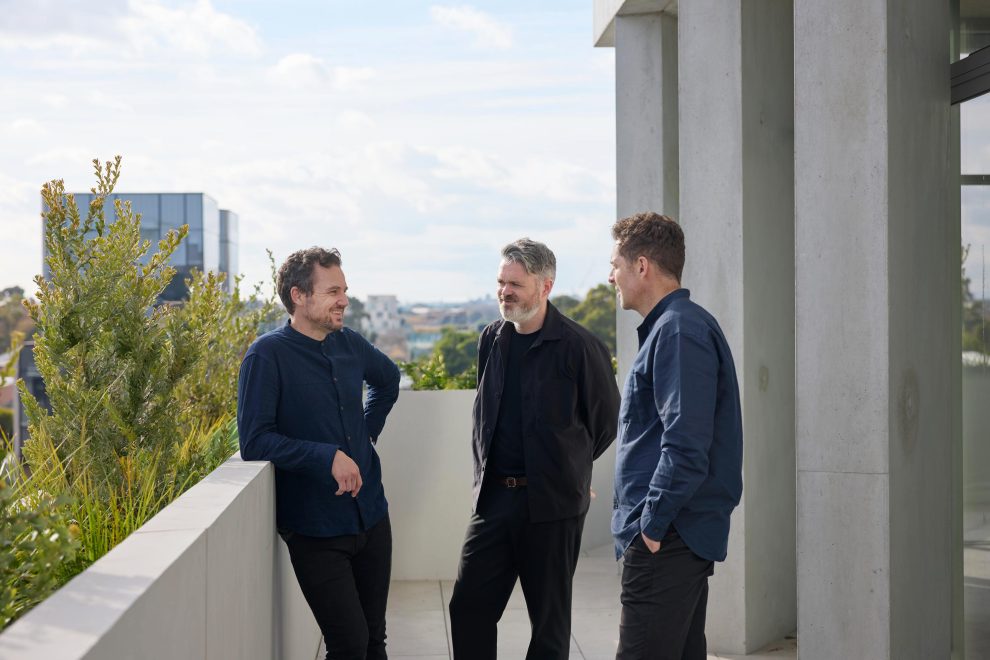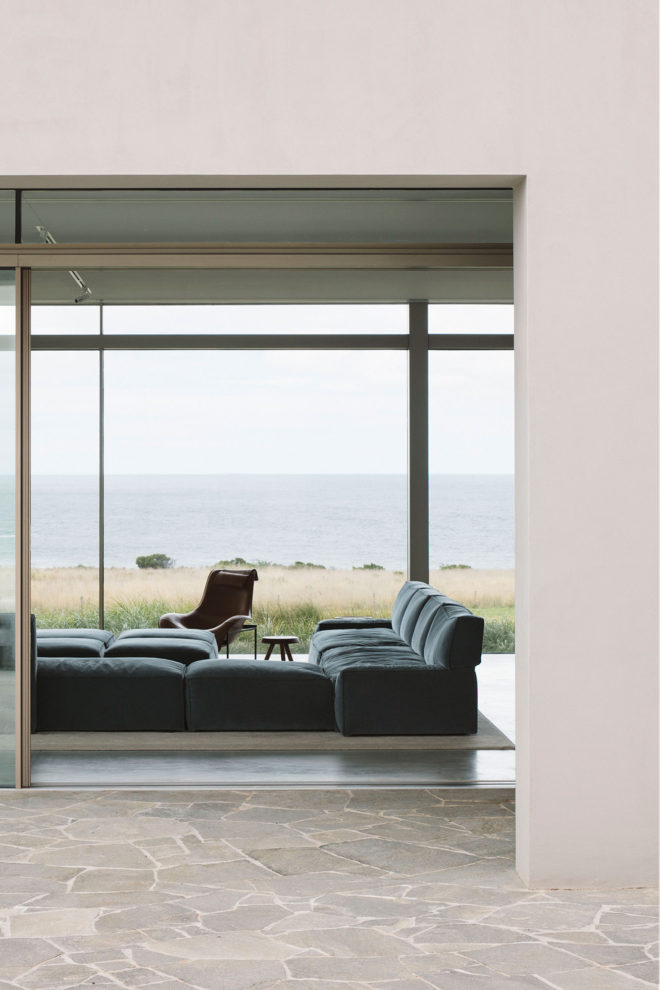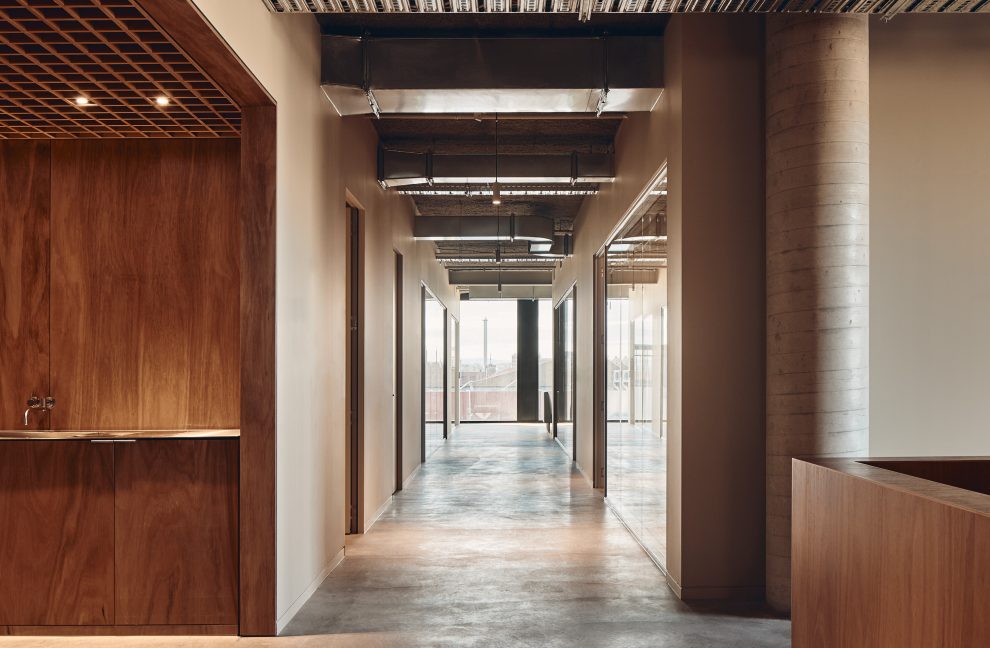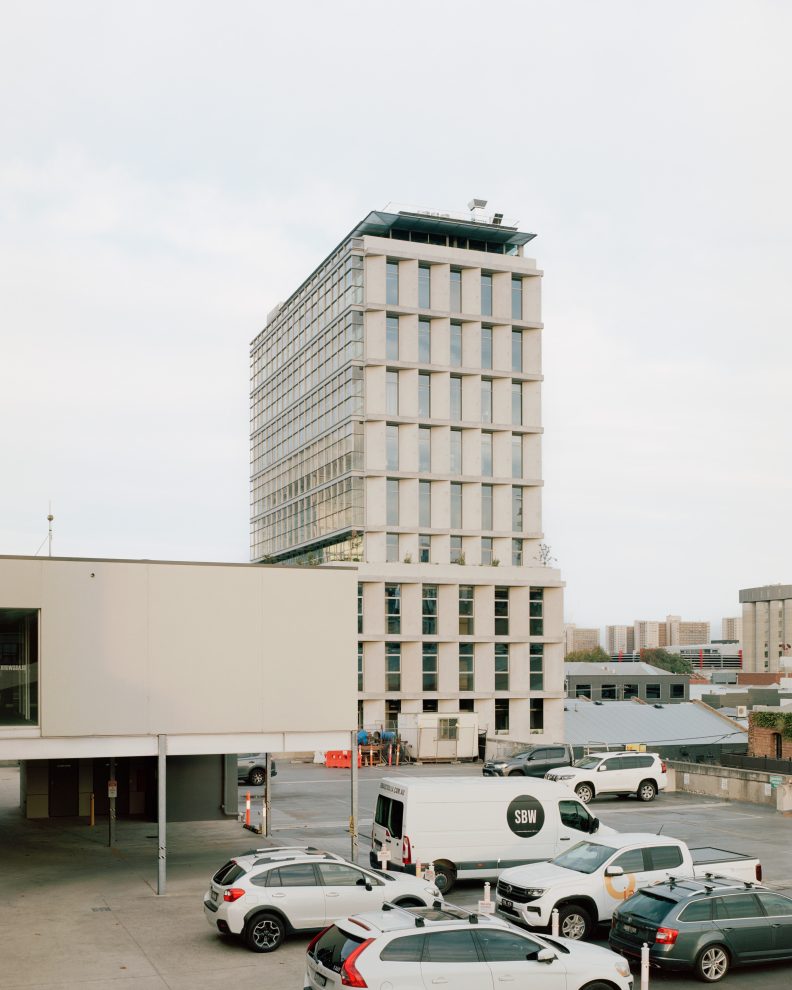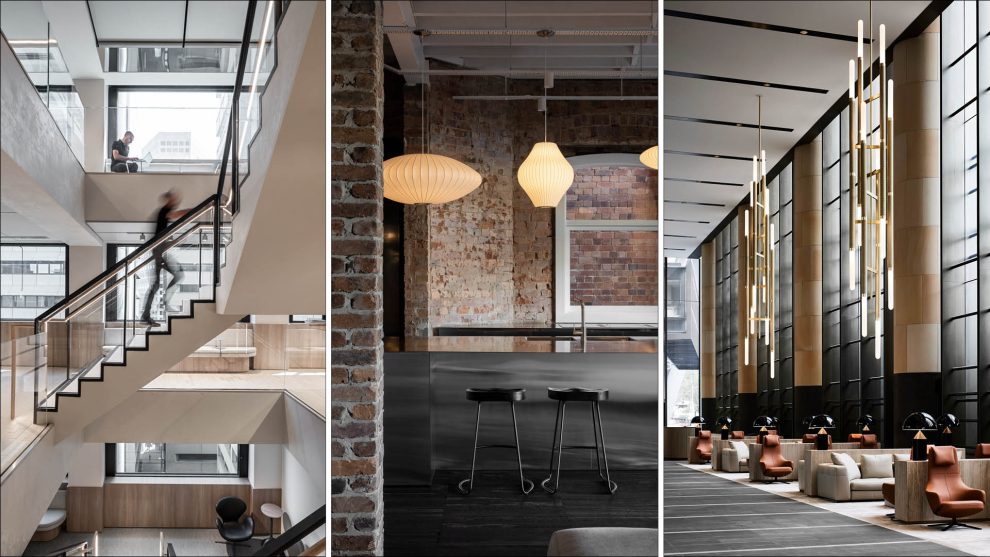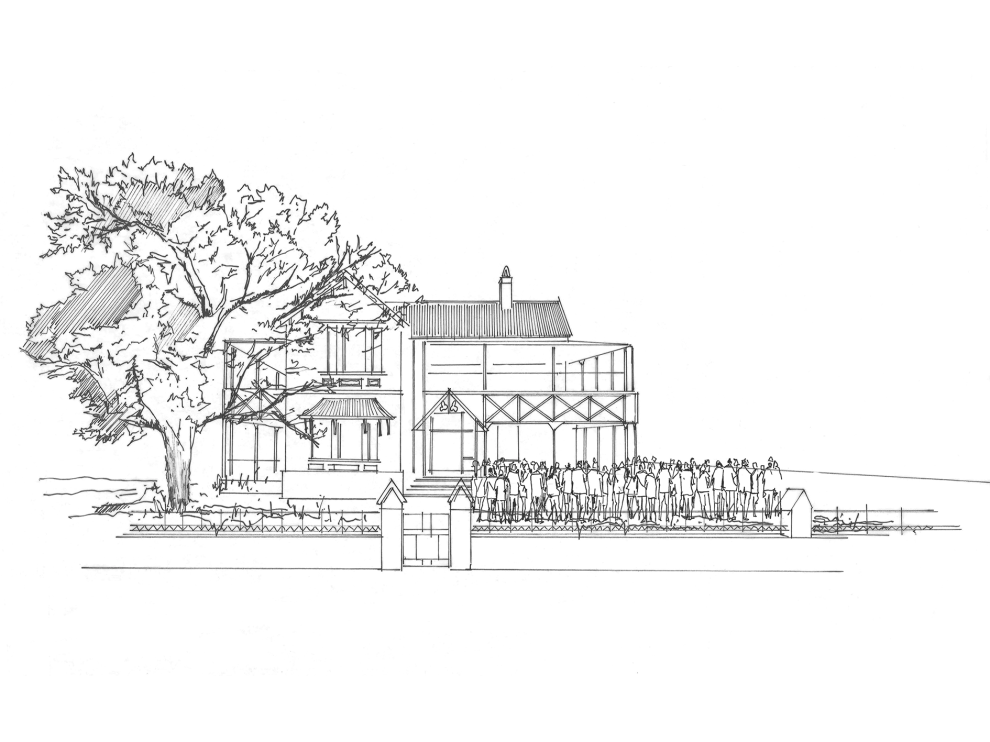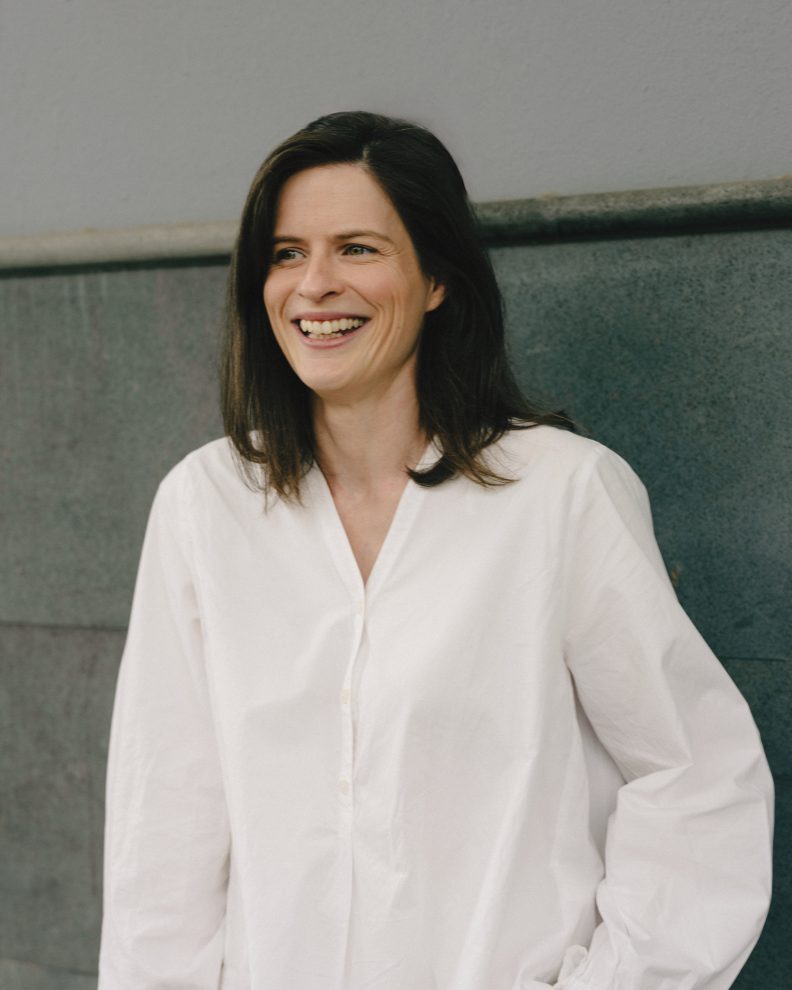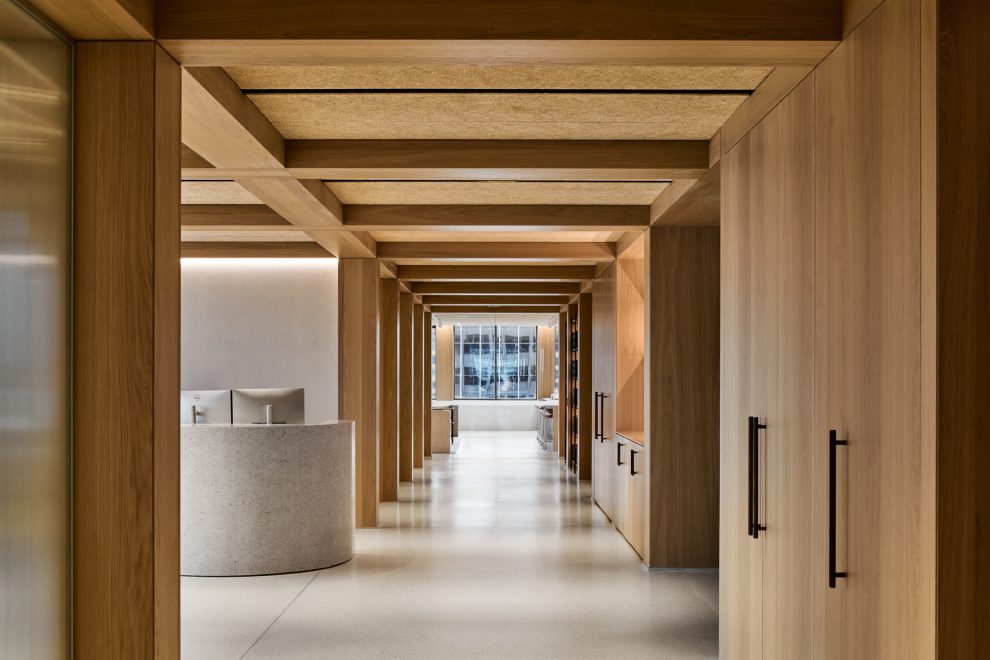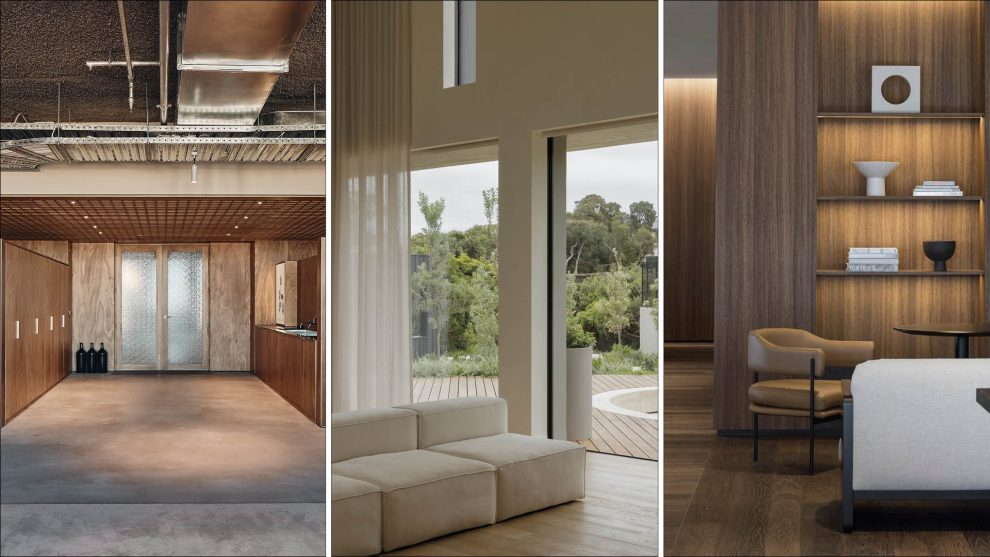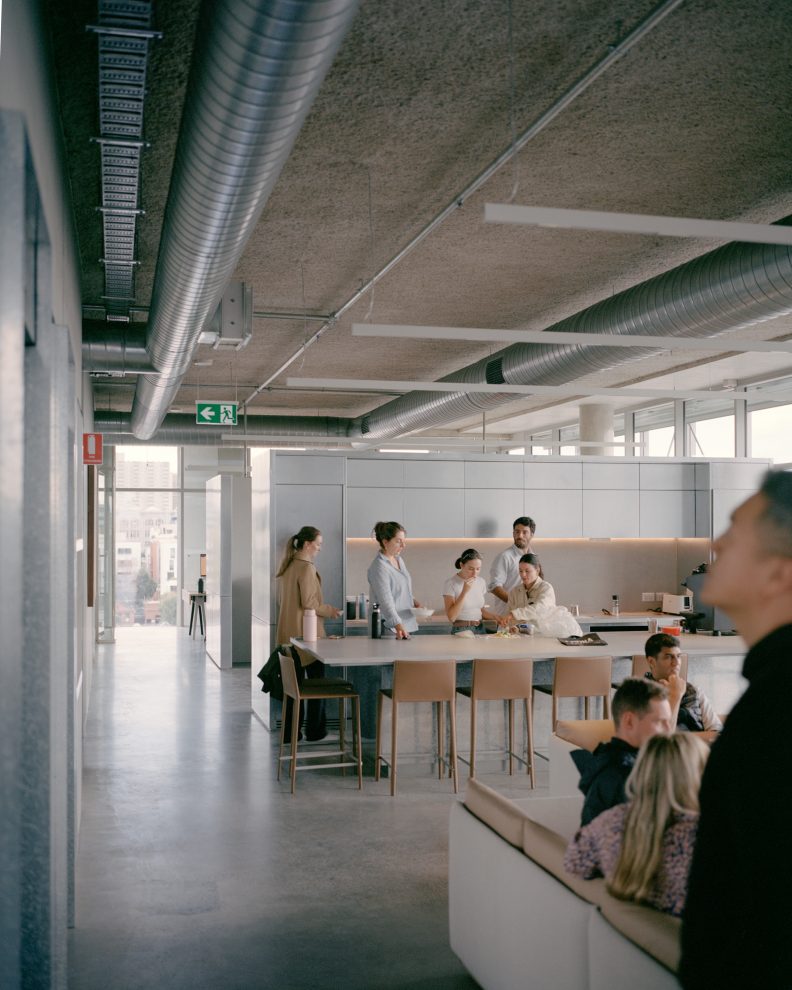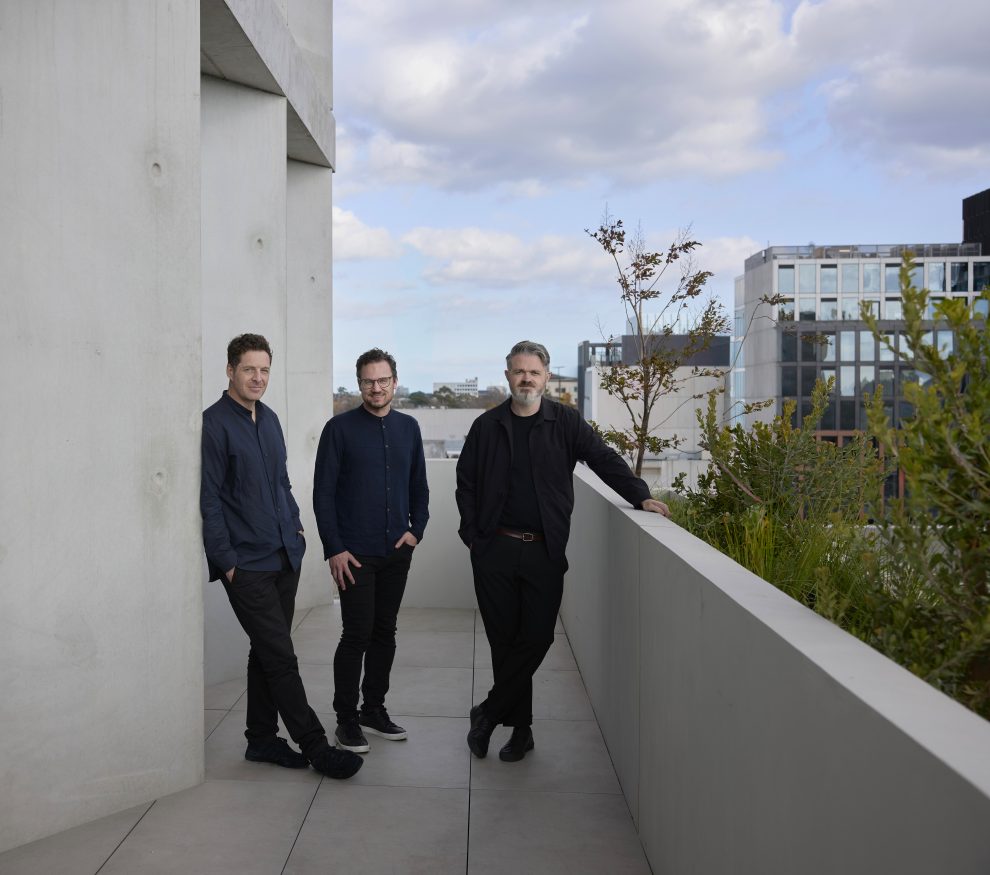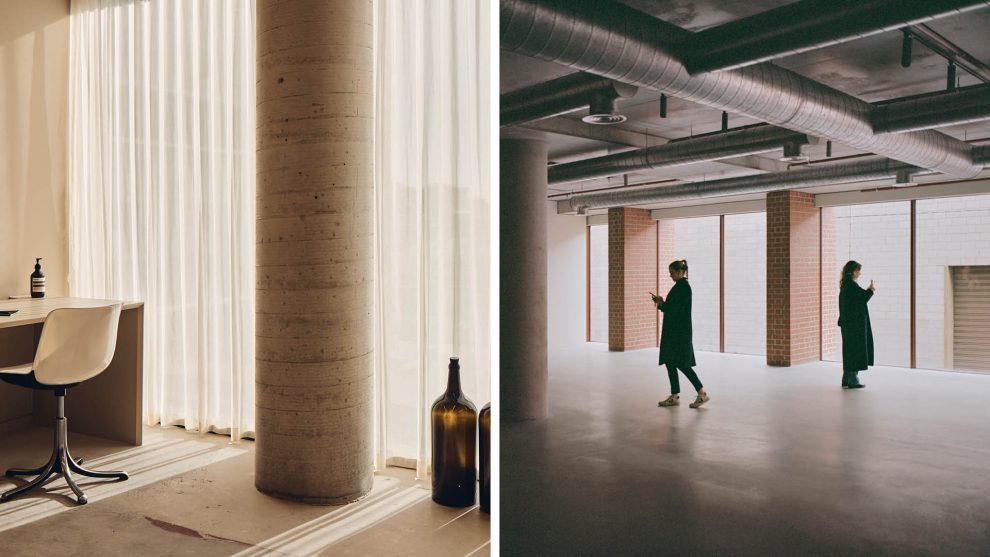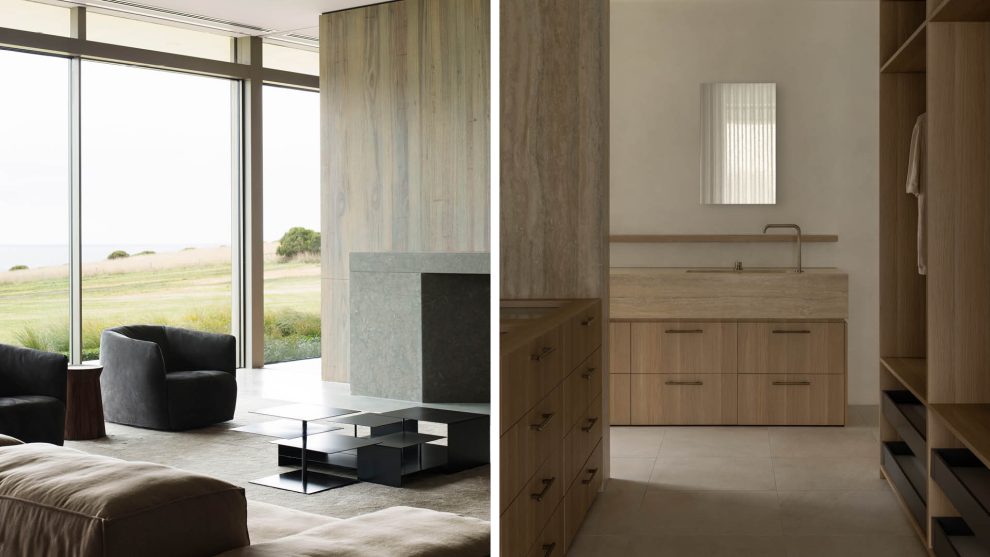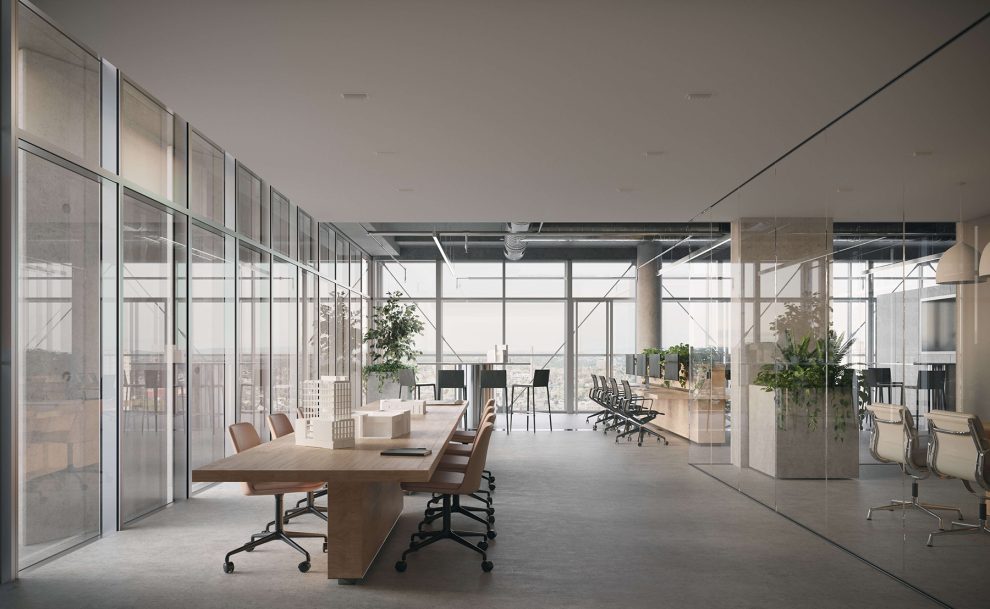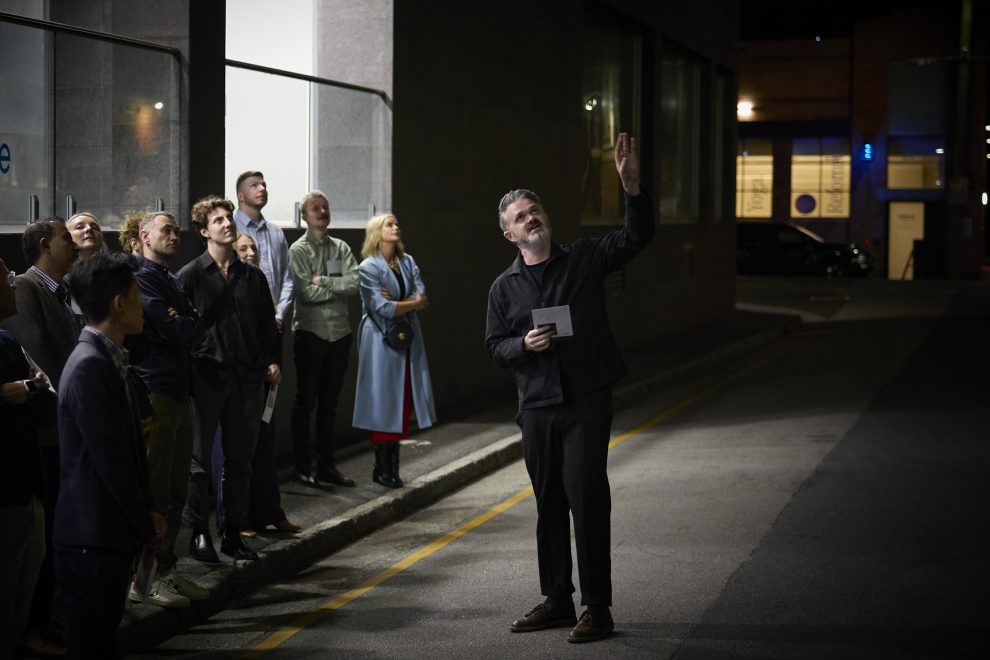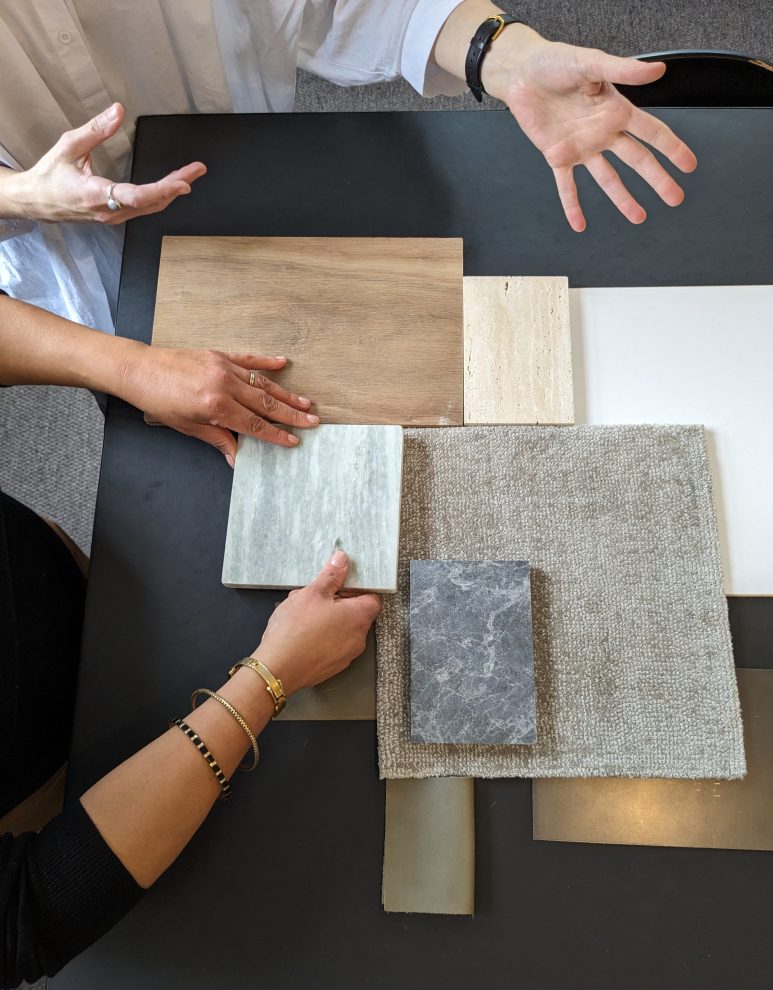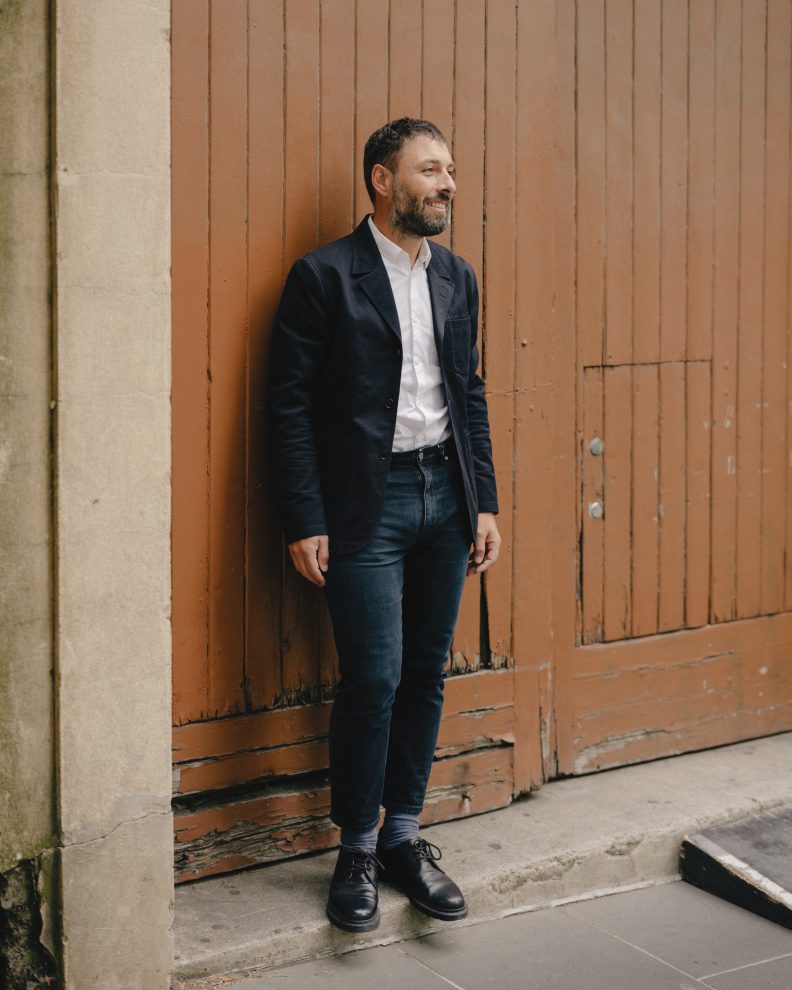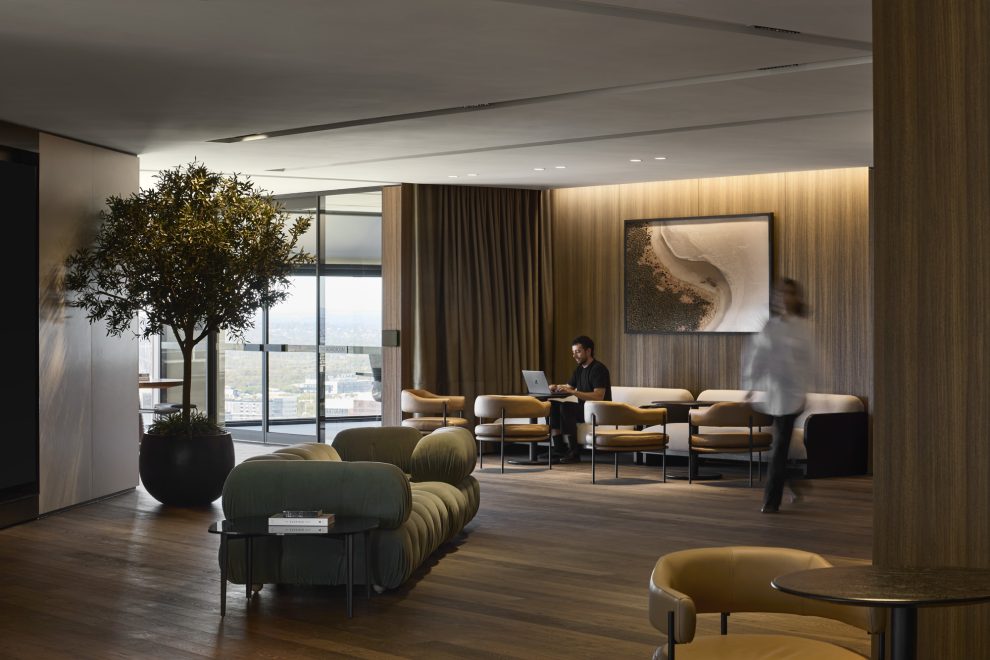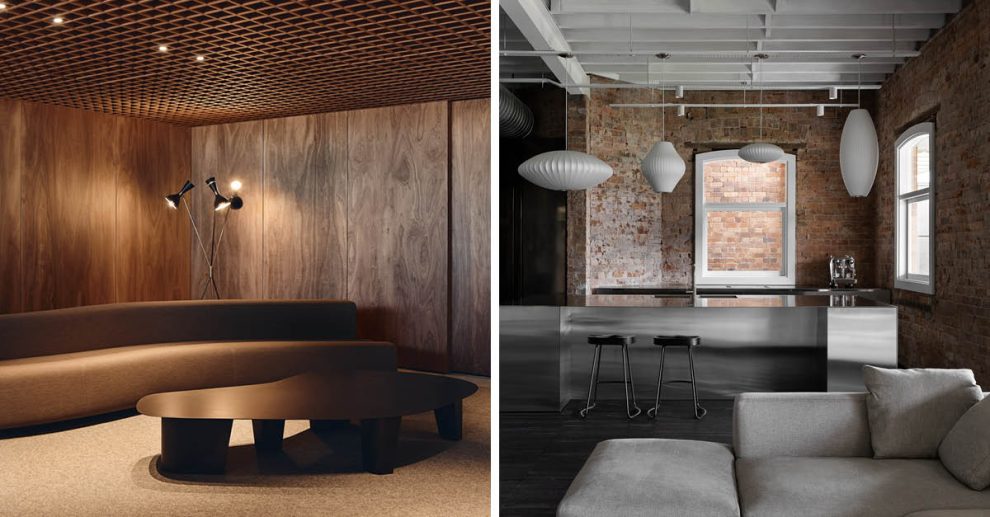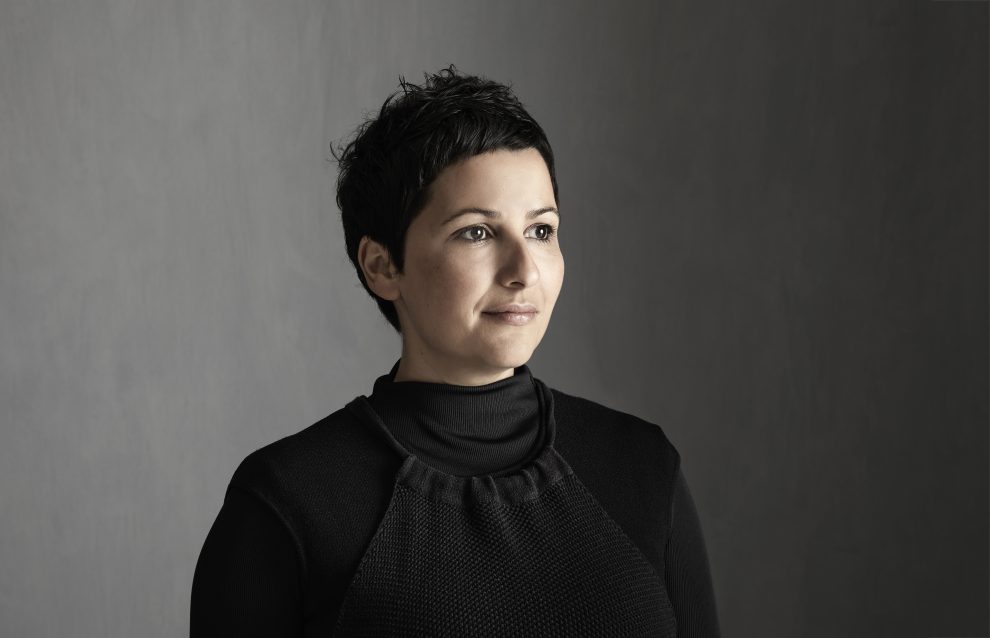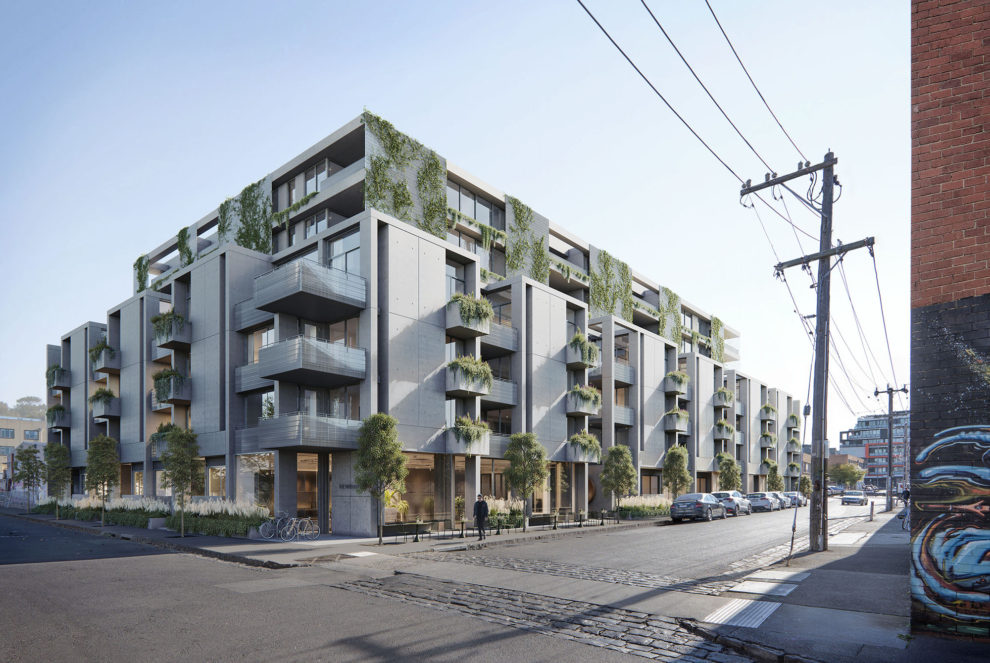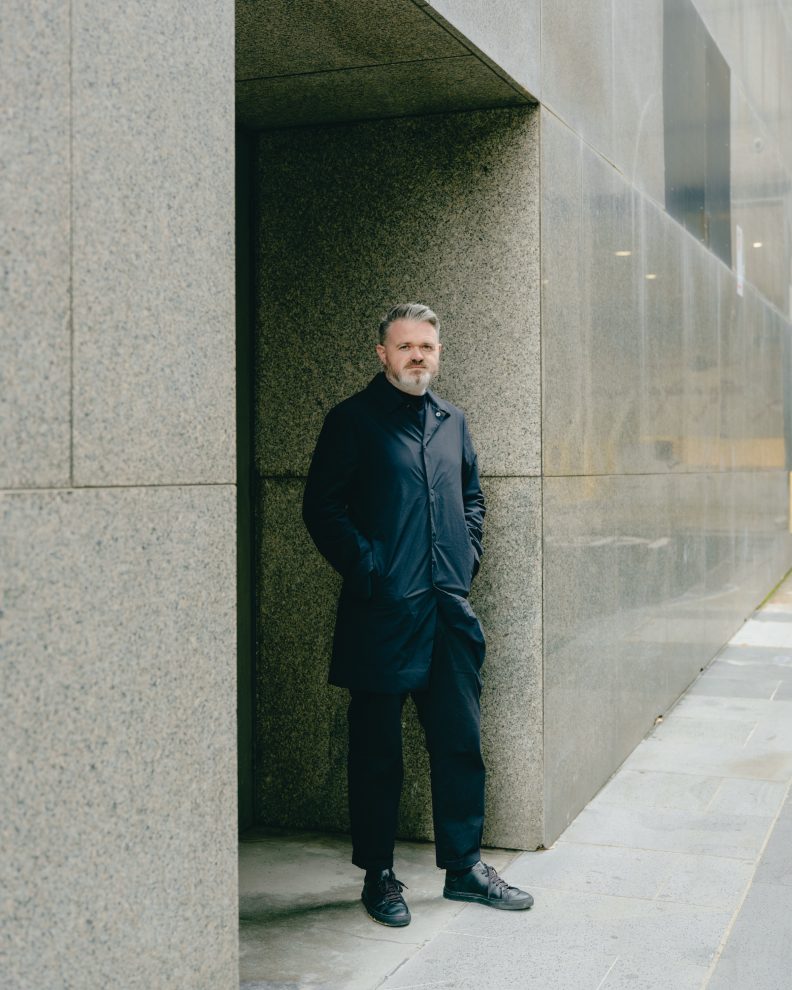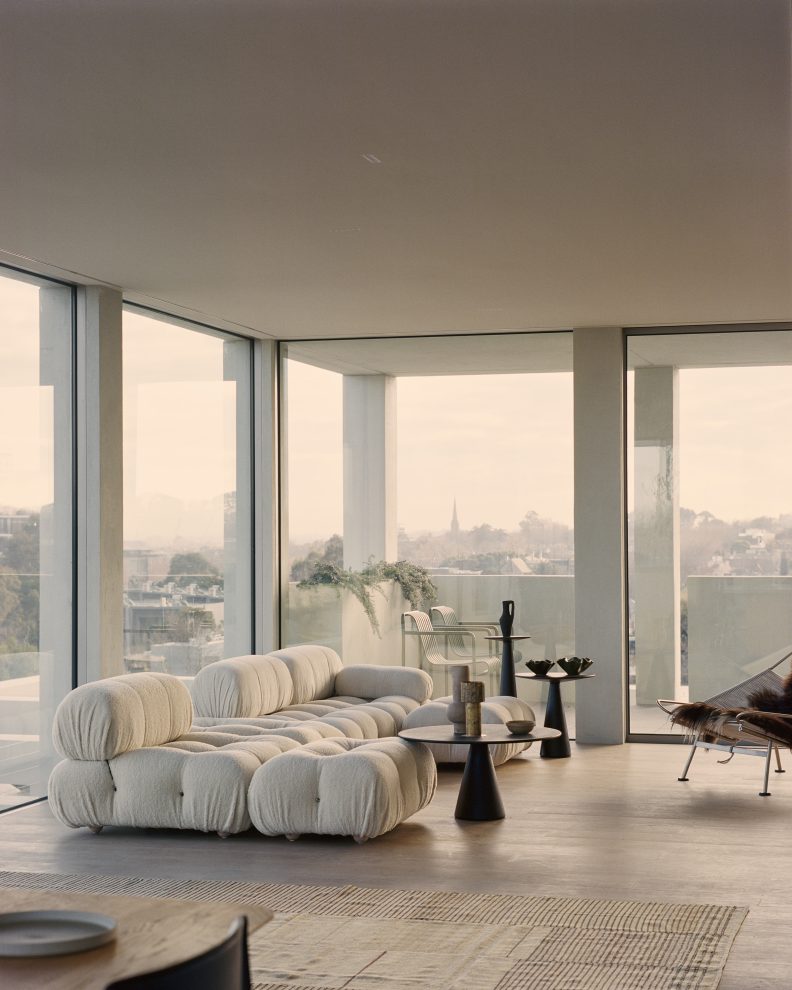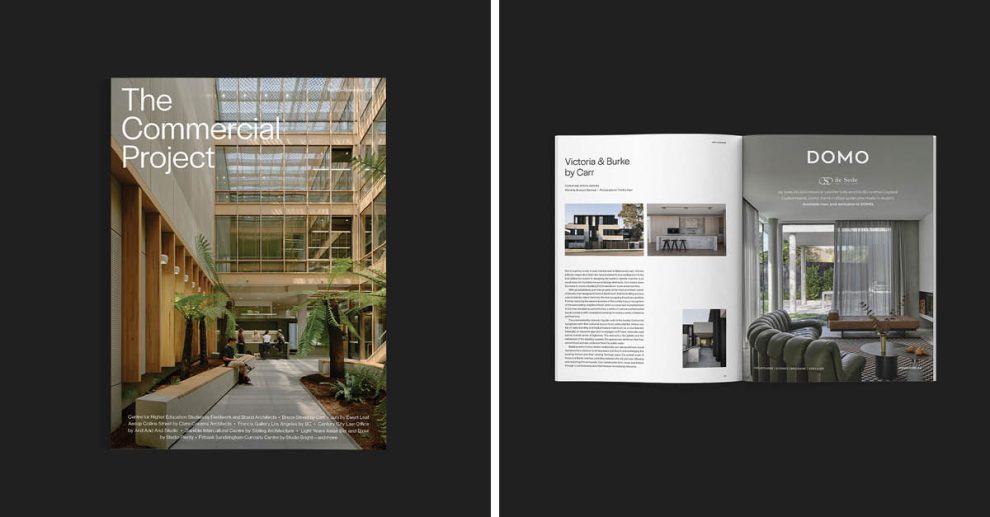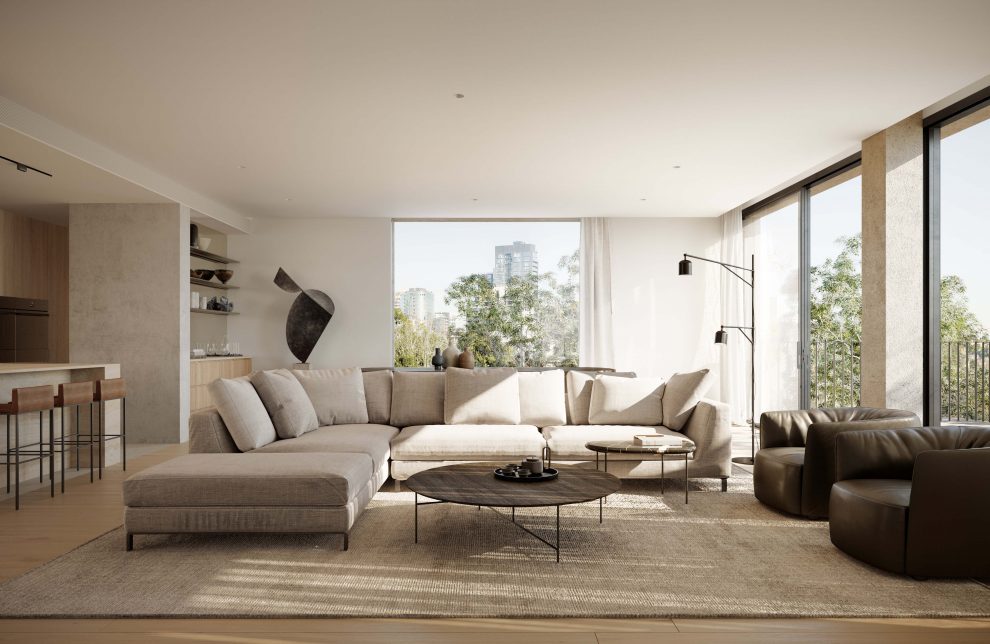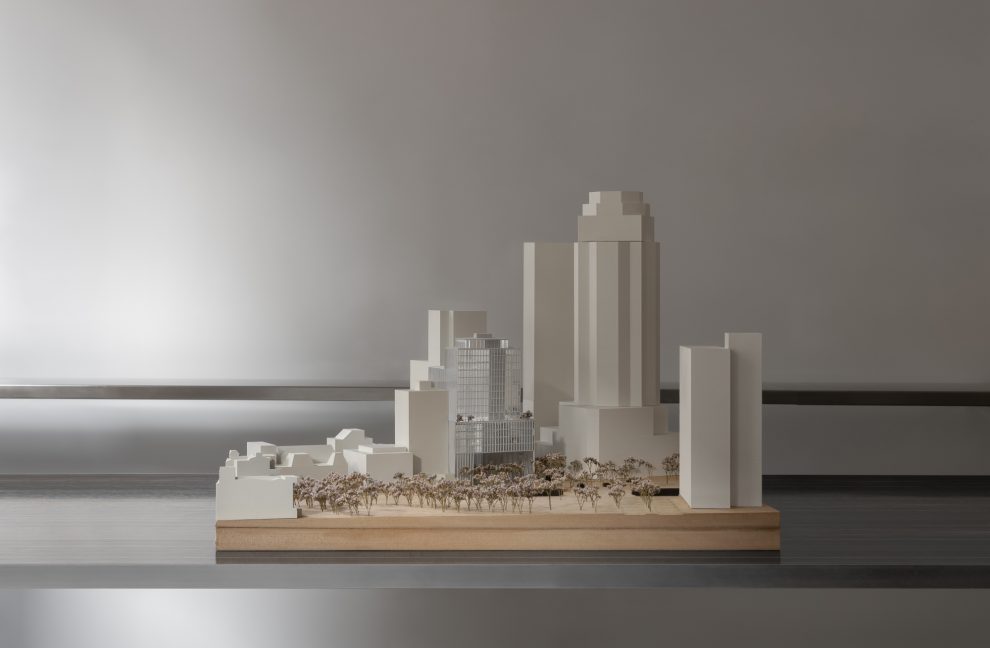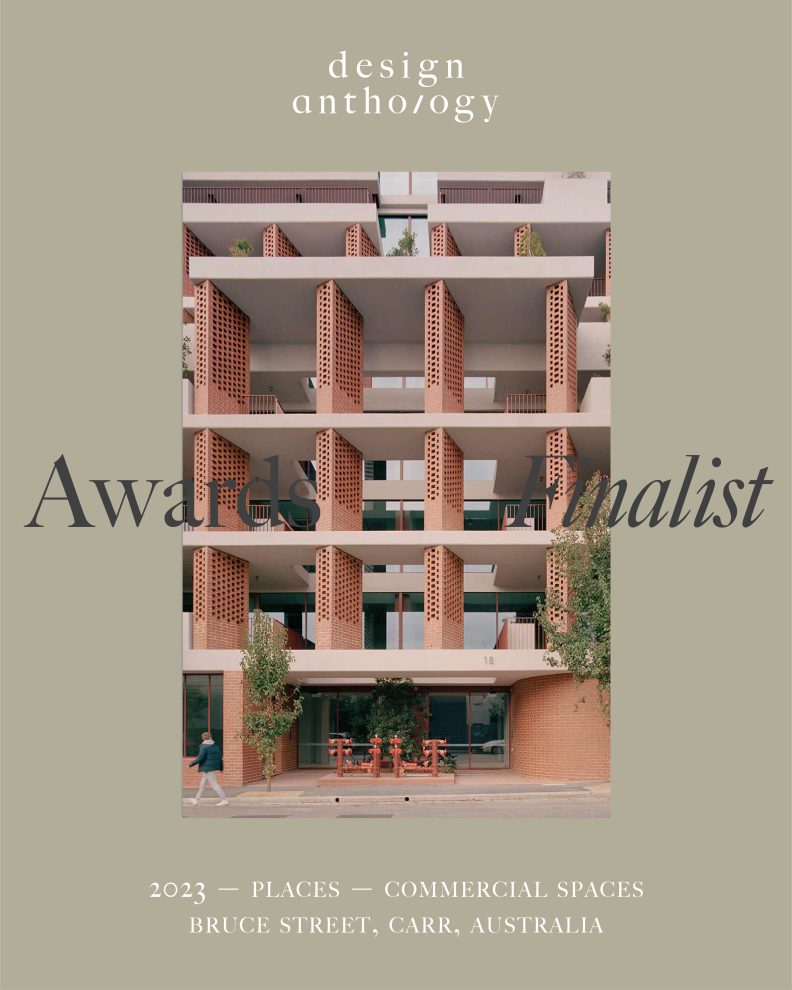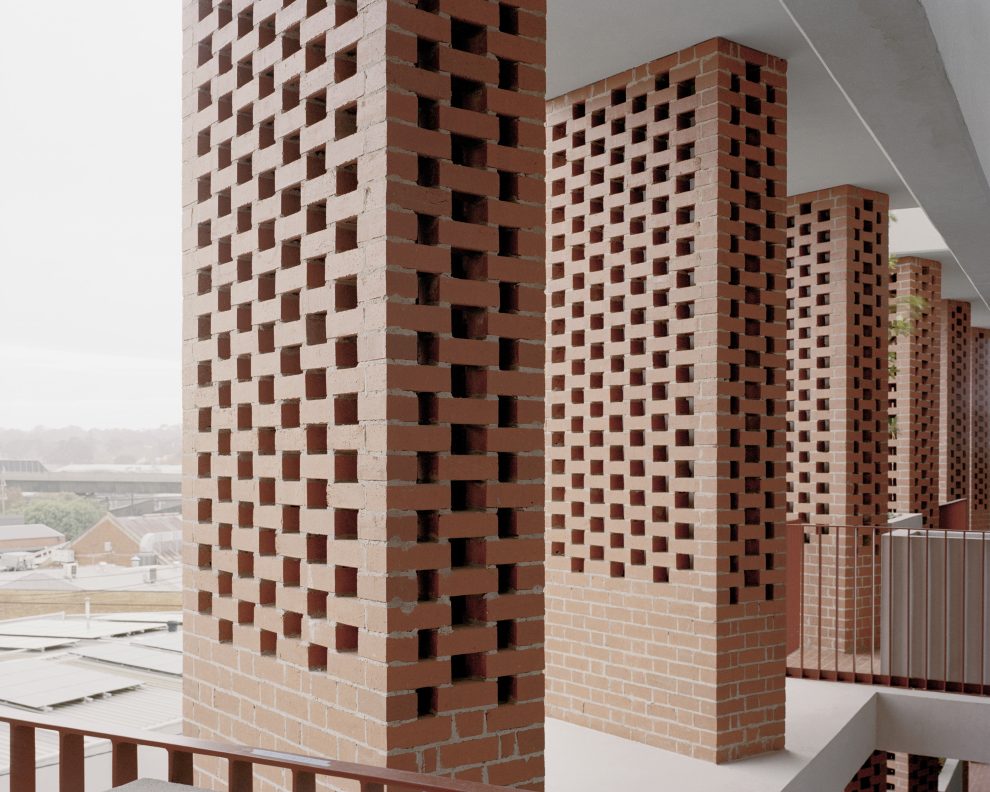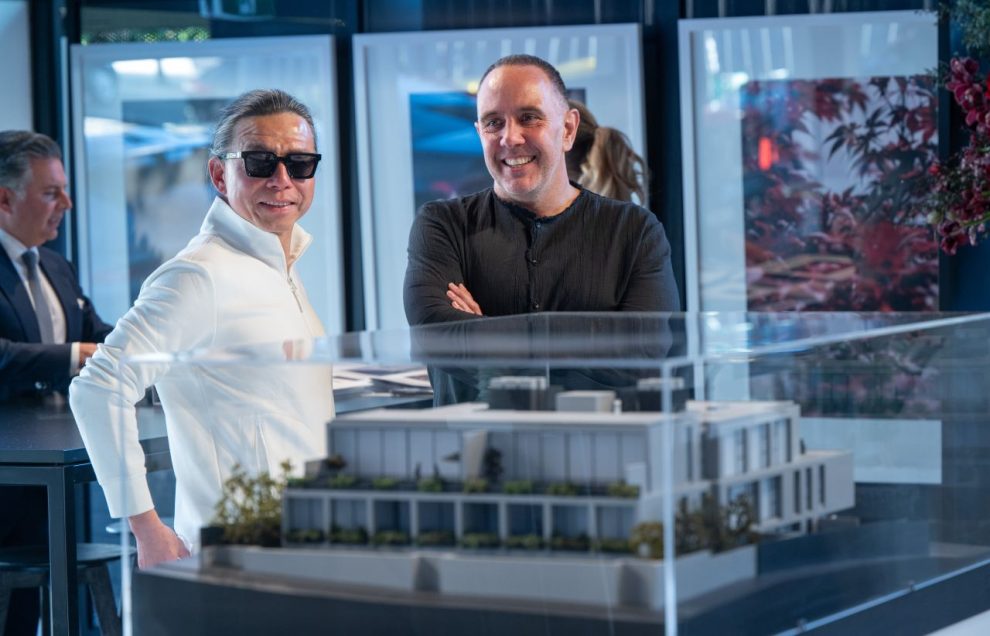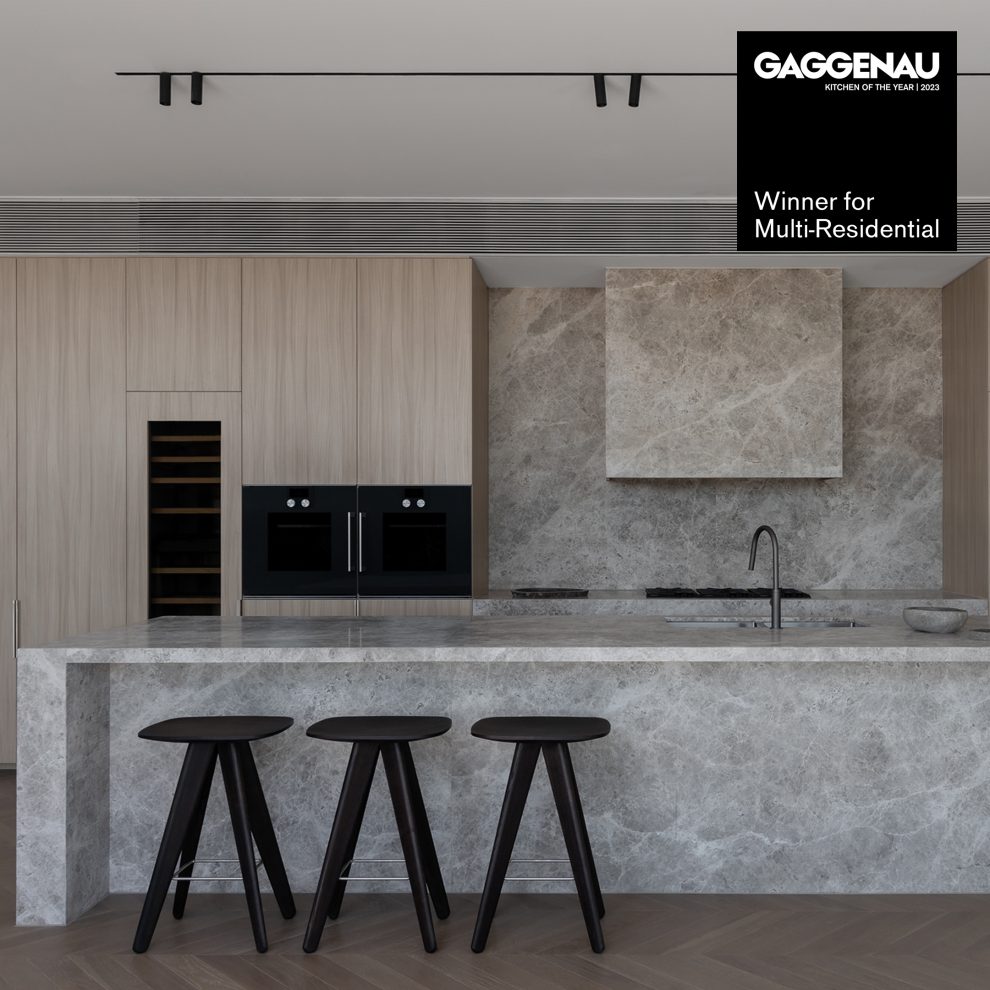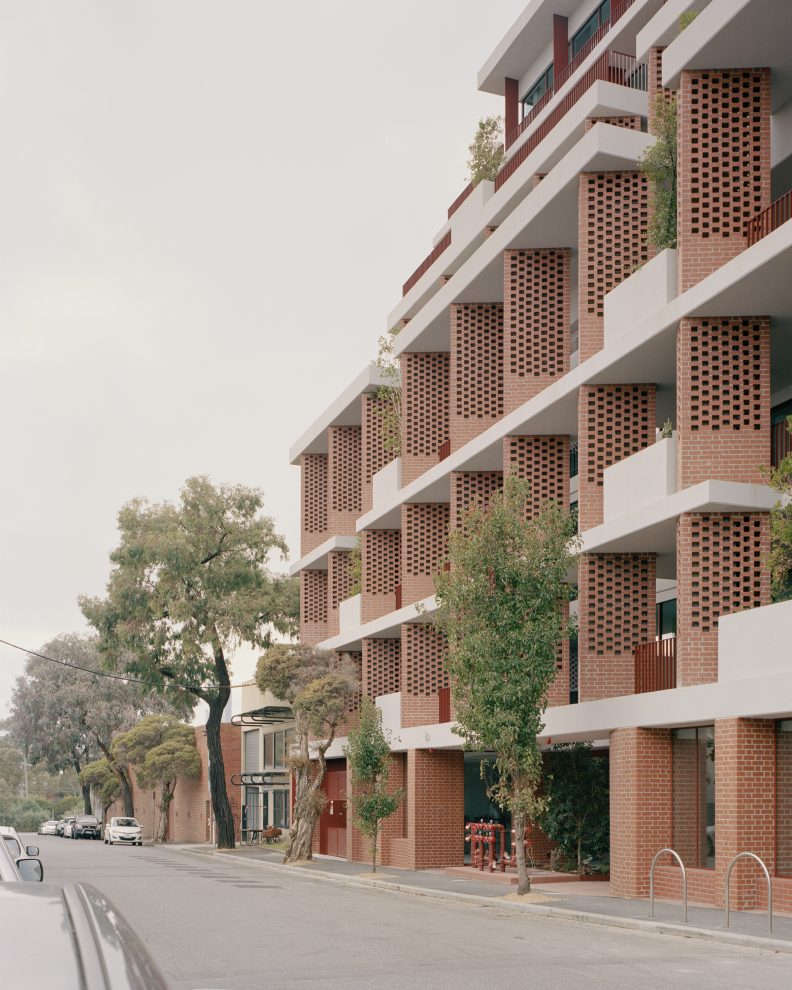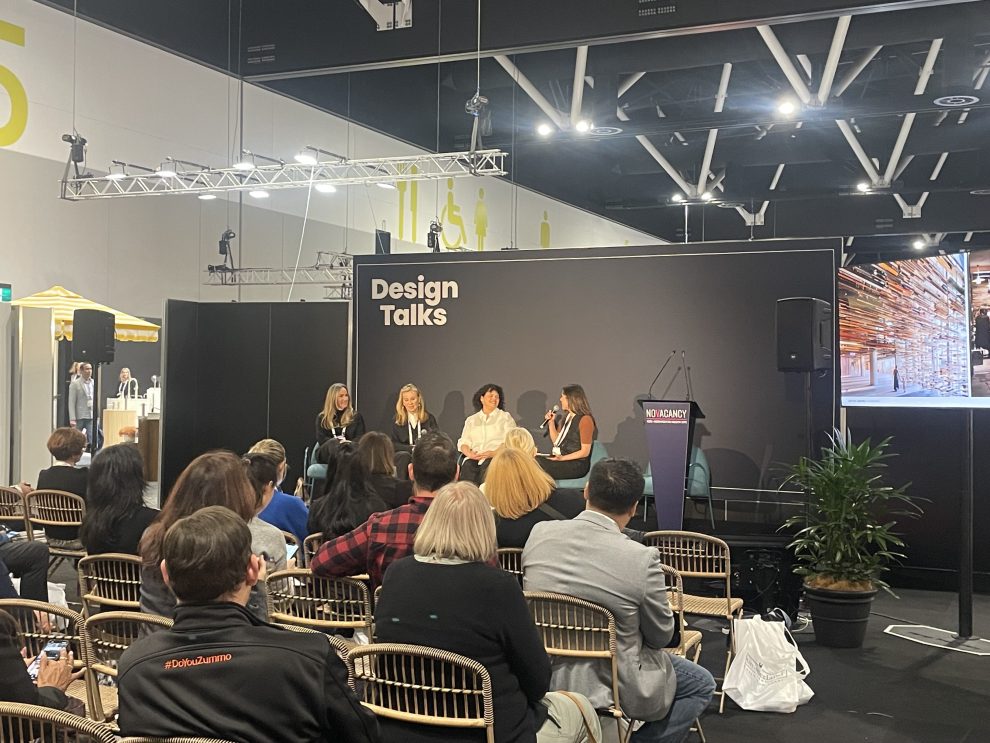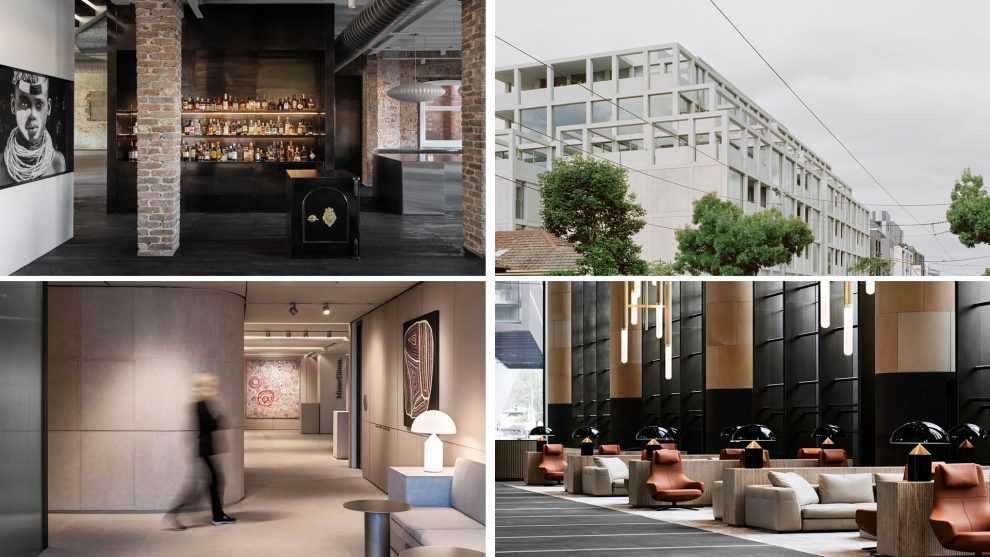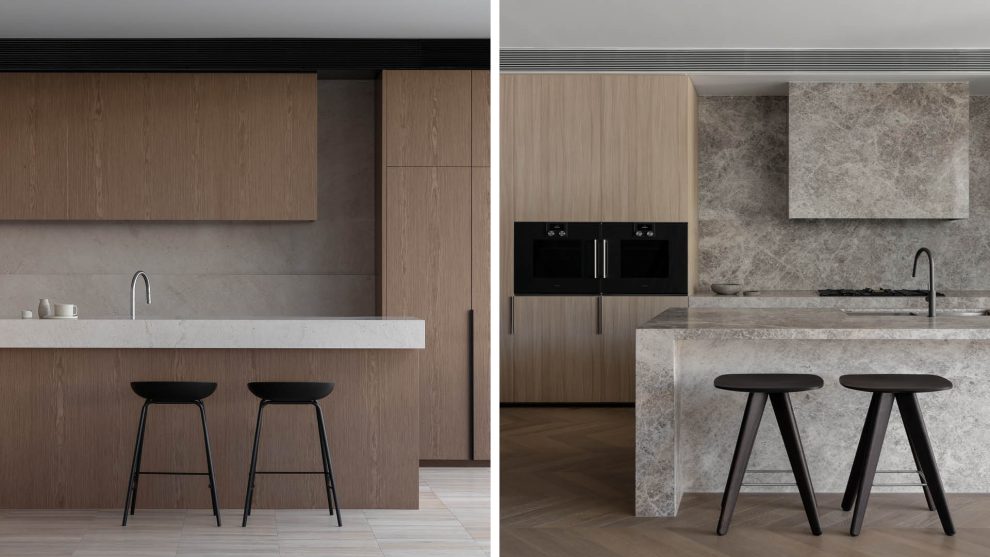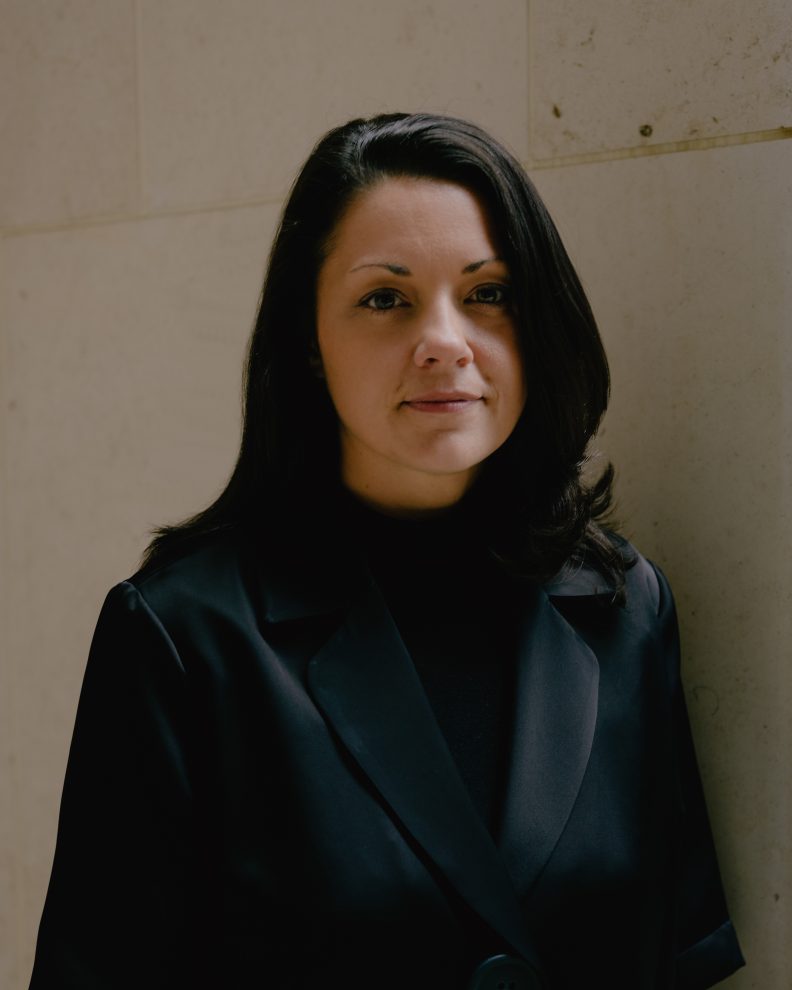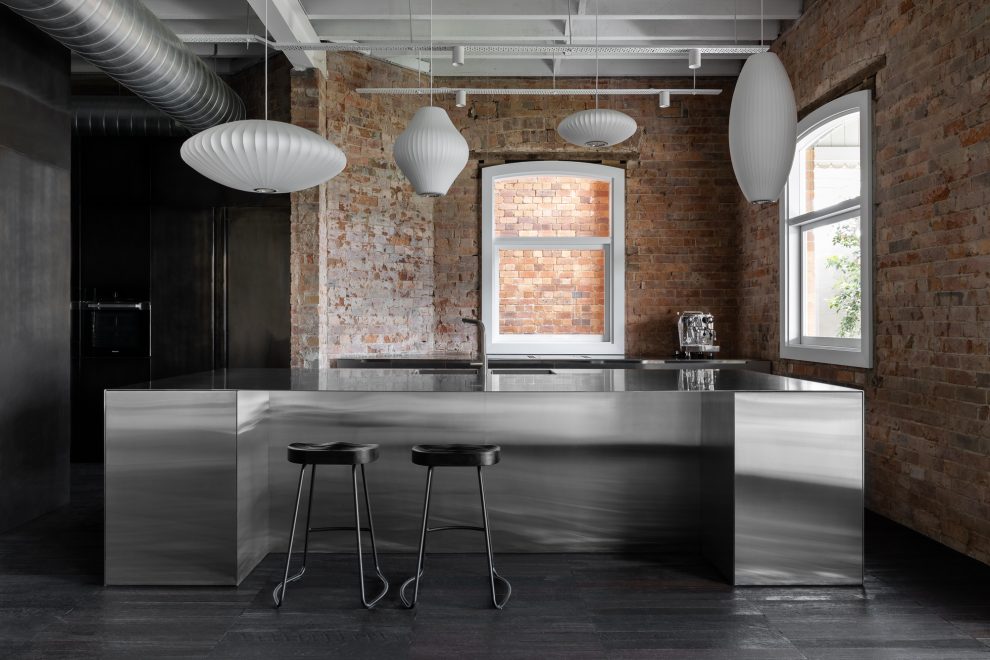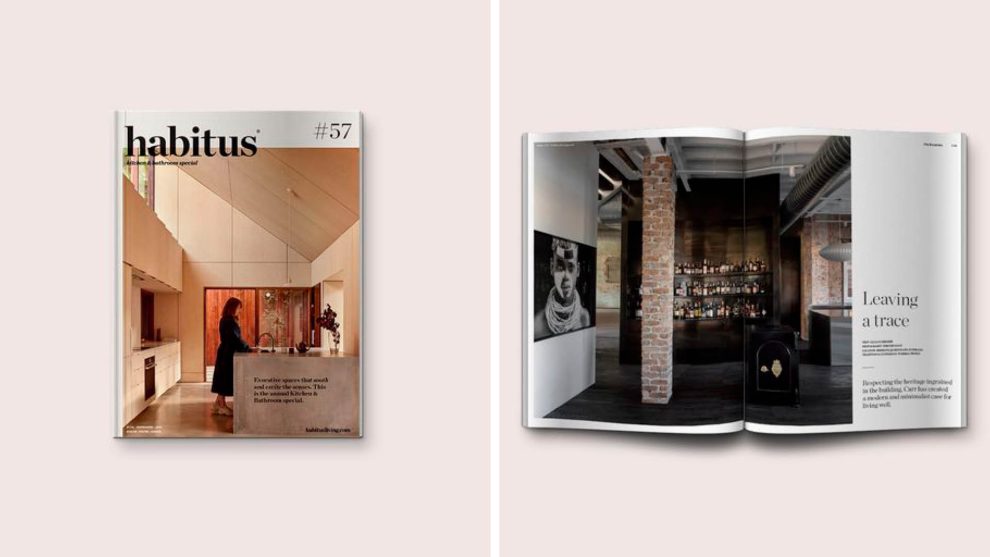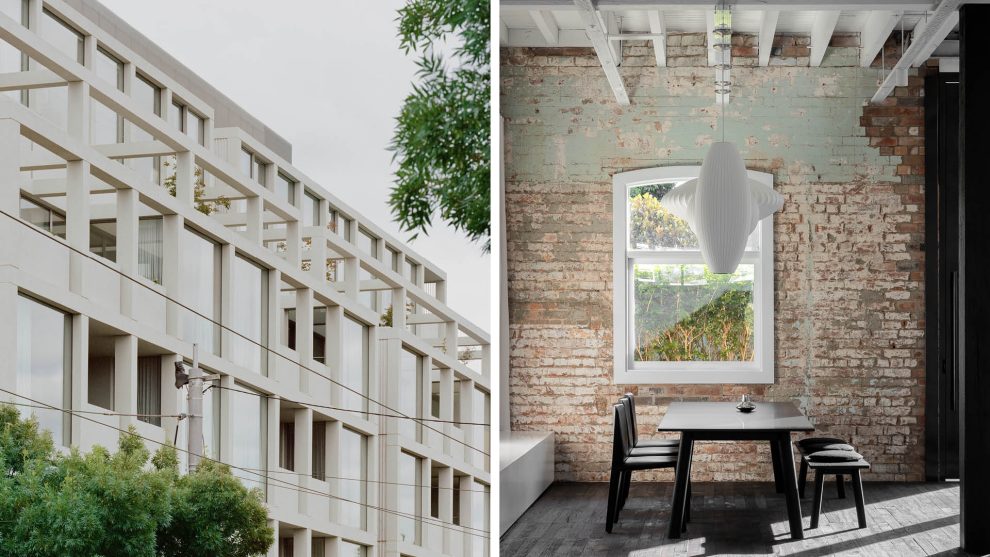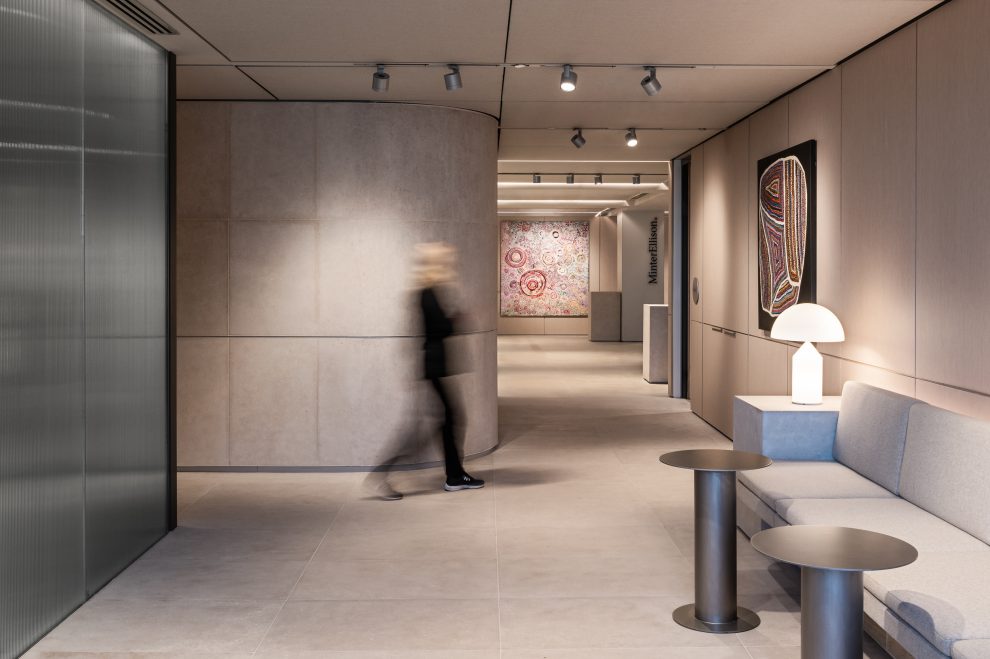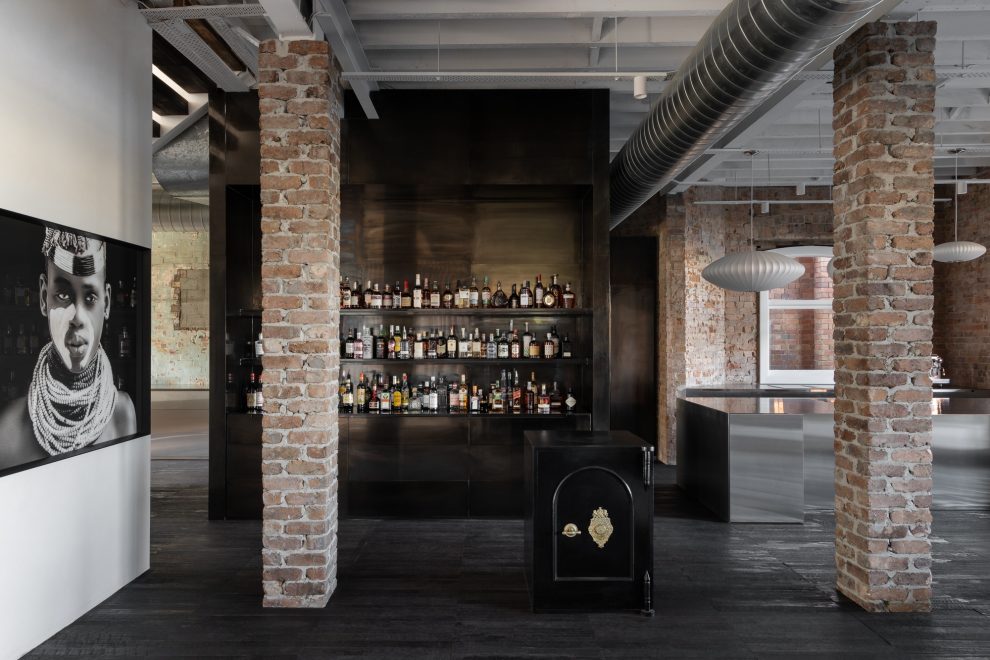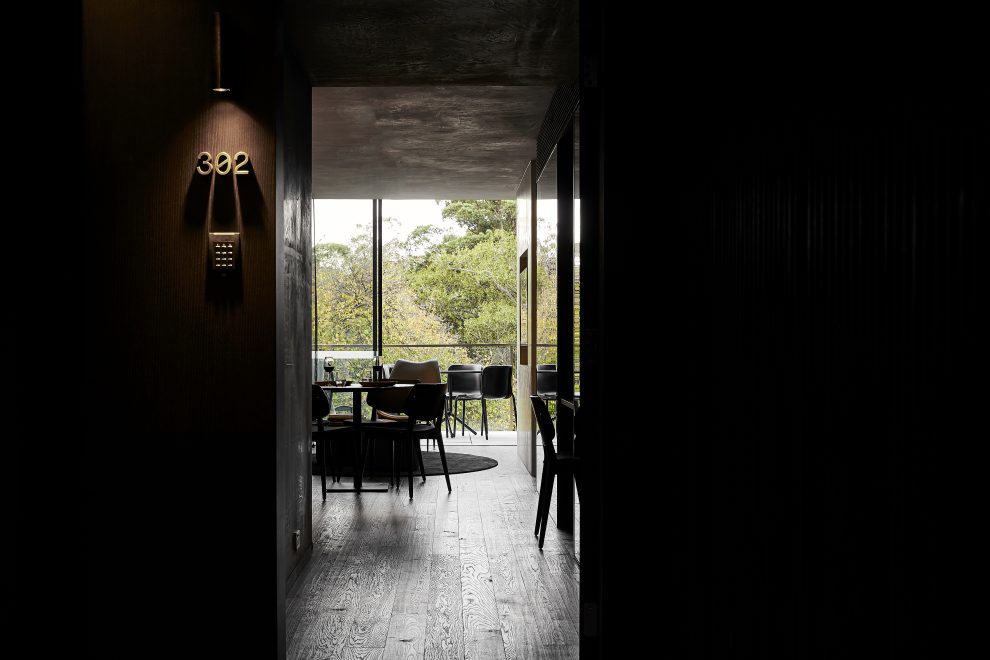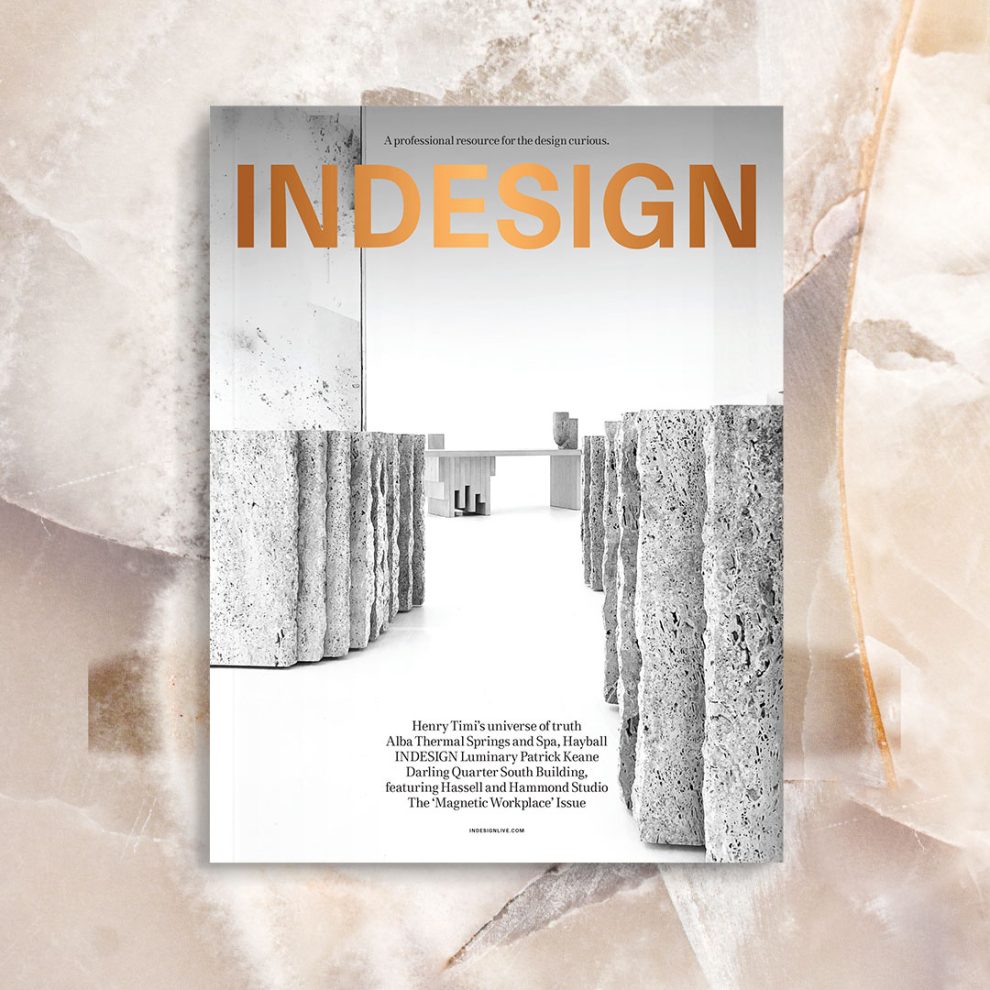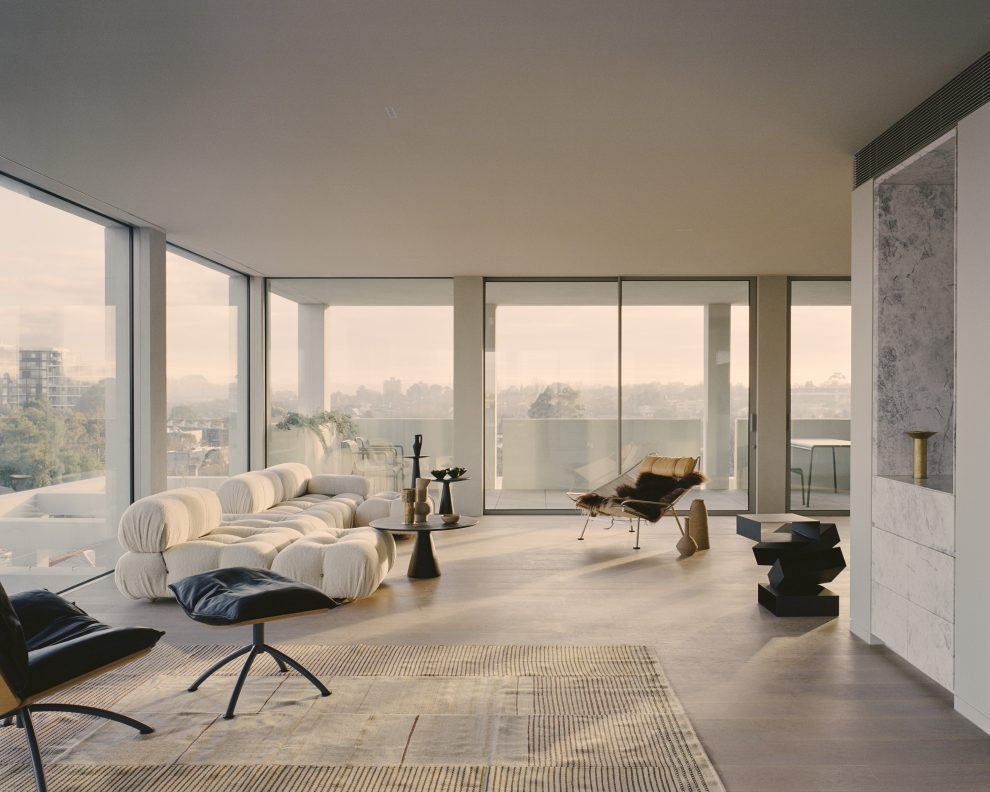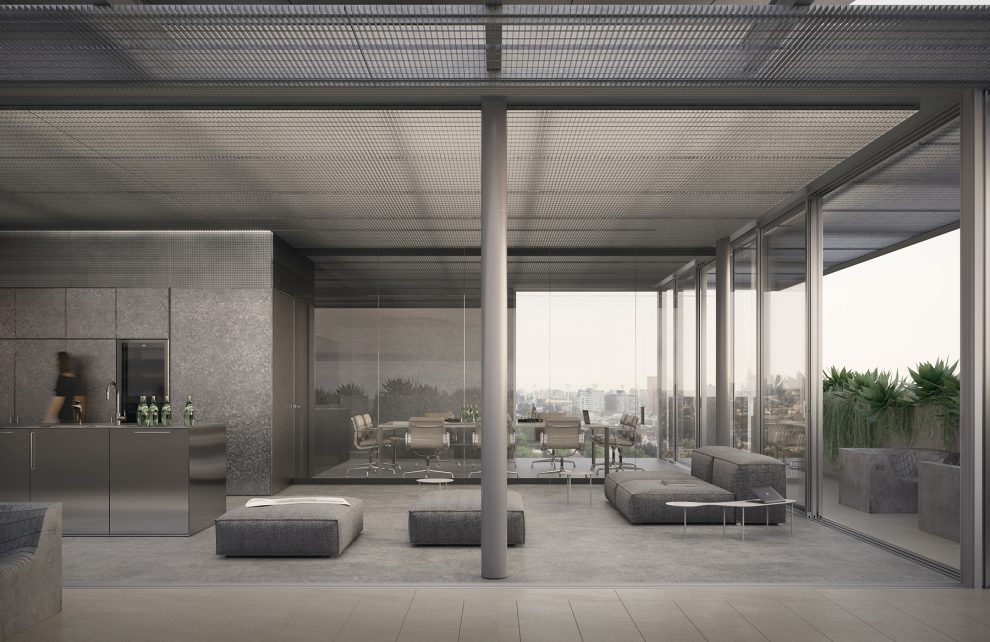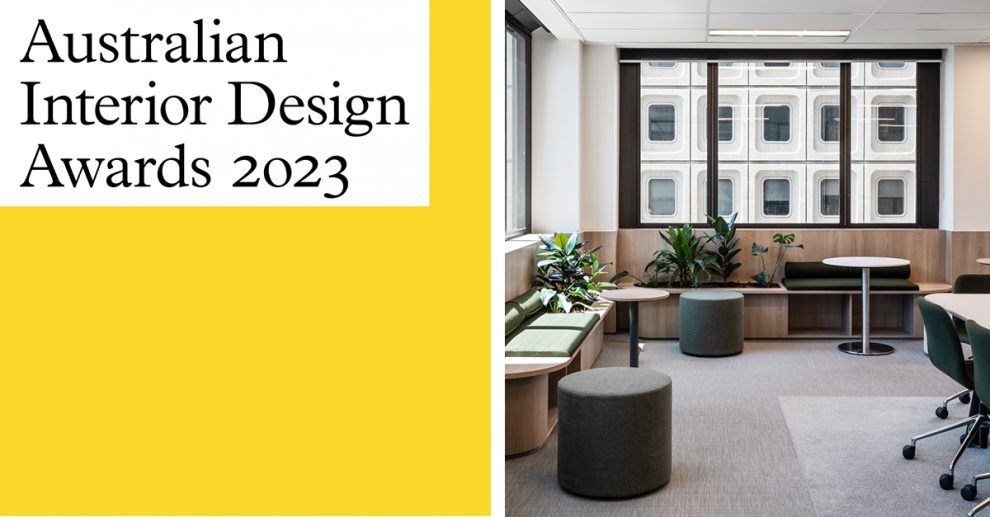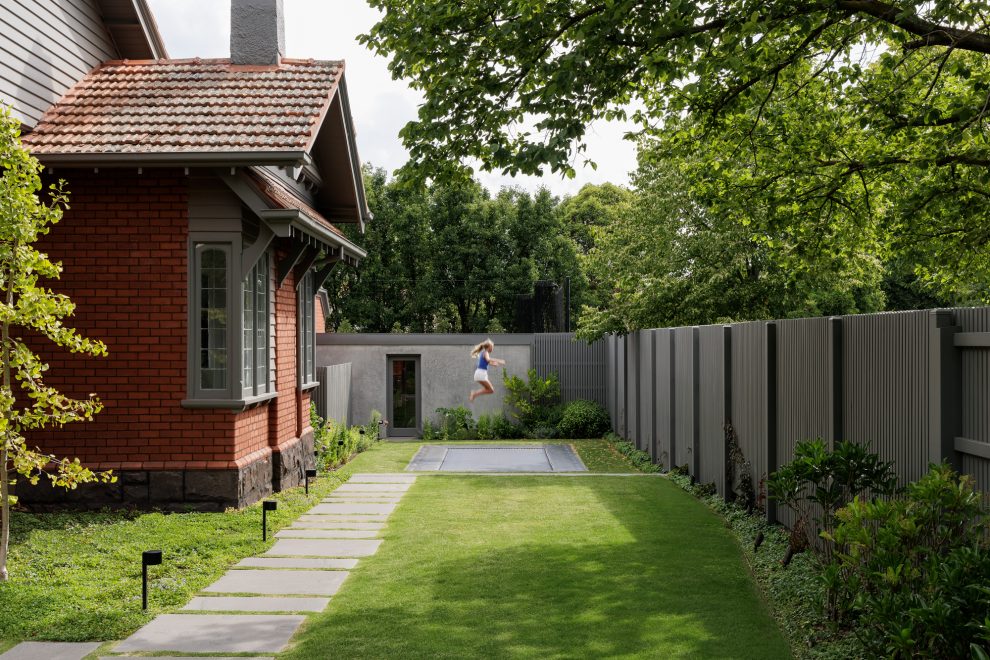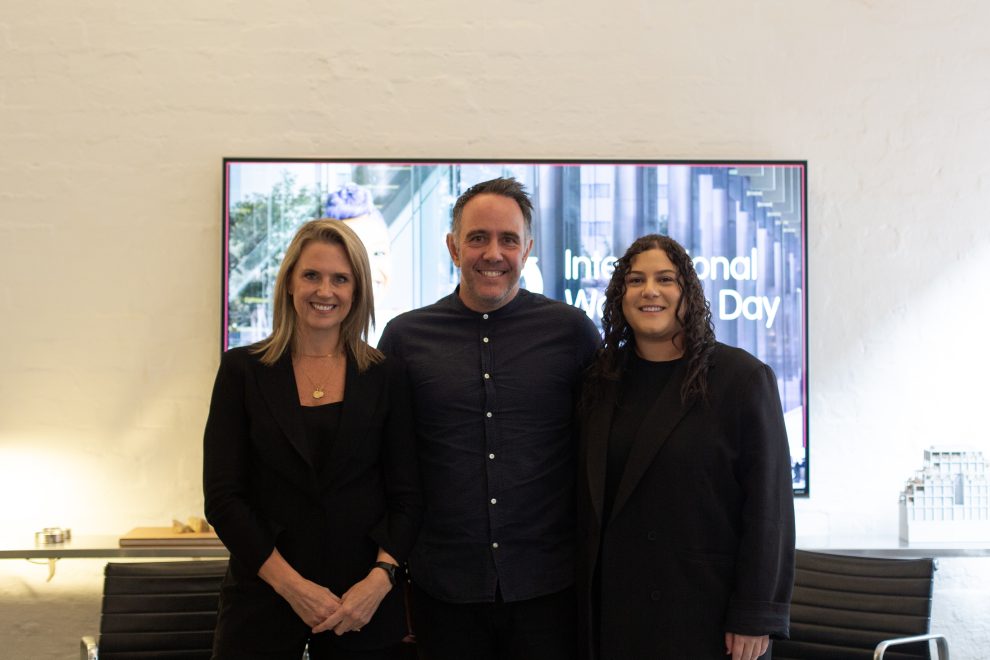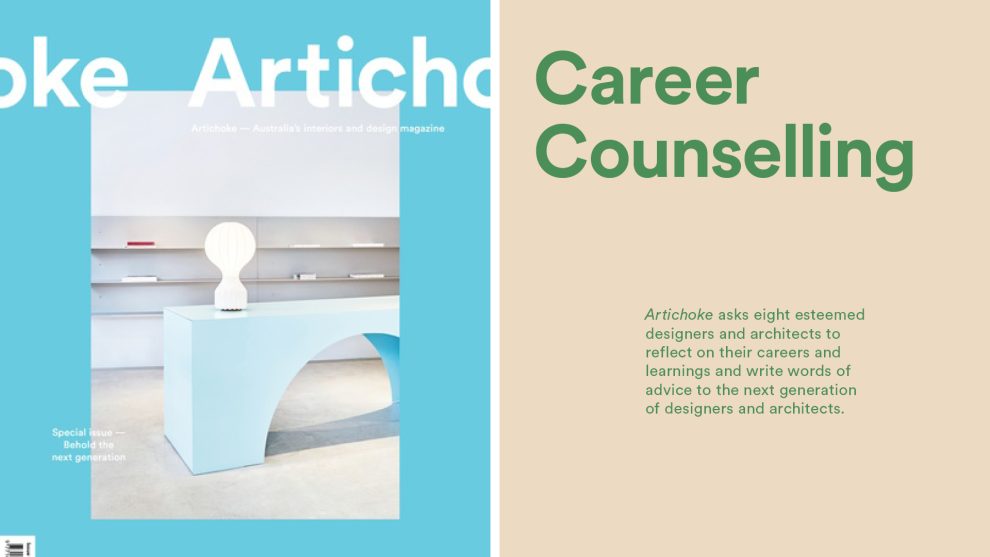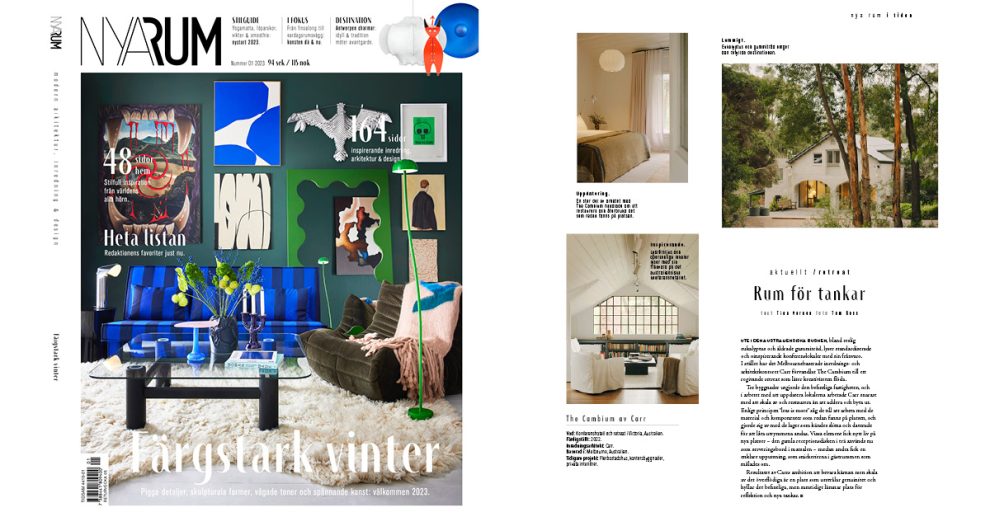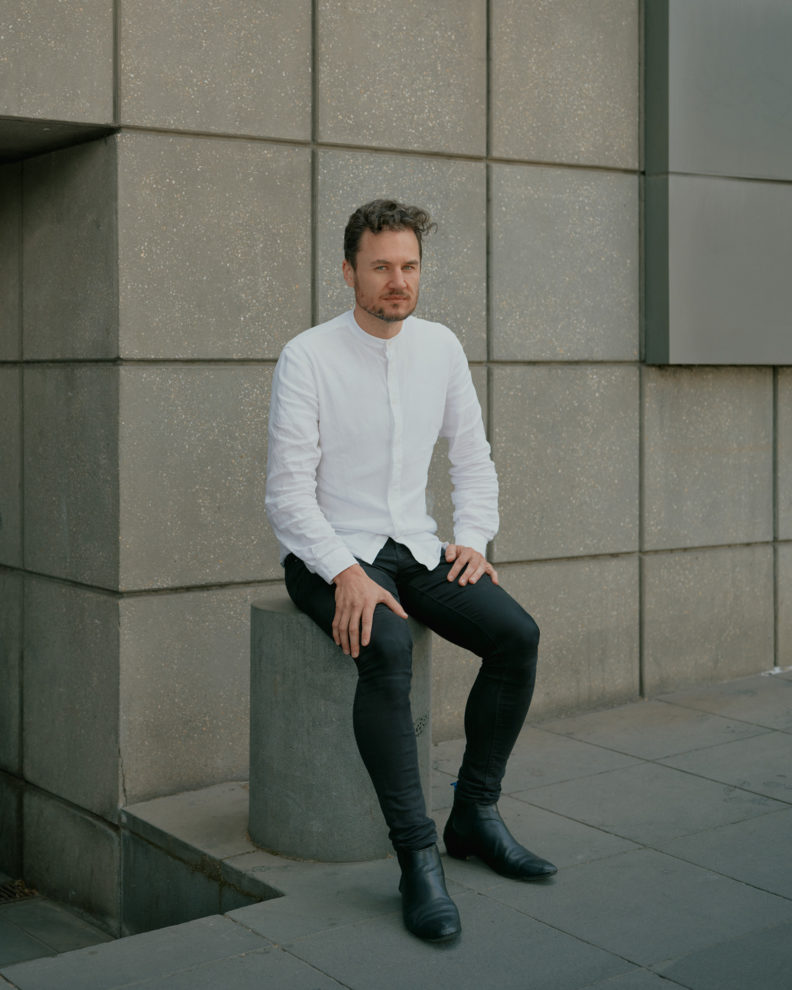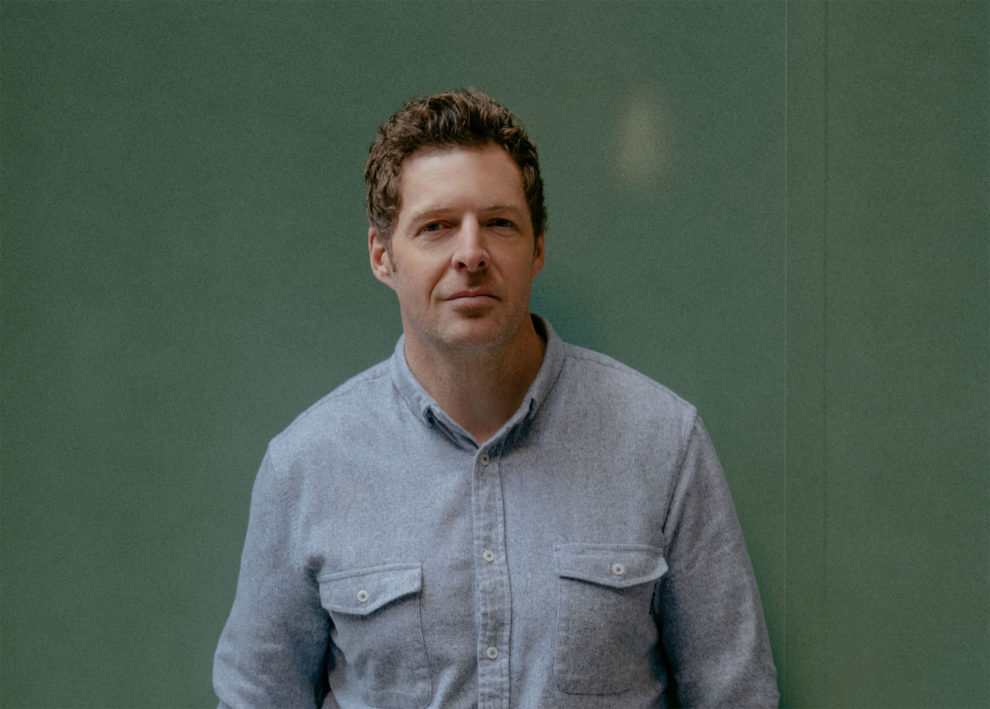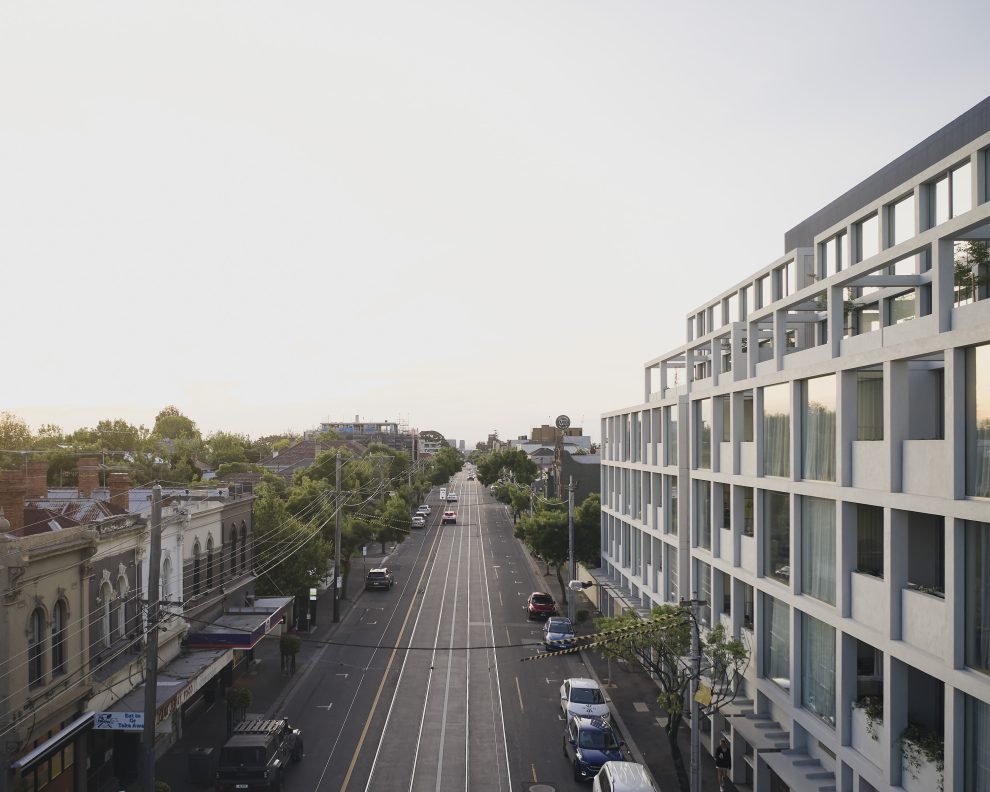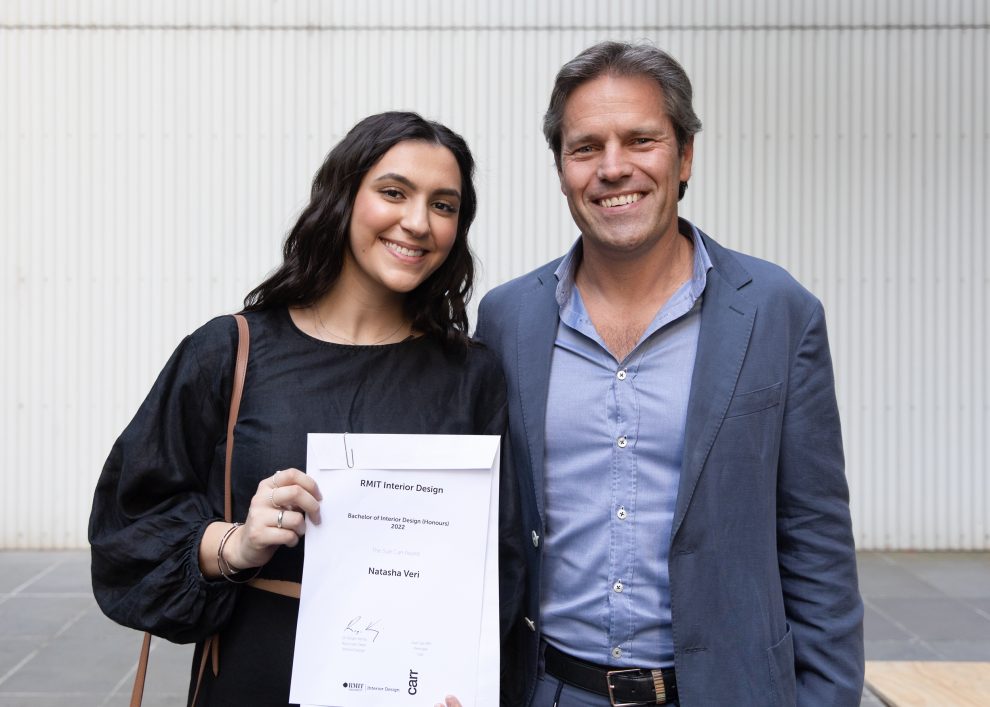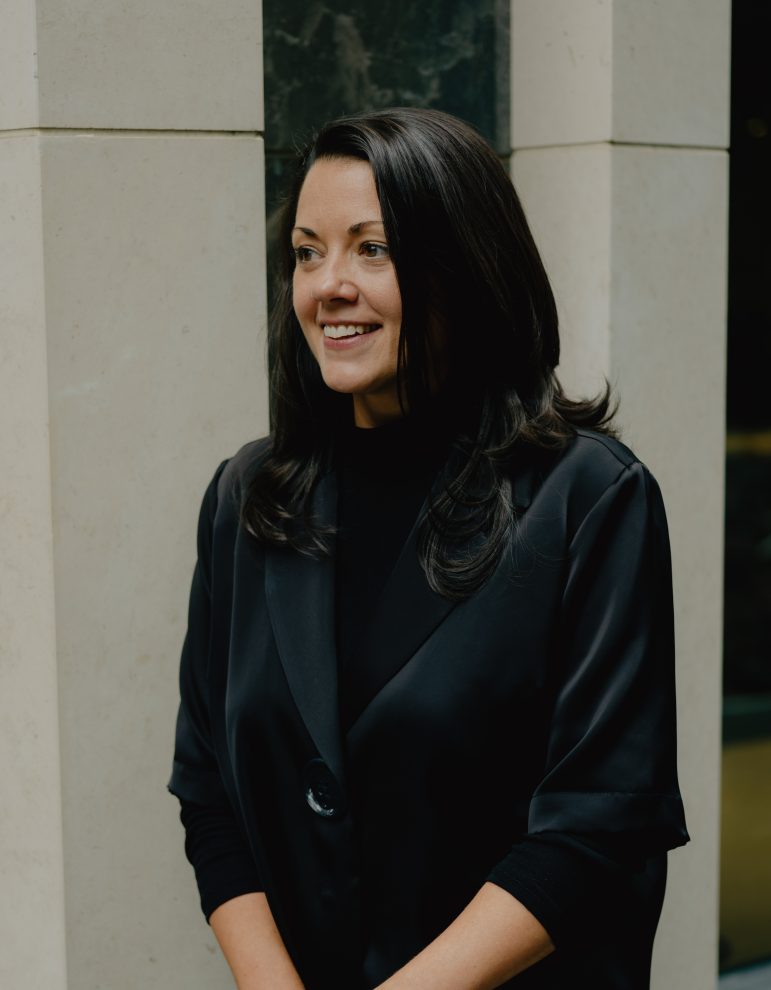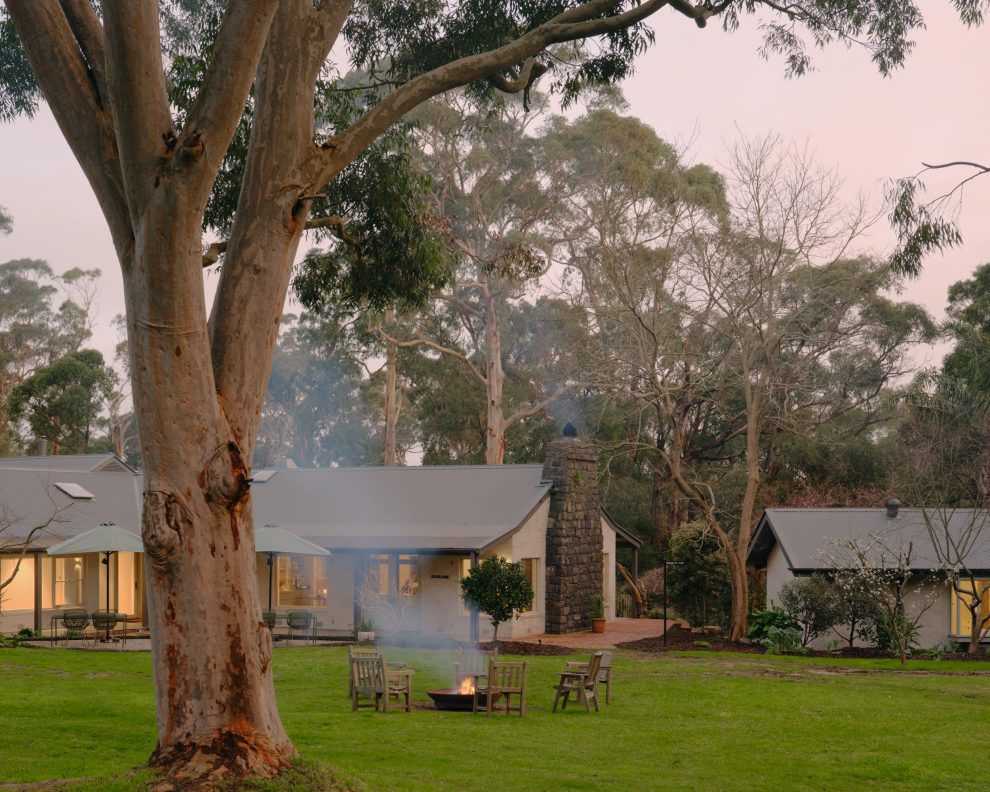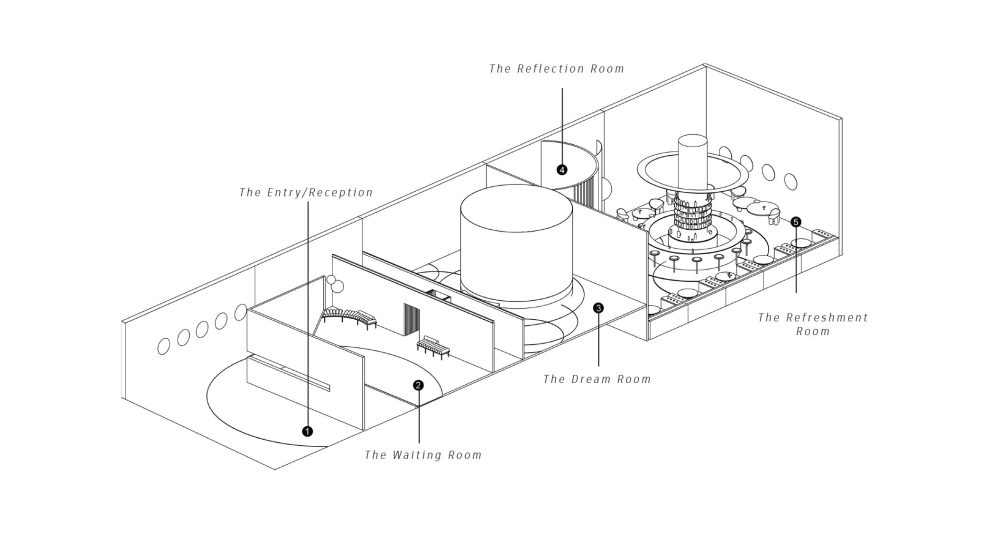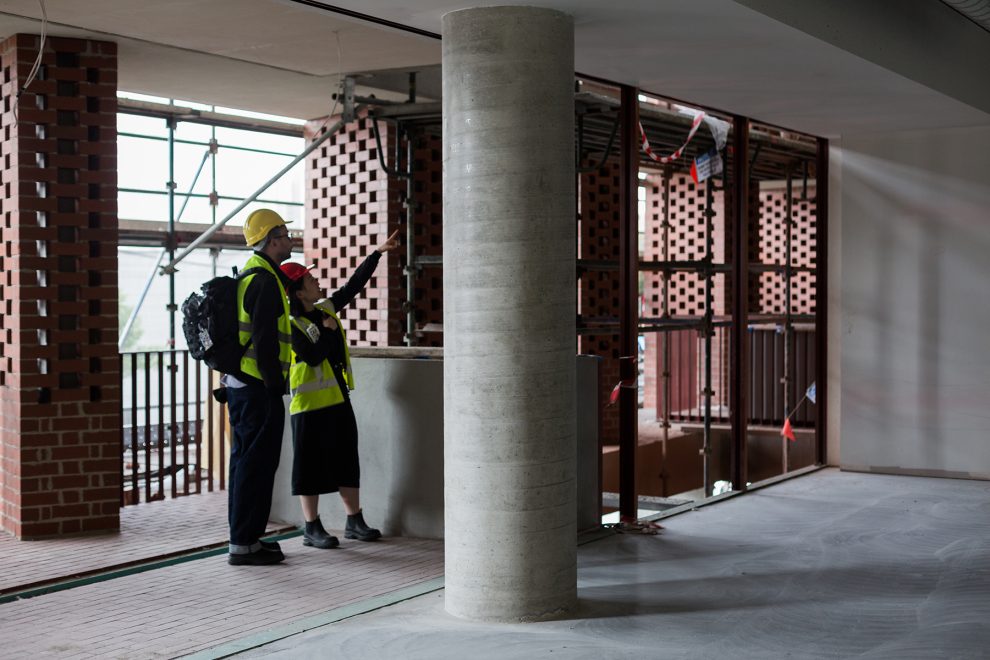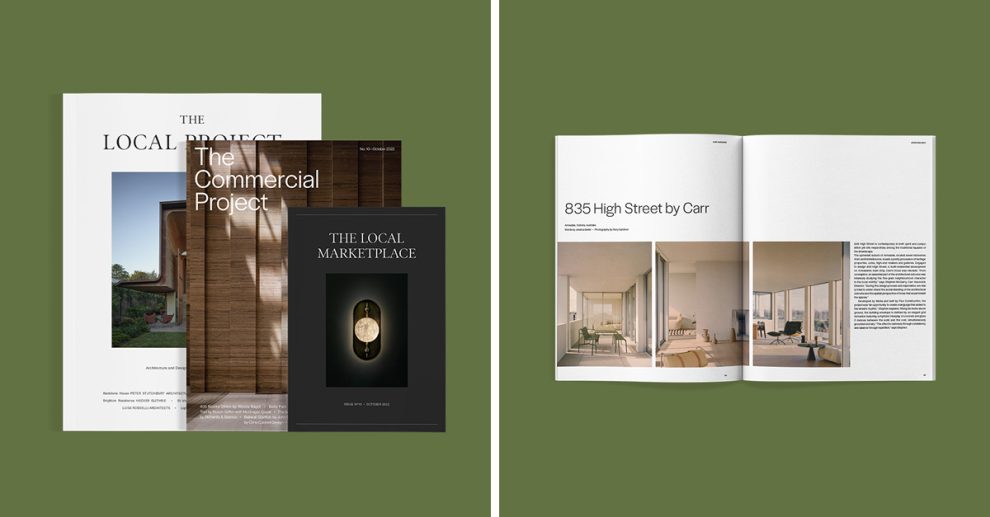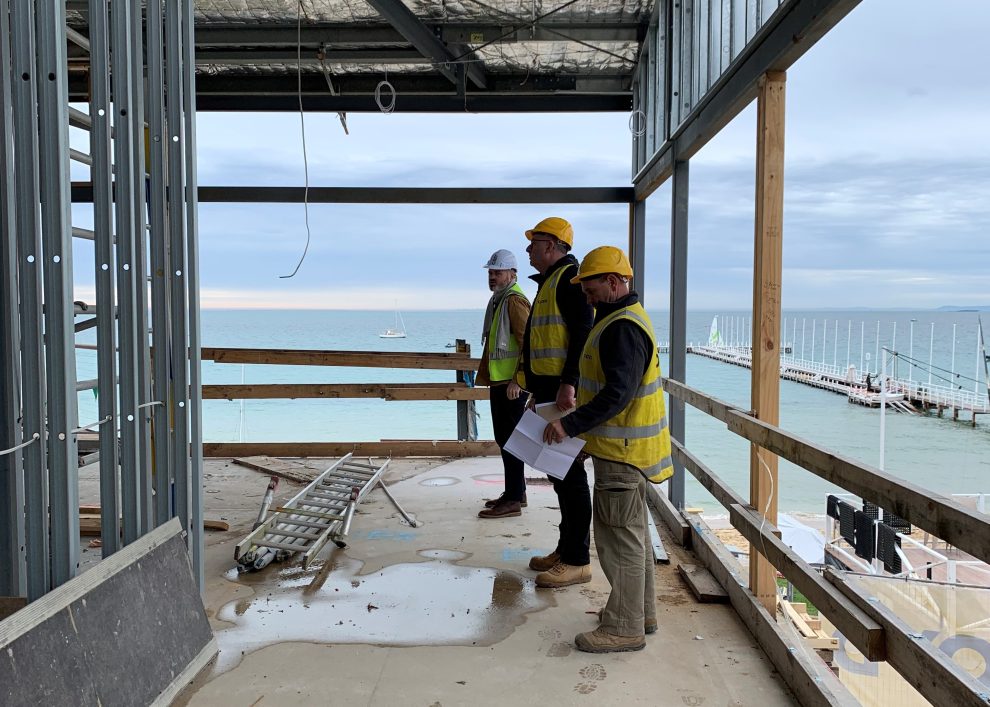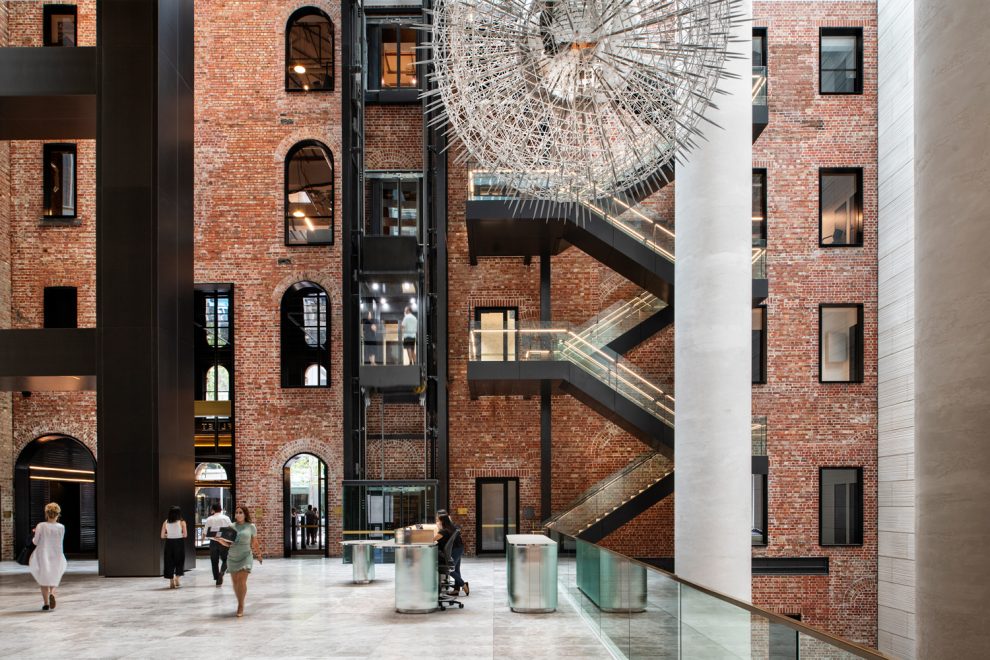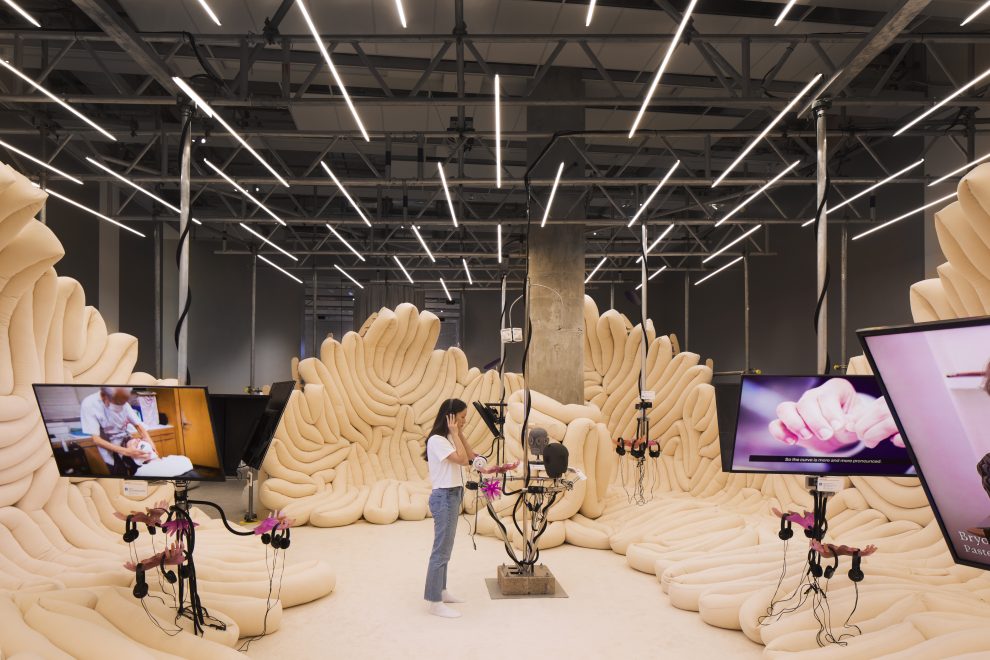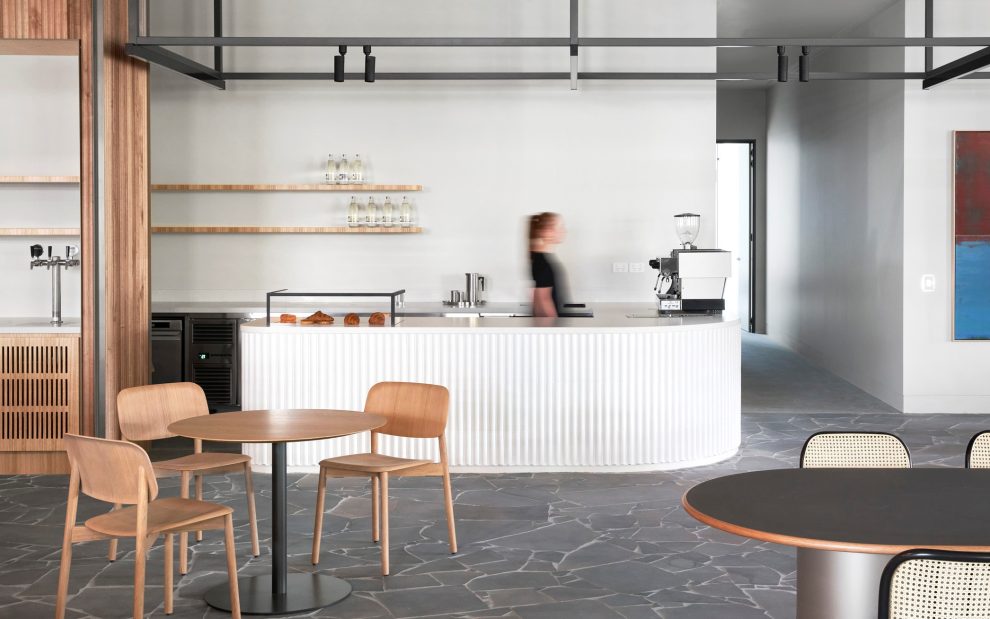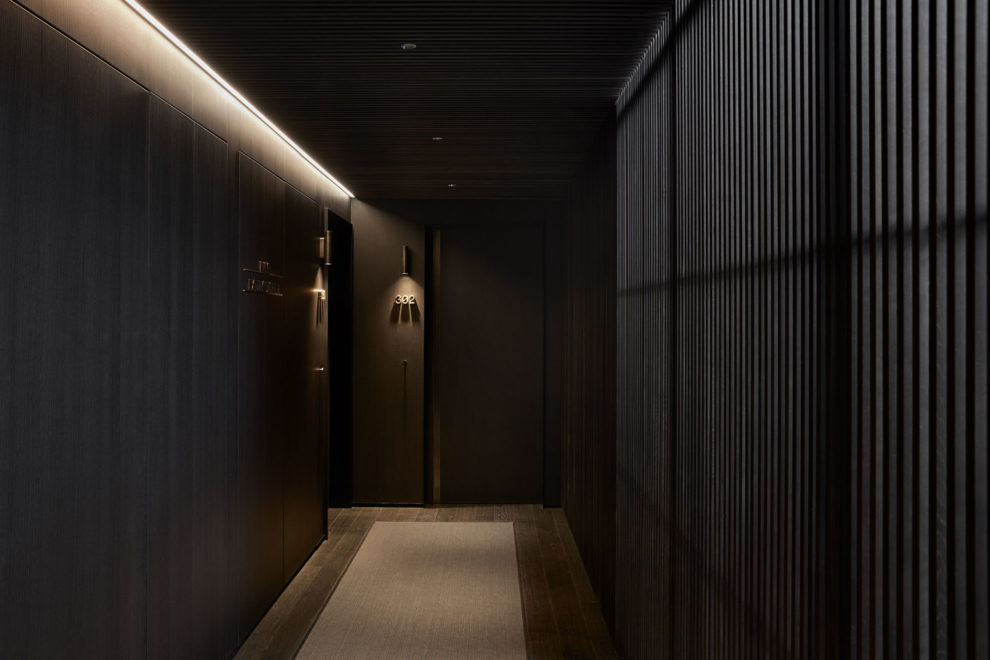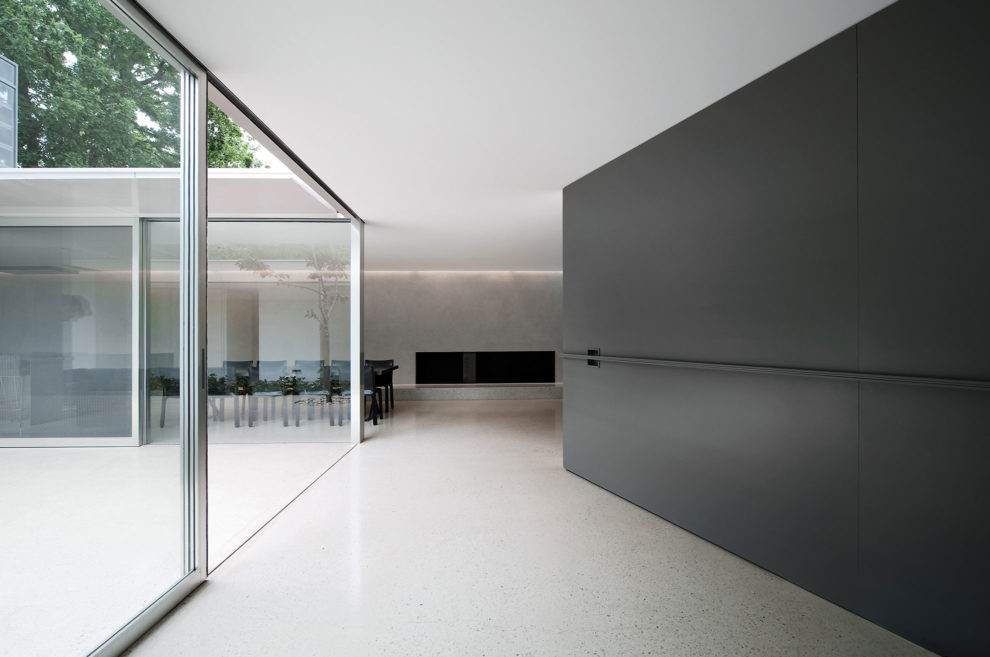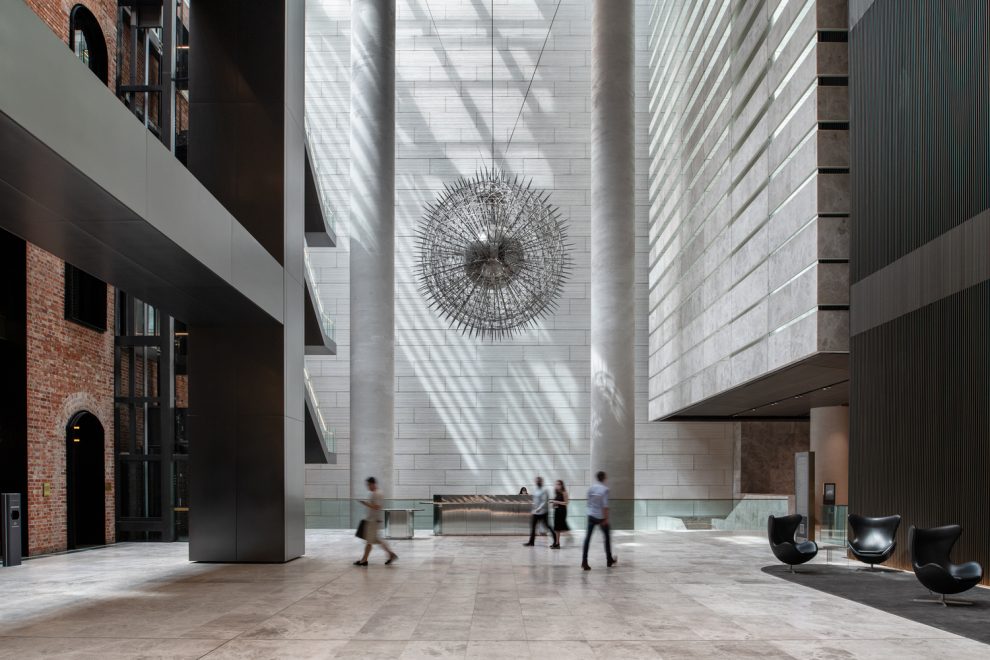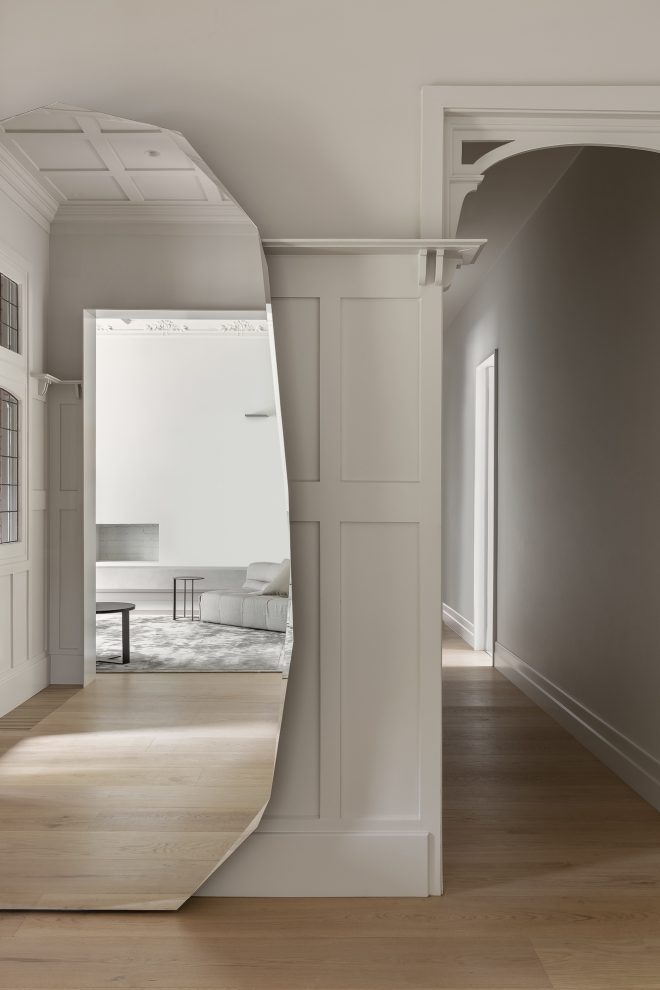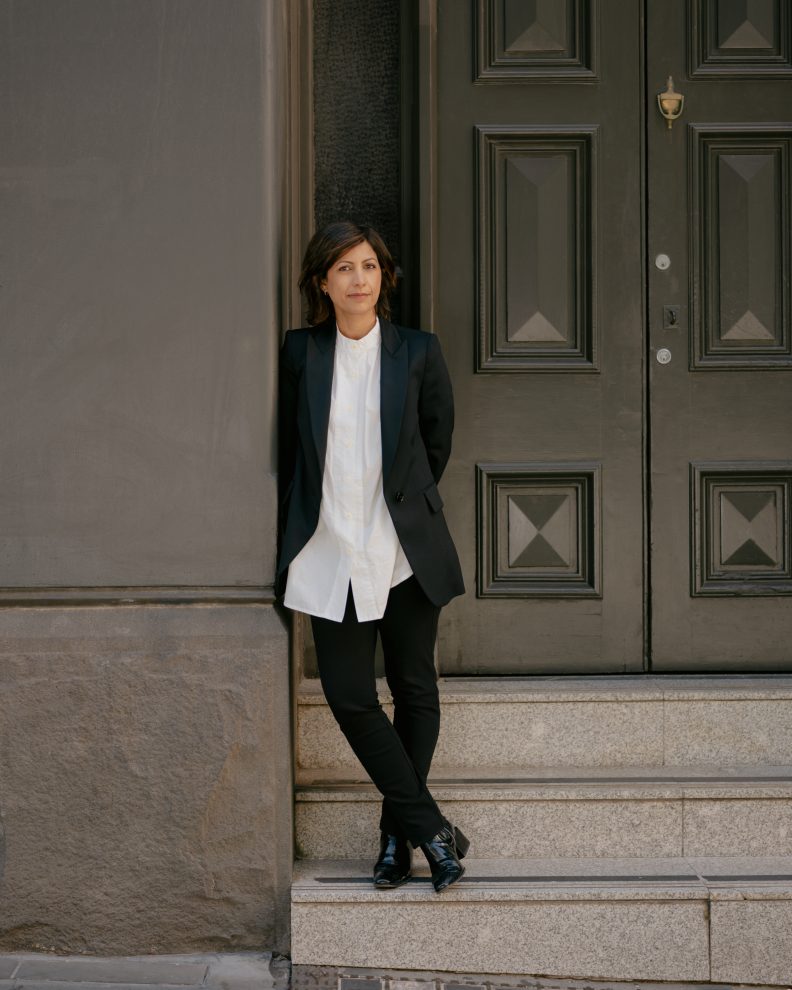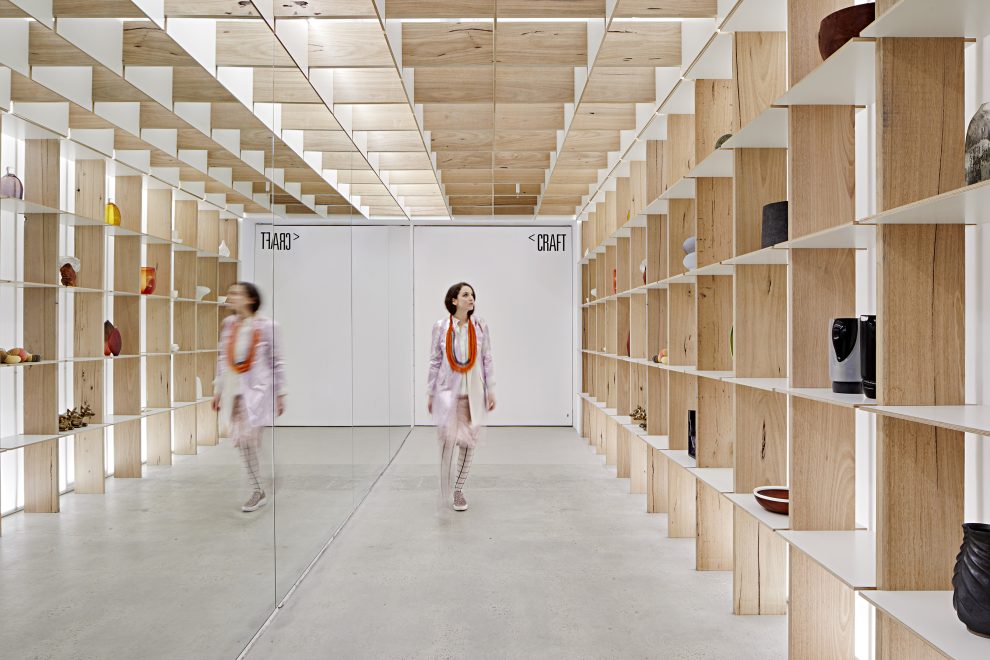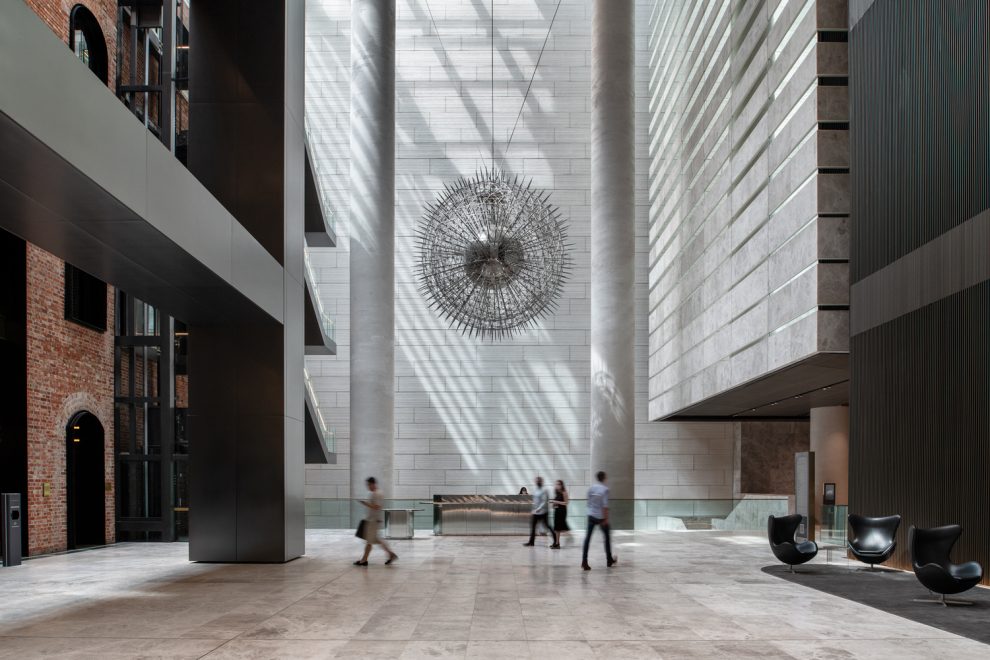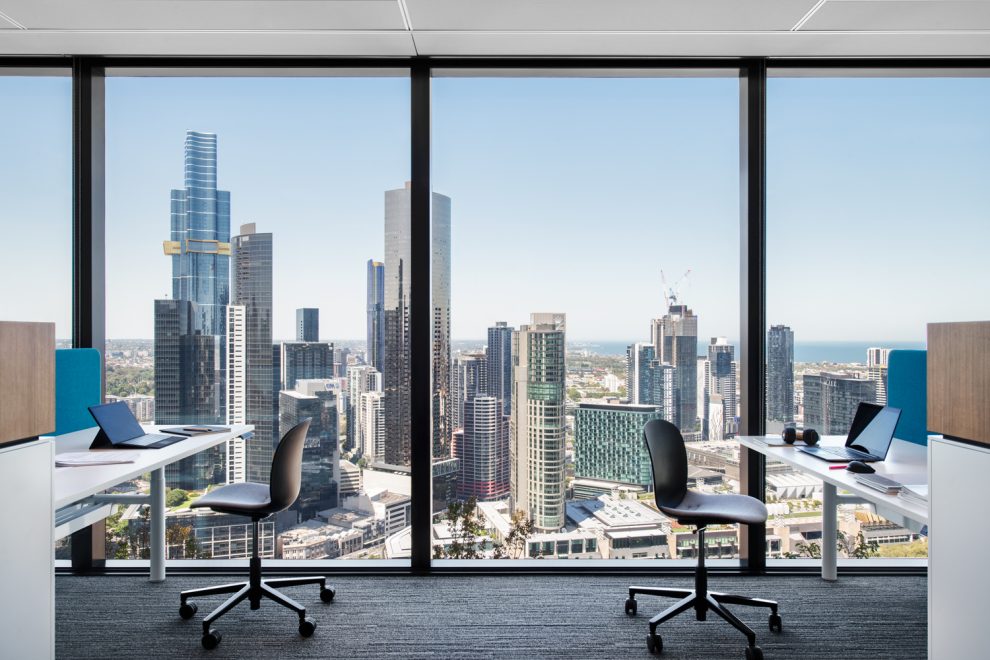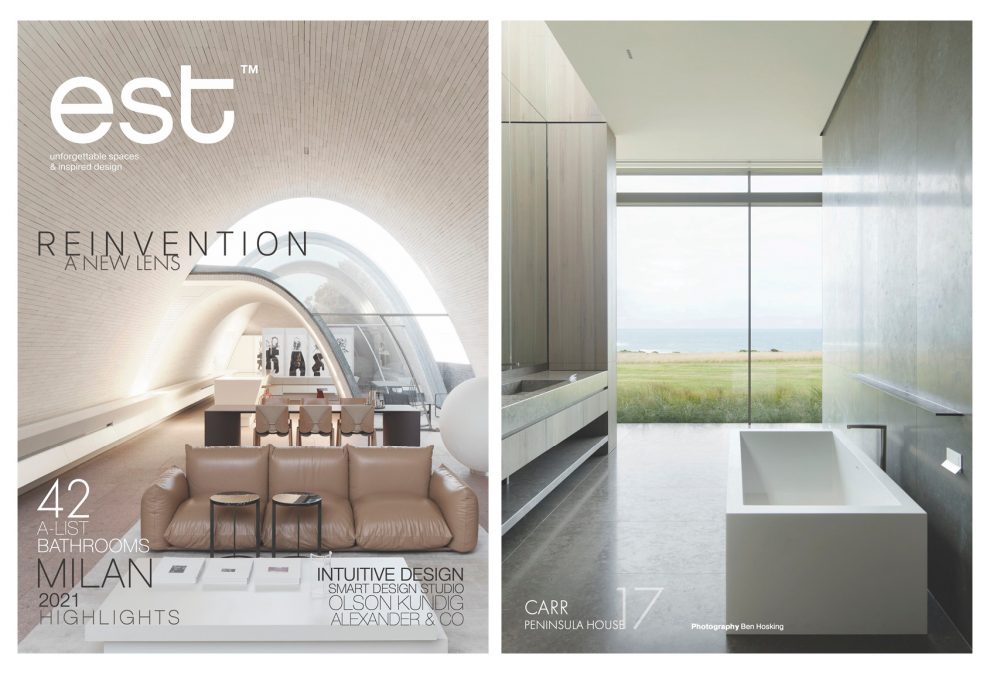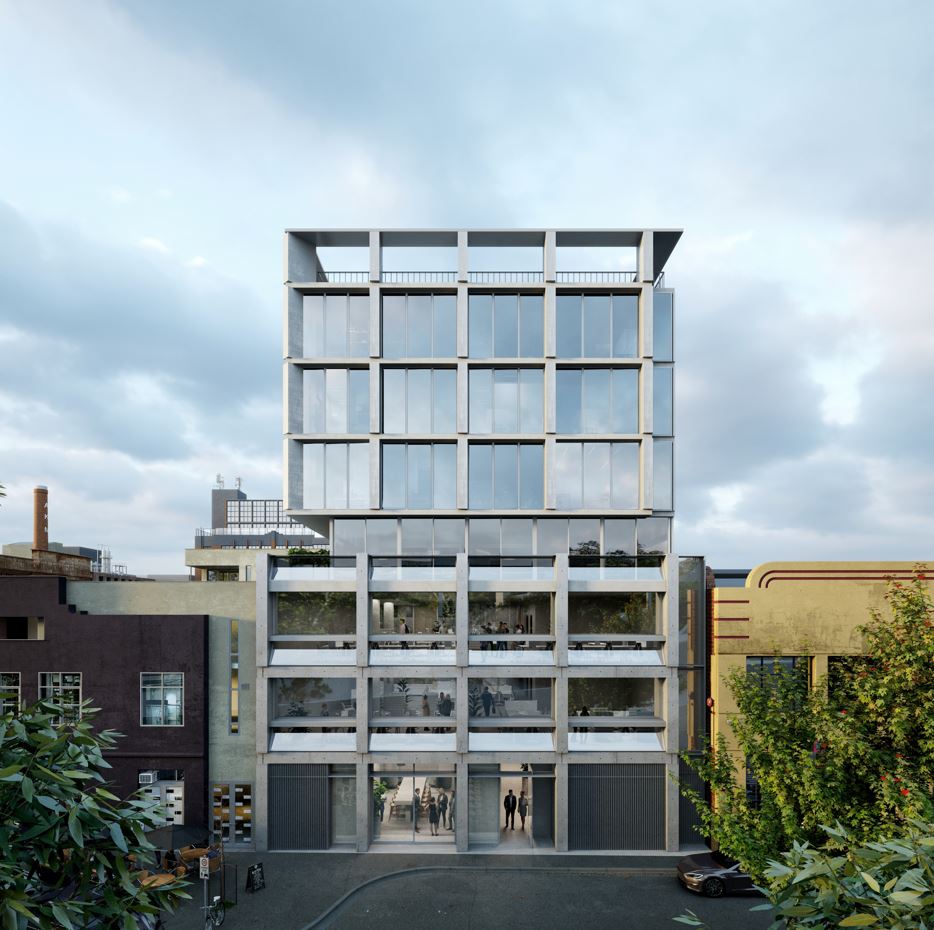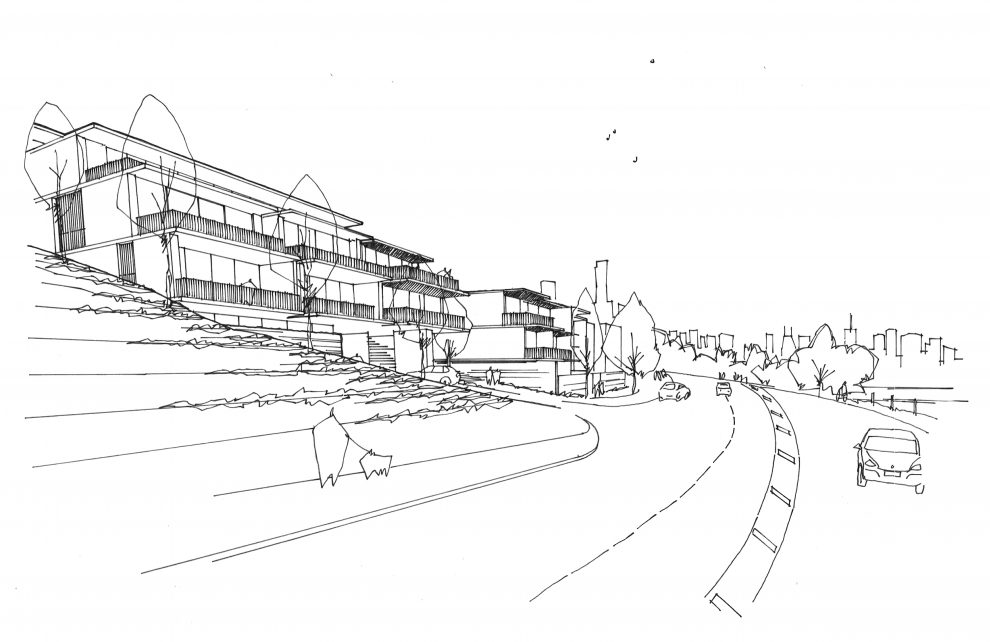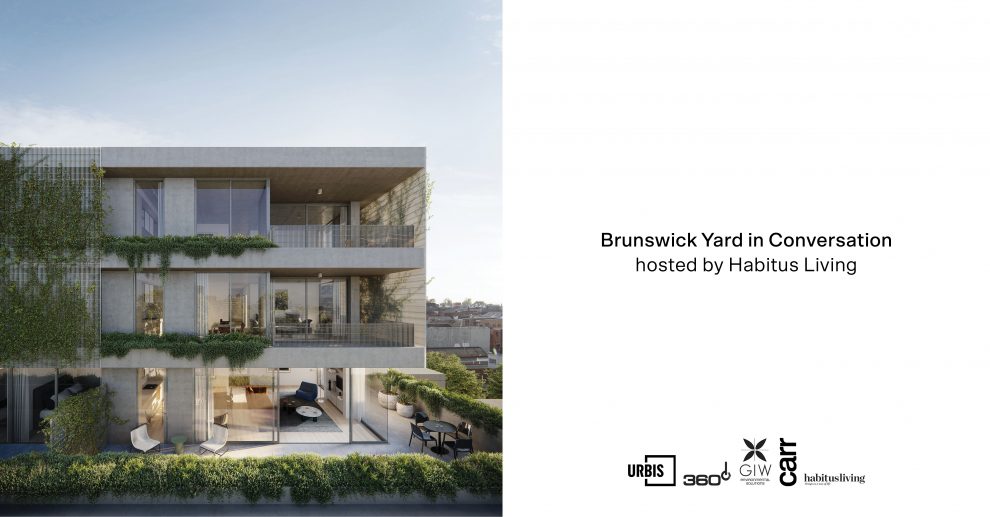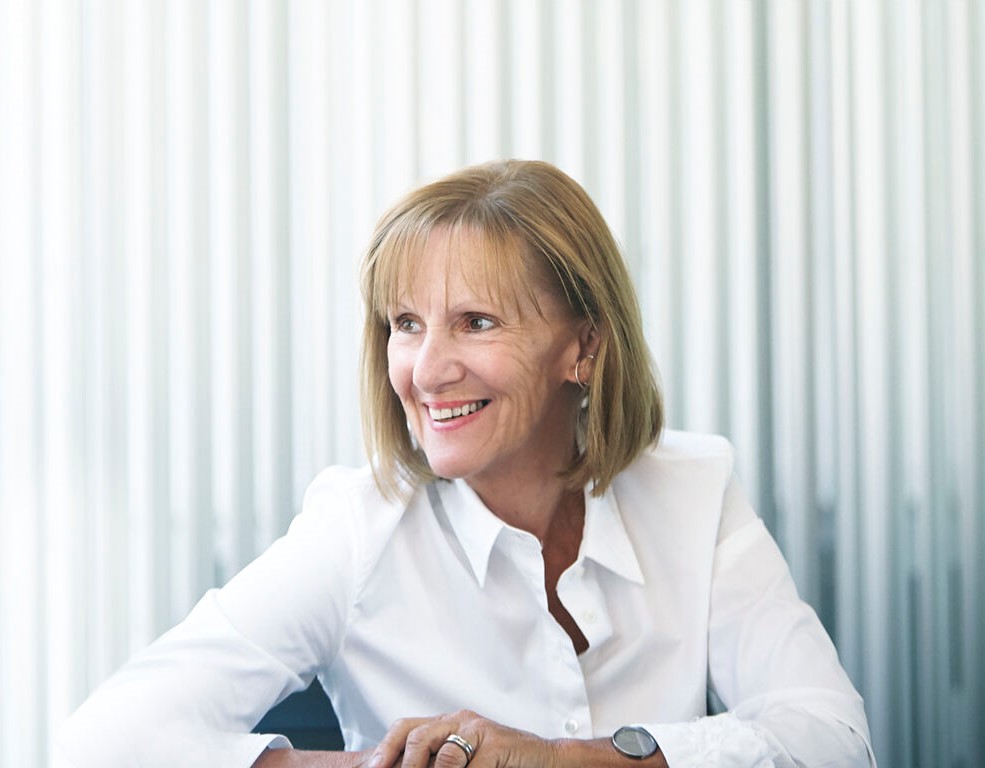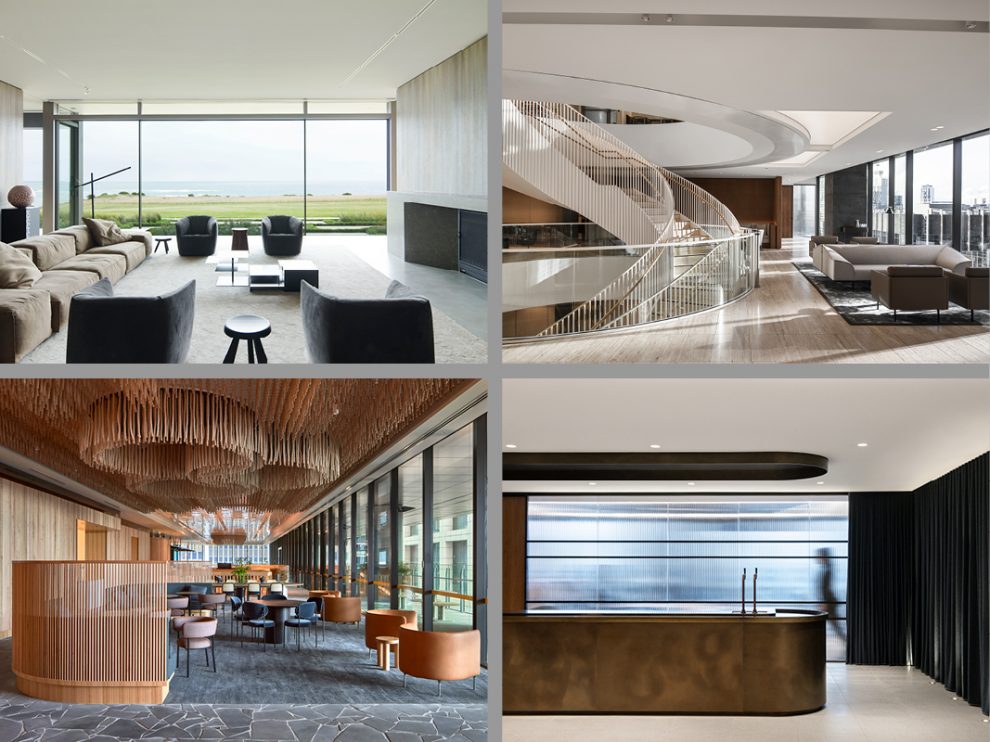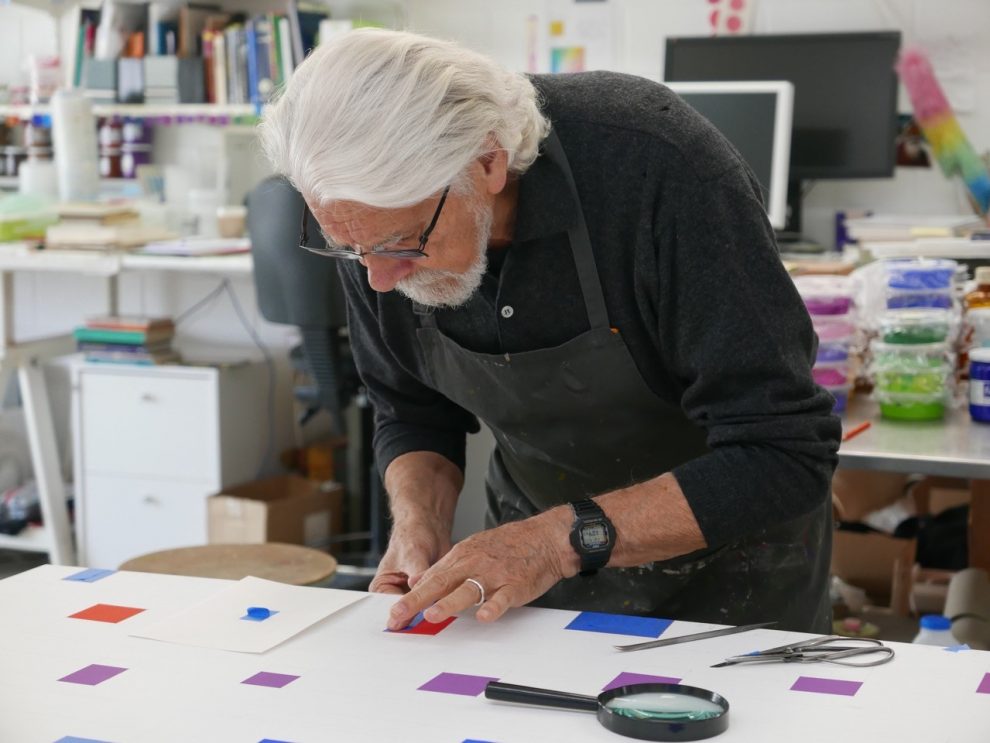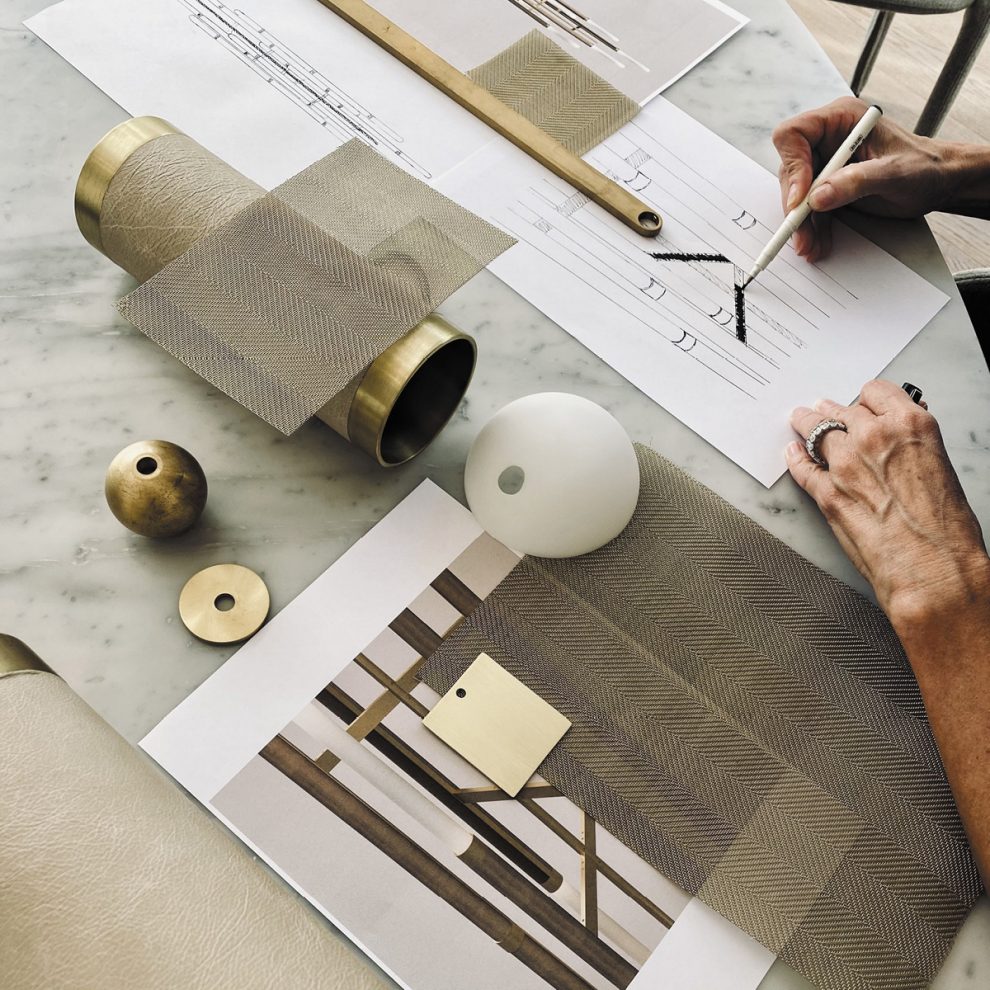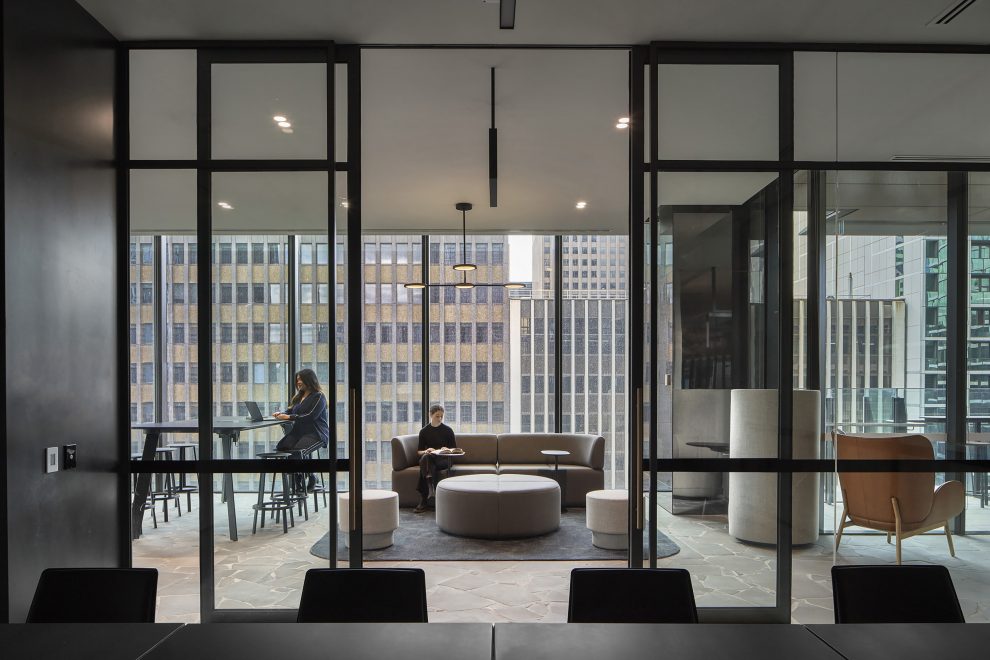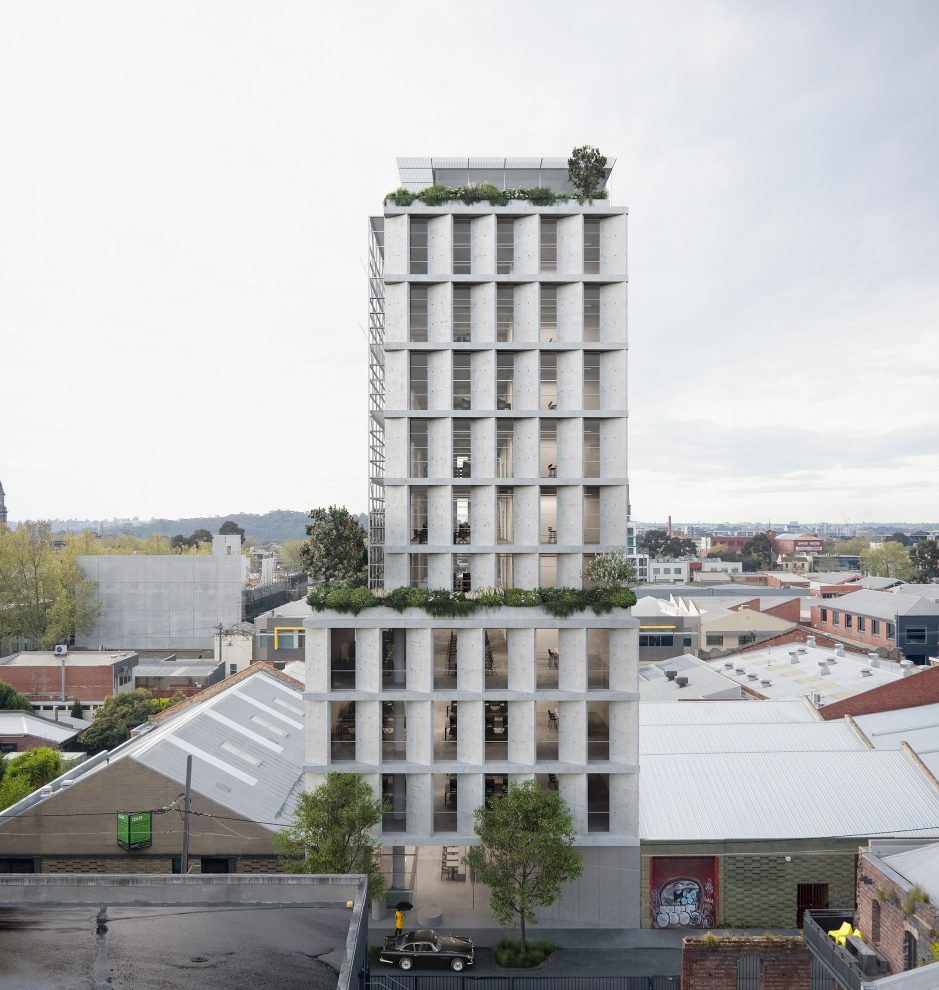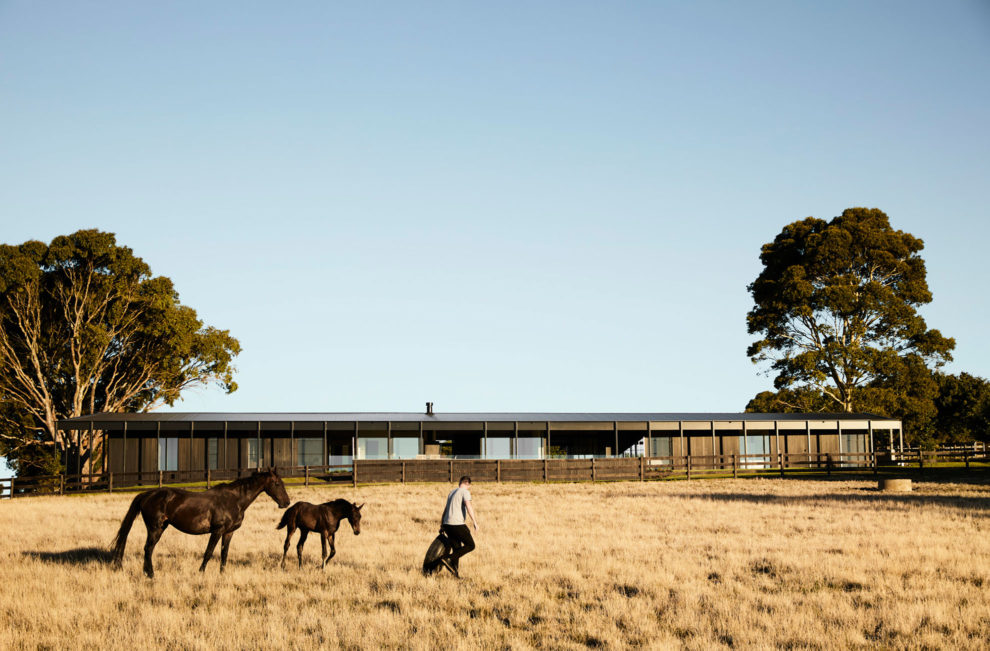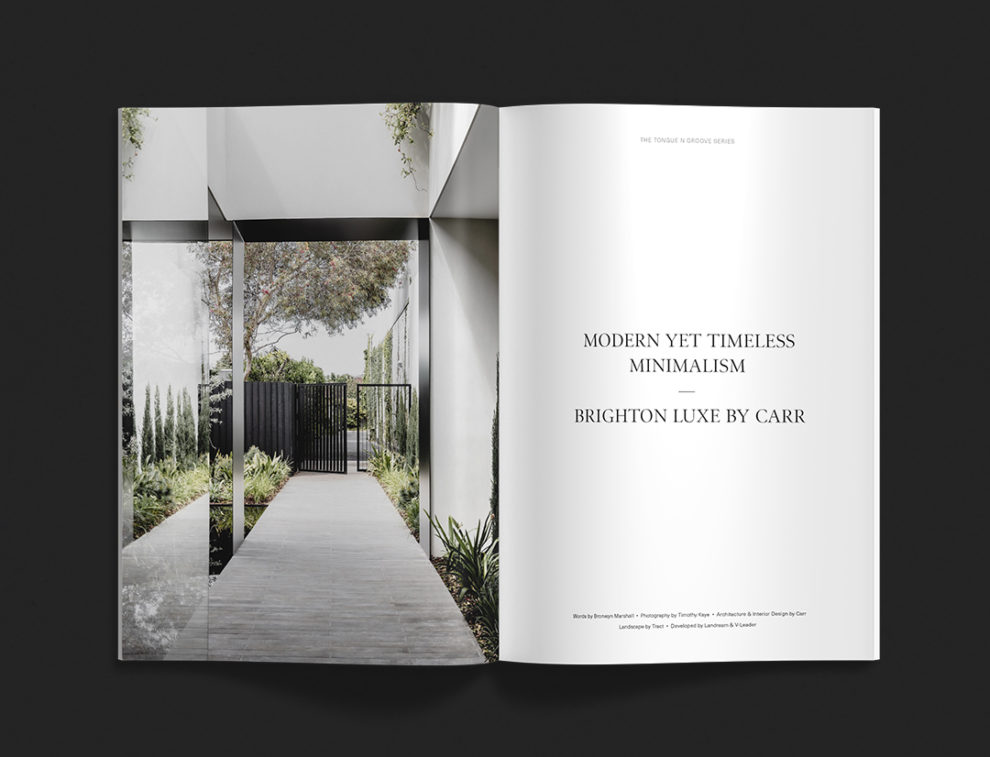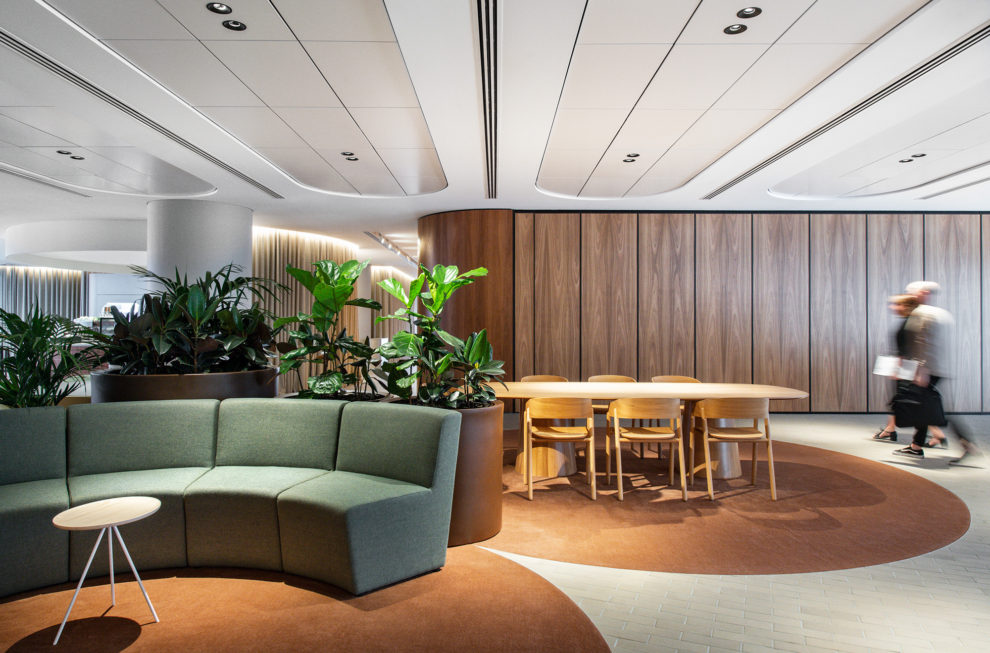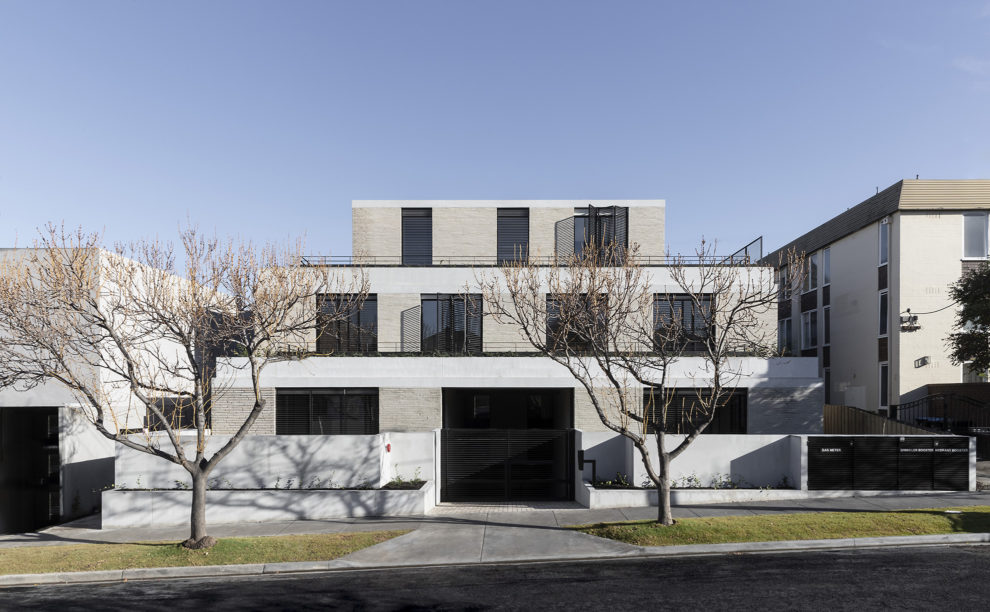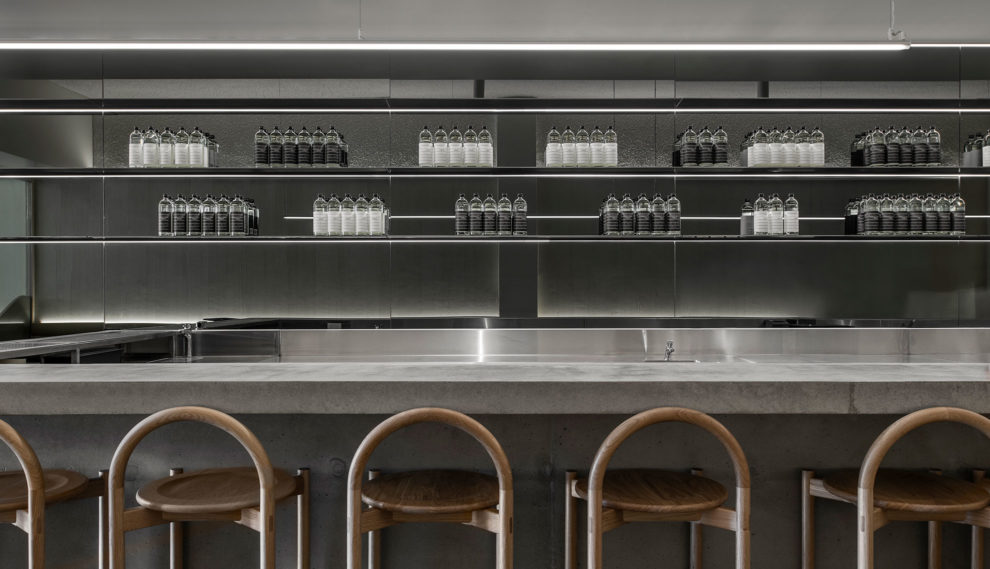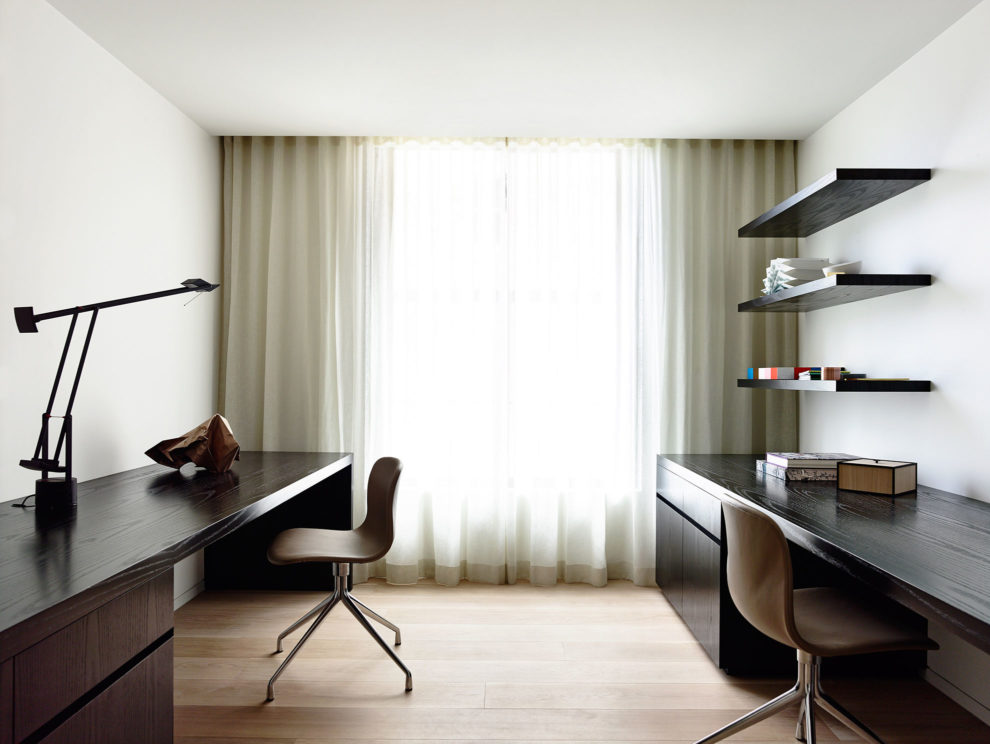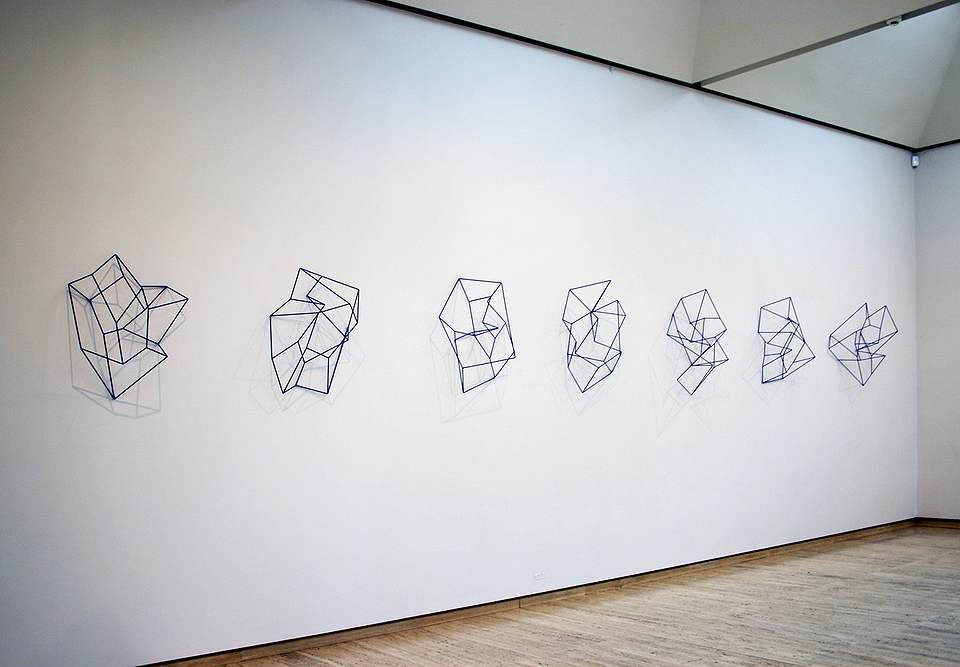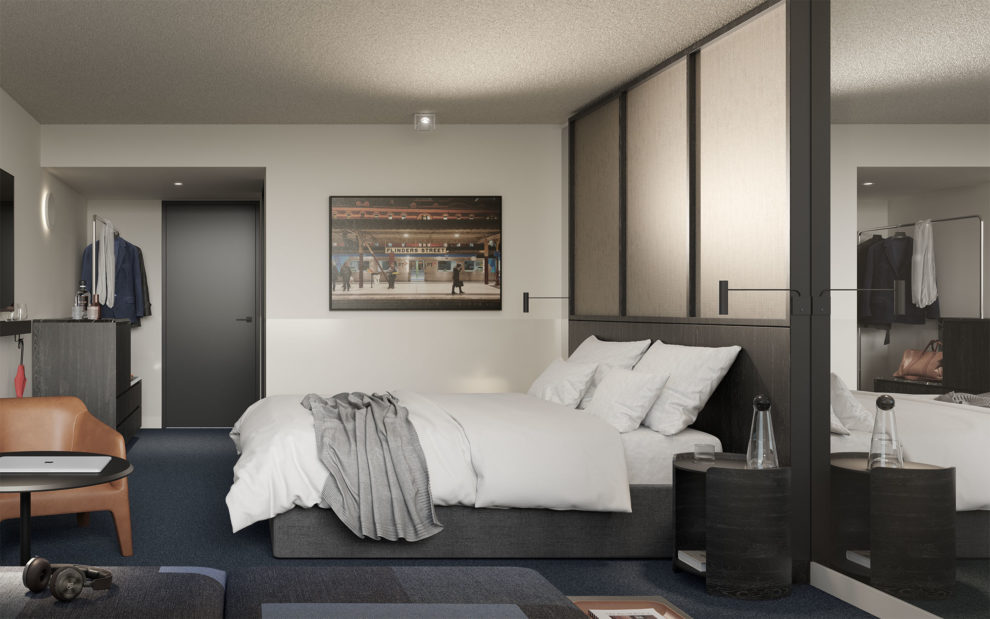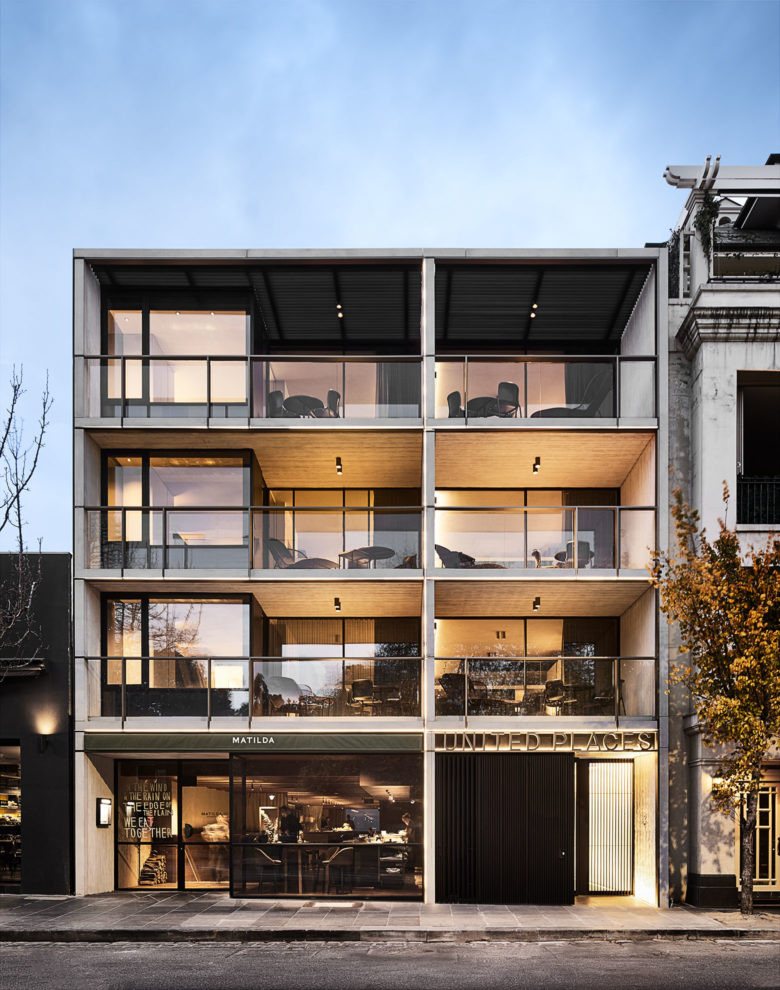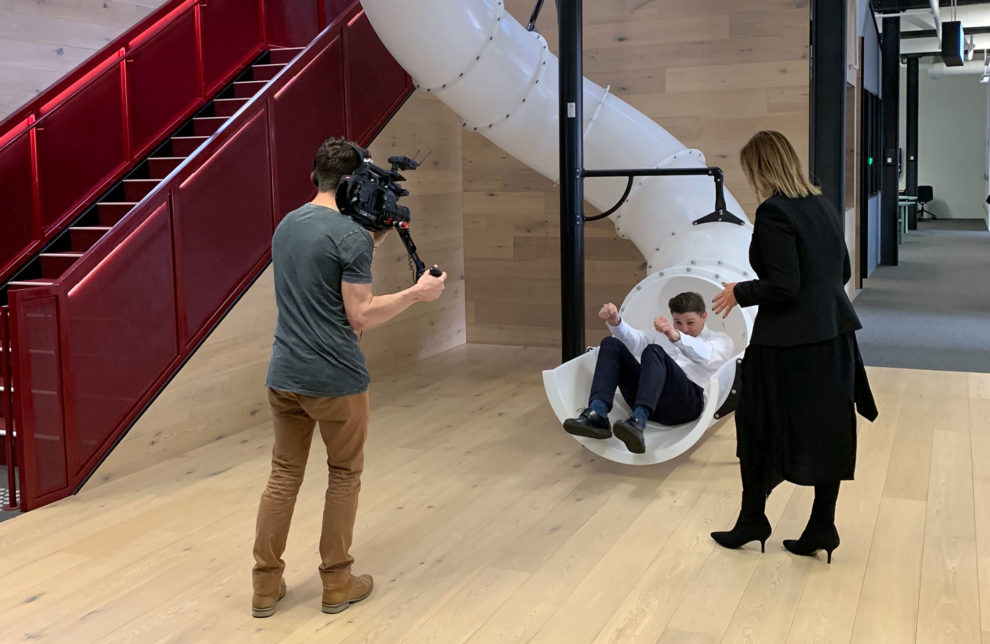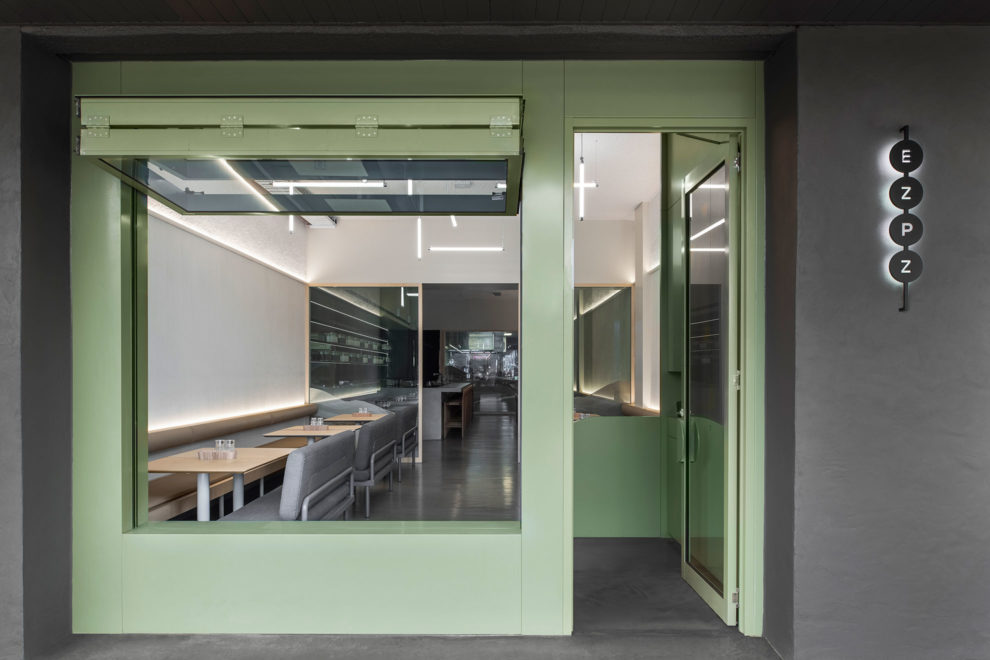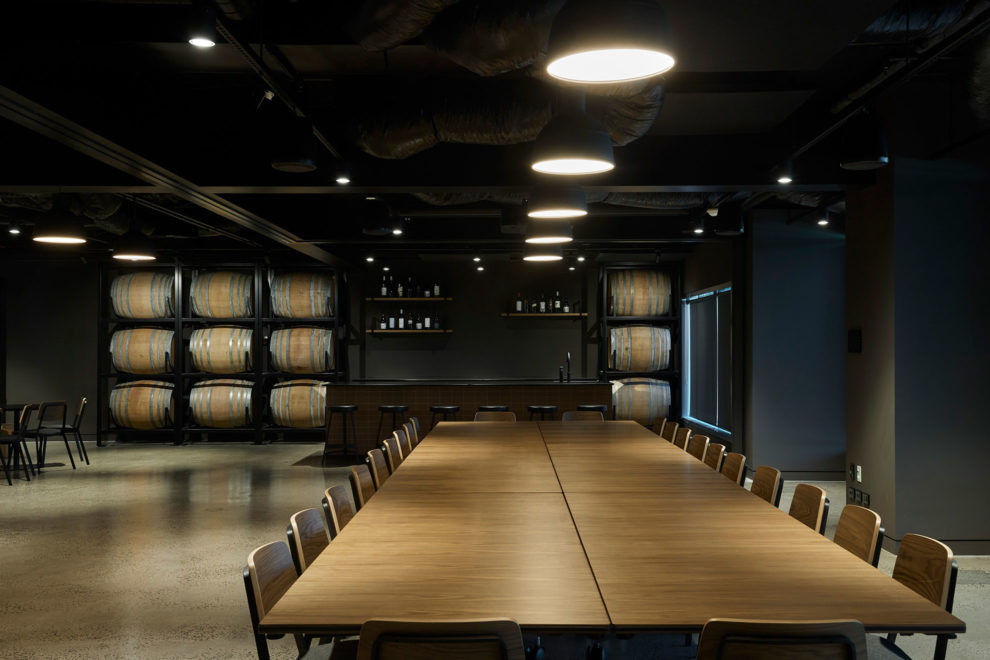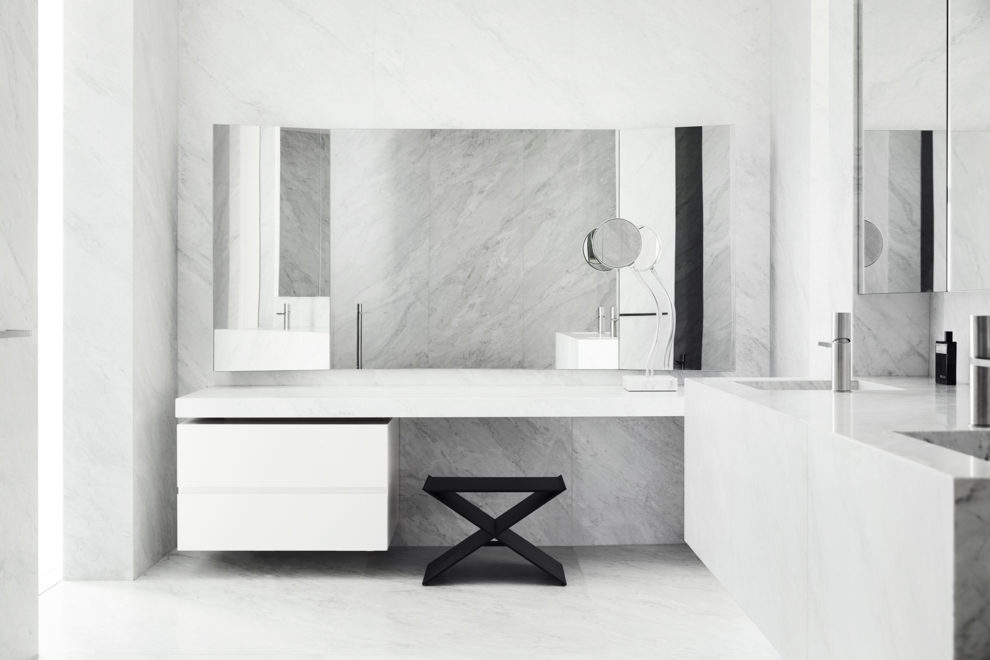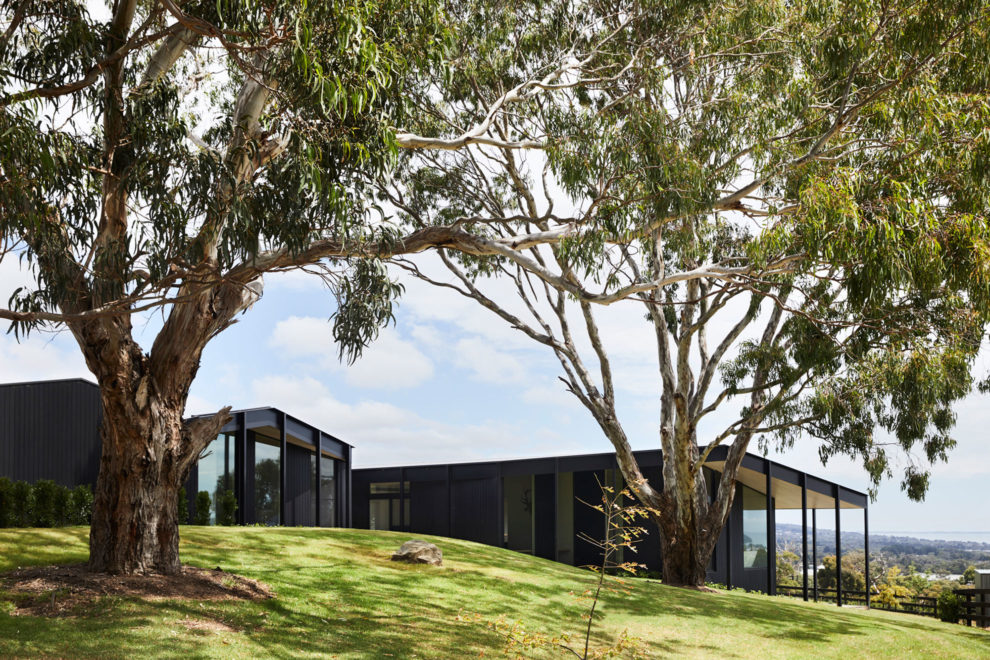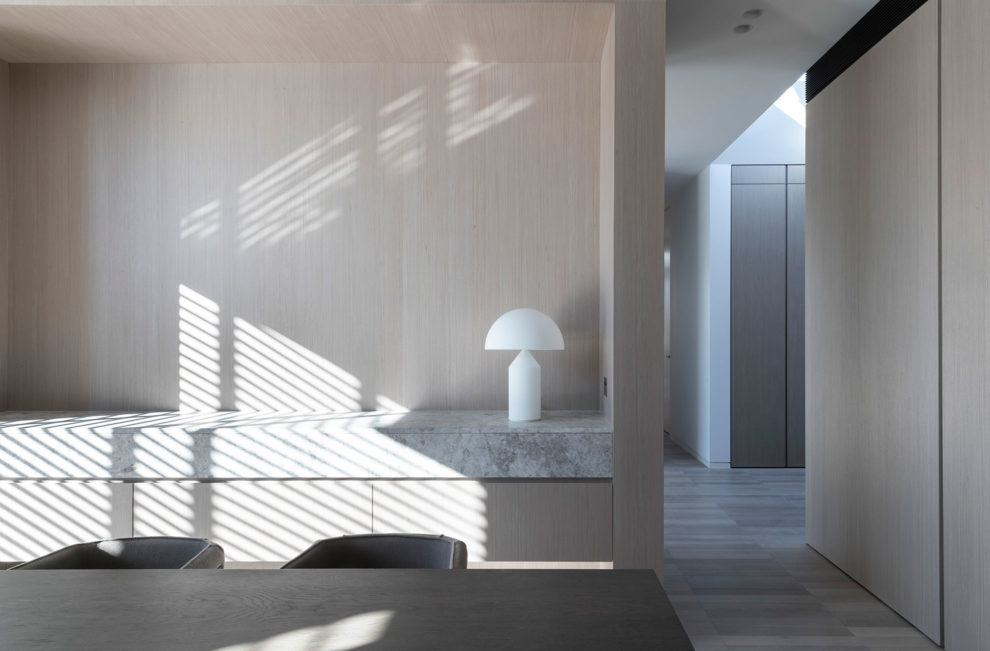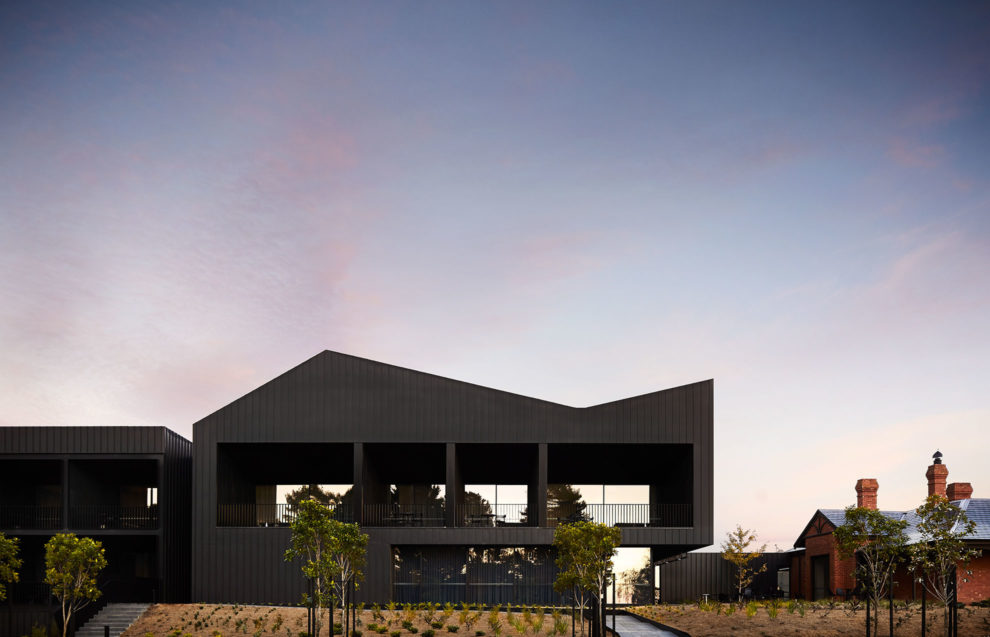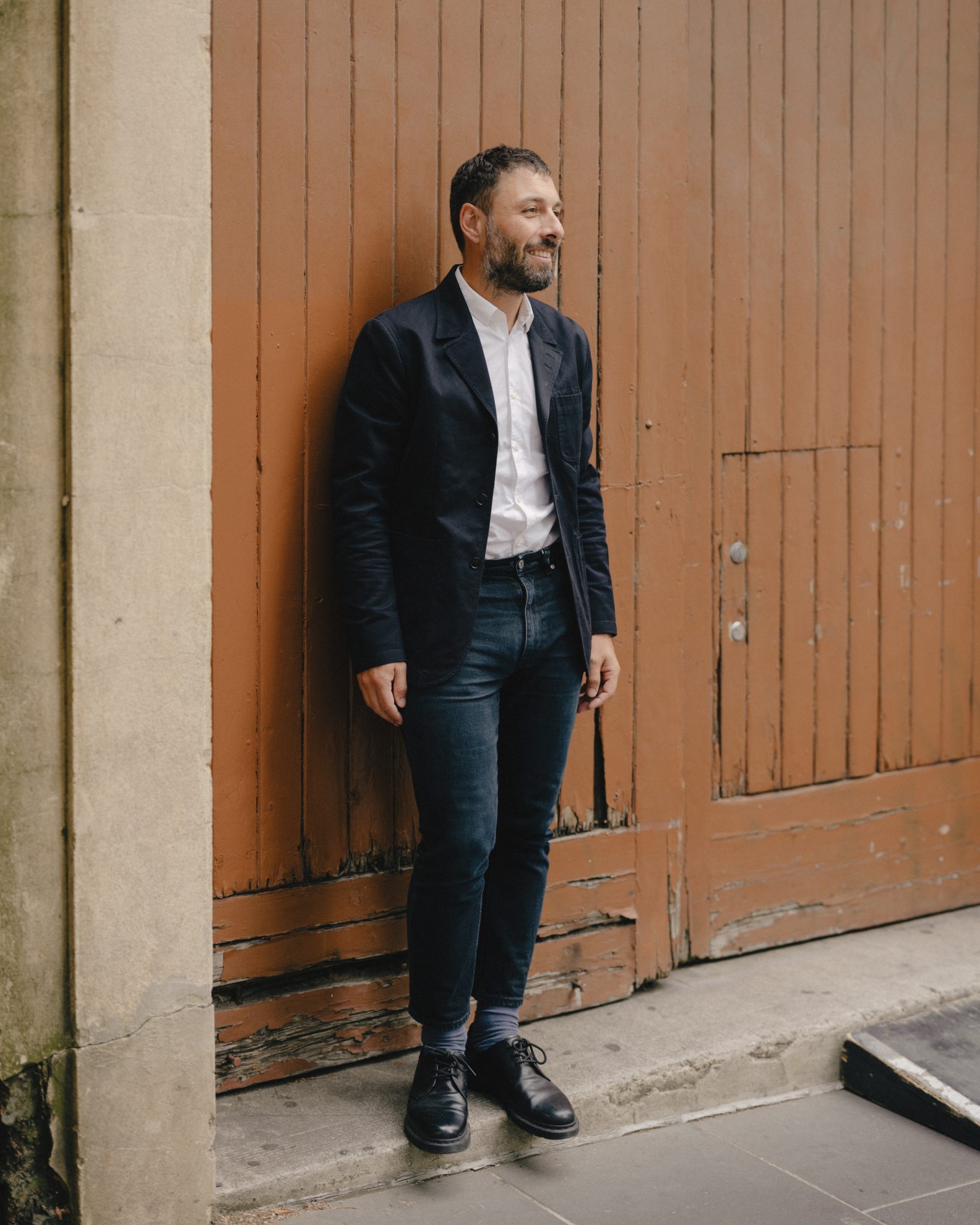
Joining Carr as an Associate, Interior Designer Christian Grossi offers a holistic approach to our team, projects, and the design profession. Beginning his career in engineering and industrial design, Christian implements this hyper-detailed and technical decision-making to projects, while also absorbing crucial contextual factors.
Aligning with Carr’s integrated consideration for those who inhabit our spaces, Christian believes productive and inclusive design lies in diligent research to be as user-focused as possible. We talk with Christian about his passionate and award-winning approach to universal design, and how commercial interiors set the perfect stage for its implementation.
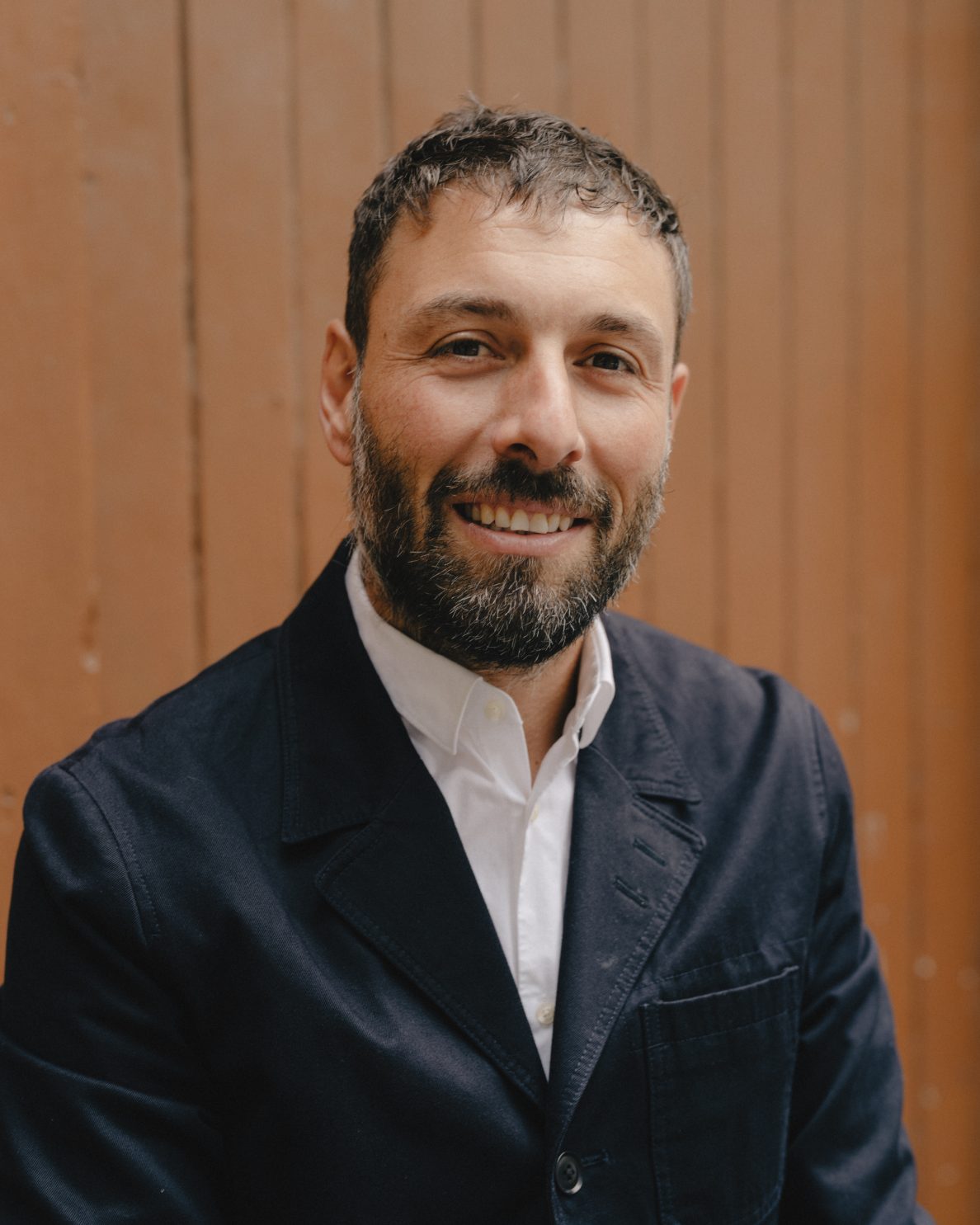
“I have a very strong persistence to be constantly learning,” says Christian. “That’s what I enjoy about commercial interiors, the benchmark of good design is always evolving and it’s a space that is presented with simplicity yet engages so many stakeholders, it’s quite complex.”
Across the board
Skilled at translating a client’s vision into a reality, Christian decodes the logical intricacies of the brief into a series of realistic moves that are constantly focused on the end user. With a background in furniture and automotive design, Christian is always thinking about how accessible a ‘product’ is for the broadest cohort of people. While the term ‘generic’ doesn’t possess the most positive connotations in design, it does certainly mean inclusive. “An important part of the research within interior design is finding out who’s coming through the door and using the space. This demographic identity is crucial for setting up client buy-in. It needs to work for everyone.”
To illuminate this point, Christian cites an example back in his university days, when he first came across universal design principles. The class was tasked with designing a series of tables that were specific to different cultures, with the final step being to craft just one table for universal use. “I was the only student who made my final table DDA compliant (the Disability Discrimination Act). That’s when I realised I considered things differently.”
I think in realist terms. Some people think that suffocates creativity, but it doesn’t. It fuels a need to learn.”
Asking the right questions
“I think in realist terms,” explains Christian. “Some people think that suffocates creativity, but it doesn’t. It fuels a need to learn.” When walking through a space, he is always looking around and researching who worked on the project to understand why and how things were done – for good or worse. It’s this tenacity to learn that spurs him to ensure universal accessibility is never a second thought but rather, right at the forefront of all decision-making. “I am often the one who recognises problems early on. It’s always more commercially and aesthetically beneficial for the client, project team, and end-user to solve the issue straight away,” he says.
Narrowing in on the client’s perspective, universal design principles ensure the longevity and reliability of the building for longer, which is also an abiding vision of the studio. But beyond just a structural level, the essence of the space thinks about more people, which as Christian explains, is just a matter of ethics, “We’ve got to be thoughtful, that’s a simple fact that we’ve got to bring to all our work, particularly when designing a workplace that people visit nearly every day. It is non-descript of who you’re going to have in your workforce, so as a designer, decisions should be based on necessity not just superfluous reasons.”
Smarter not harder
One misconception surrounding universal design is that it negatively impacts overall aesthetics and value. To rectify these concerns, it’s best to approach them head-on. “There are multiple ways to design around ‘not so nice’ DDA equipment. And it’s got to happen in the planning stages. It’s not an option anymore to just conceal the mechanism – and the people living with a disability – down the track,” says Christian. Poor DDA planning is often seen in hidden corridors with separate entrances from the main access point, which on a moral level, is problematic. “You might tick the box, but you haven’t really solved any problems or added value. You’ve just pretended like those people don’t exist.” By utilising the same area to facilitate everyone, you improve efficiency in spatial design and perception by all.
To achieve these universal design goals, Christian is currently developing a broad but effective technical review stage to incorporate a series of checklists across a project’s milestones and beyond. This will then feed into developing a series of tools, scenarios and strategies of tried and tested solutions the studio can reference to ensure good universal results. It’s this total commitment to design excellence that consistently defines the Carr approach on all projects.
While some of these principles can seem labyrinthine, for Christian, it’s simple – universal design is good design. “At the end of the day, the workplace draws one of the most diverse crowds you can find. And it’s a sector that genuinely affects people’s lives. We should always be uncovering and fulfilling ways to make it as inclusive as possible.”
Connect with Christian to learn more about achieving universal design in the workplace.


